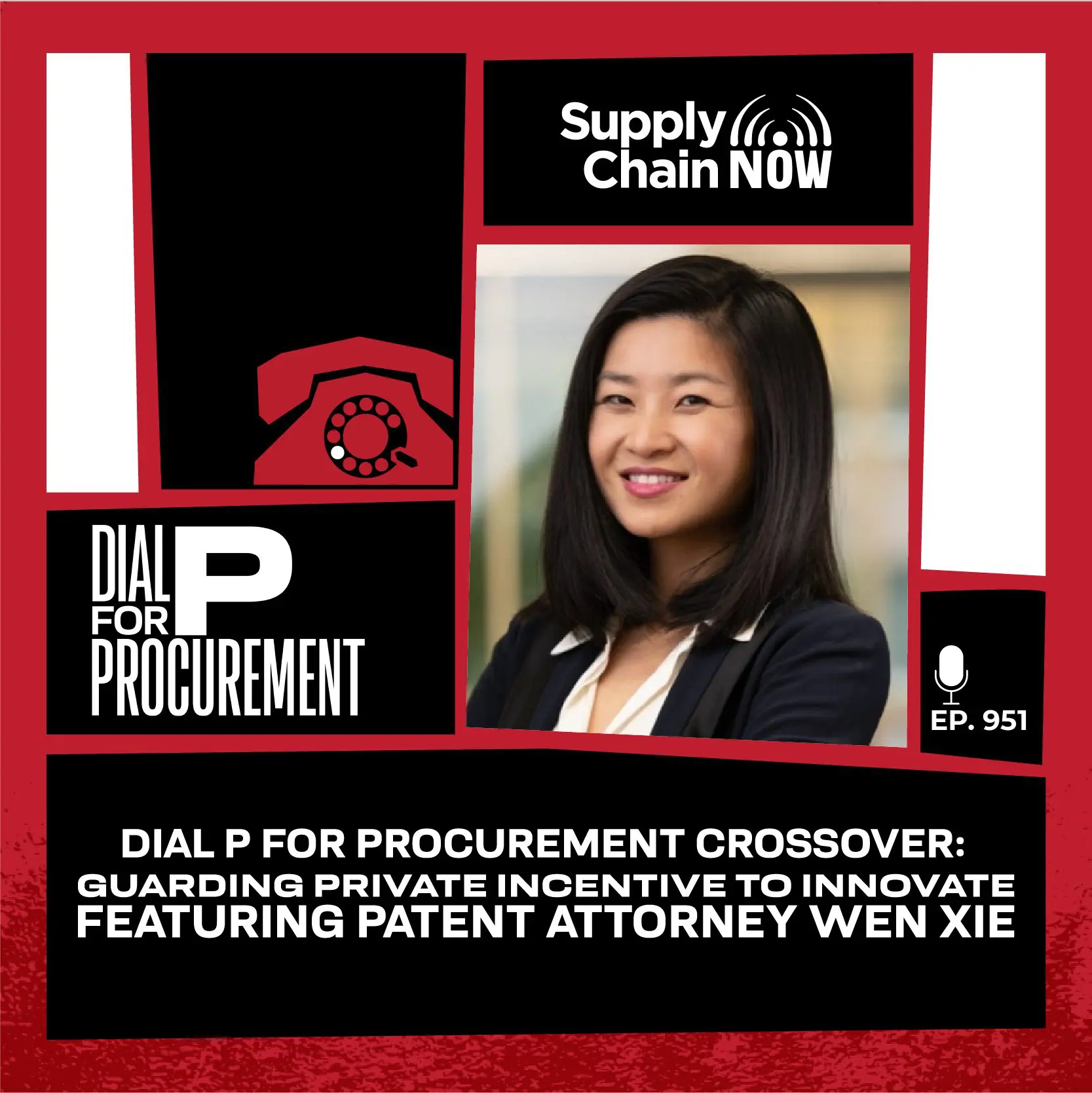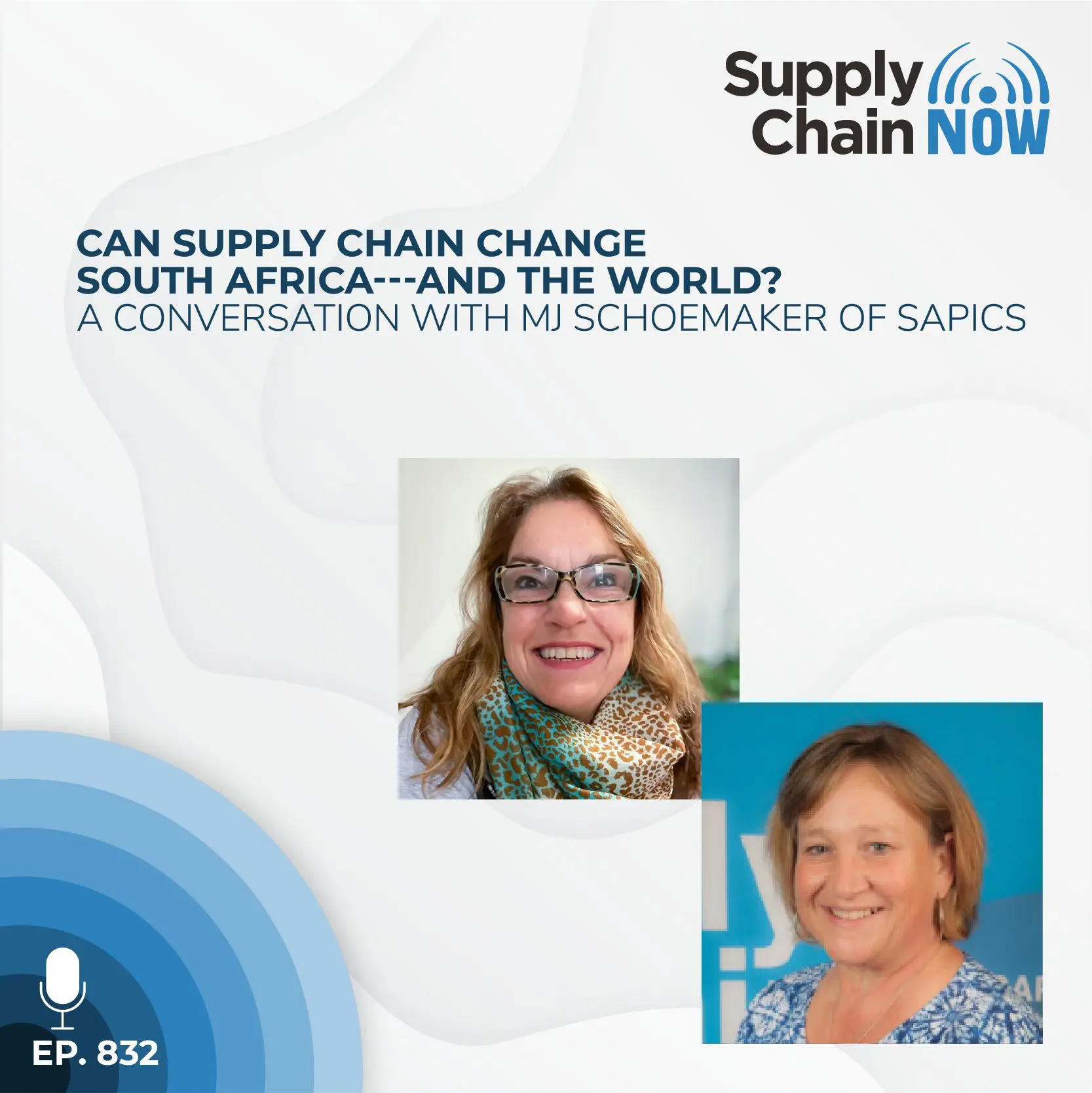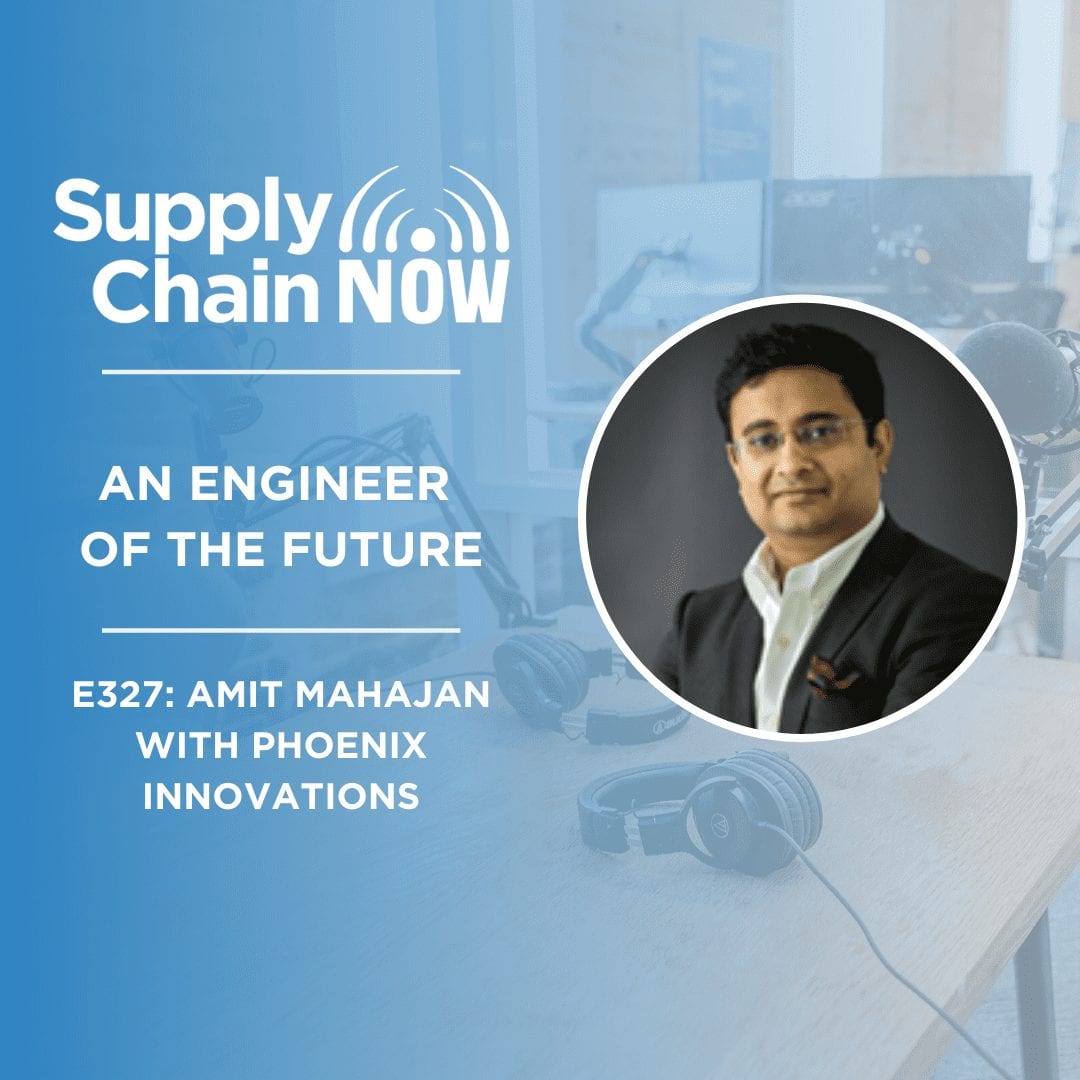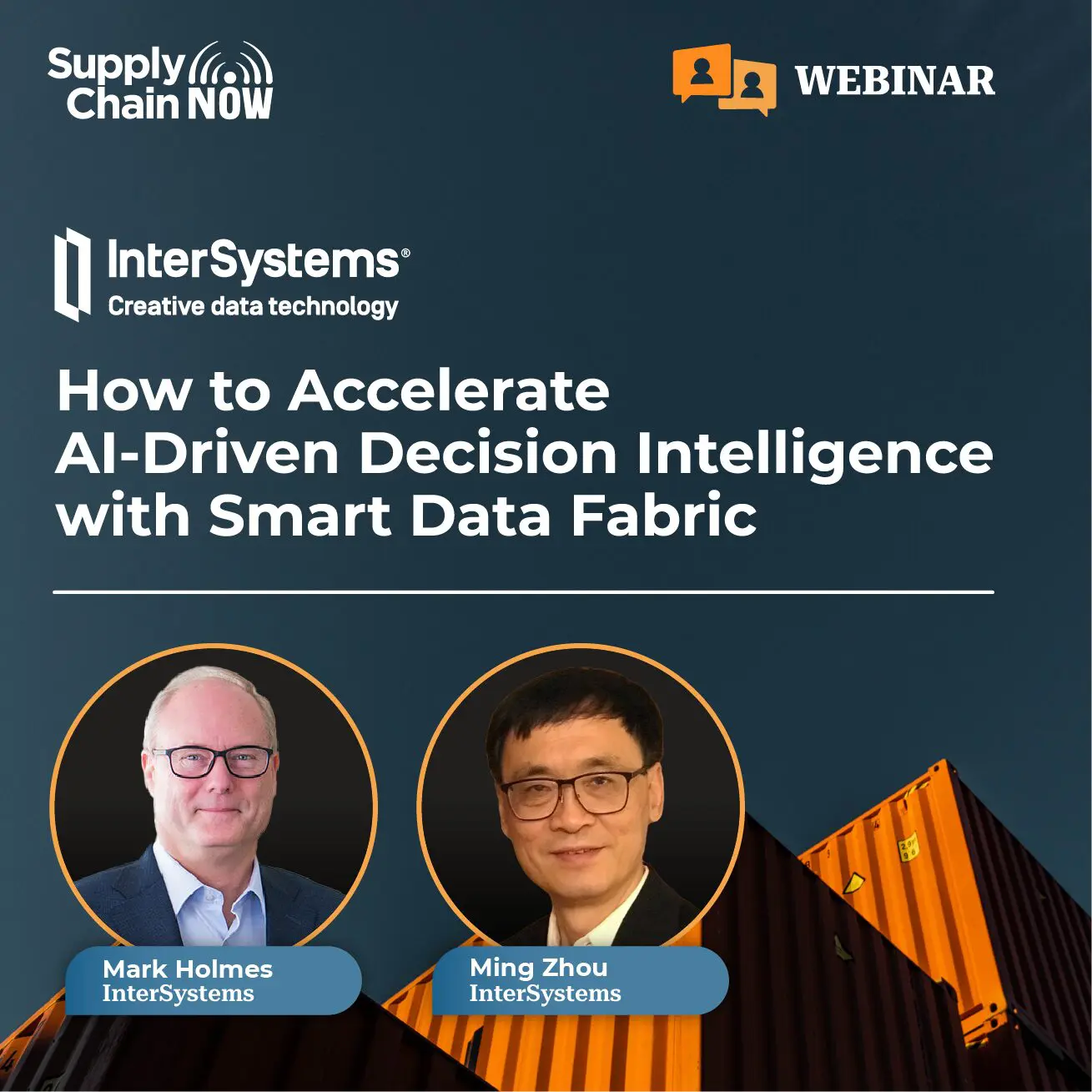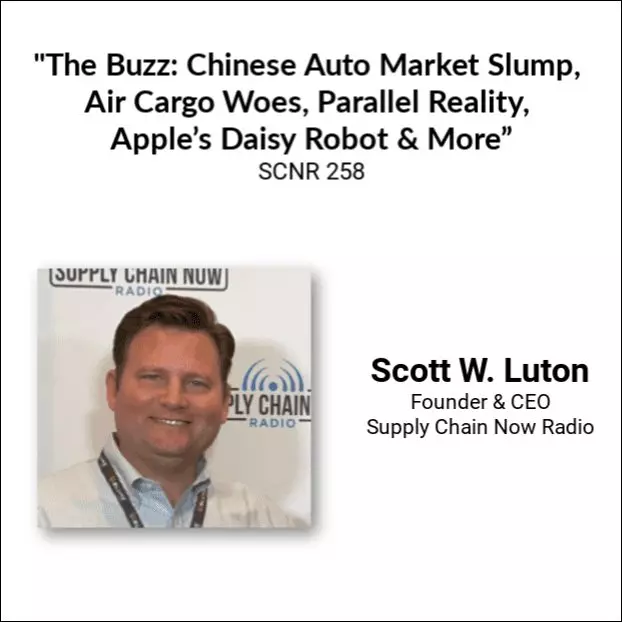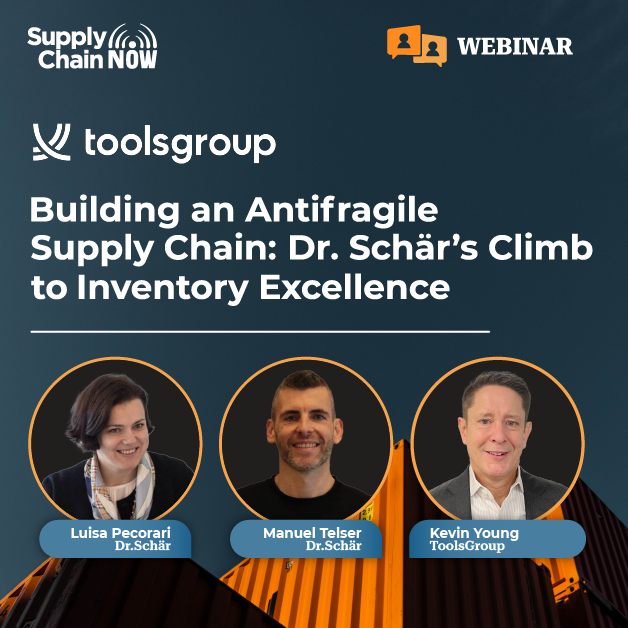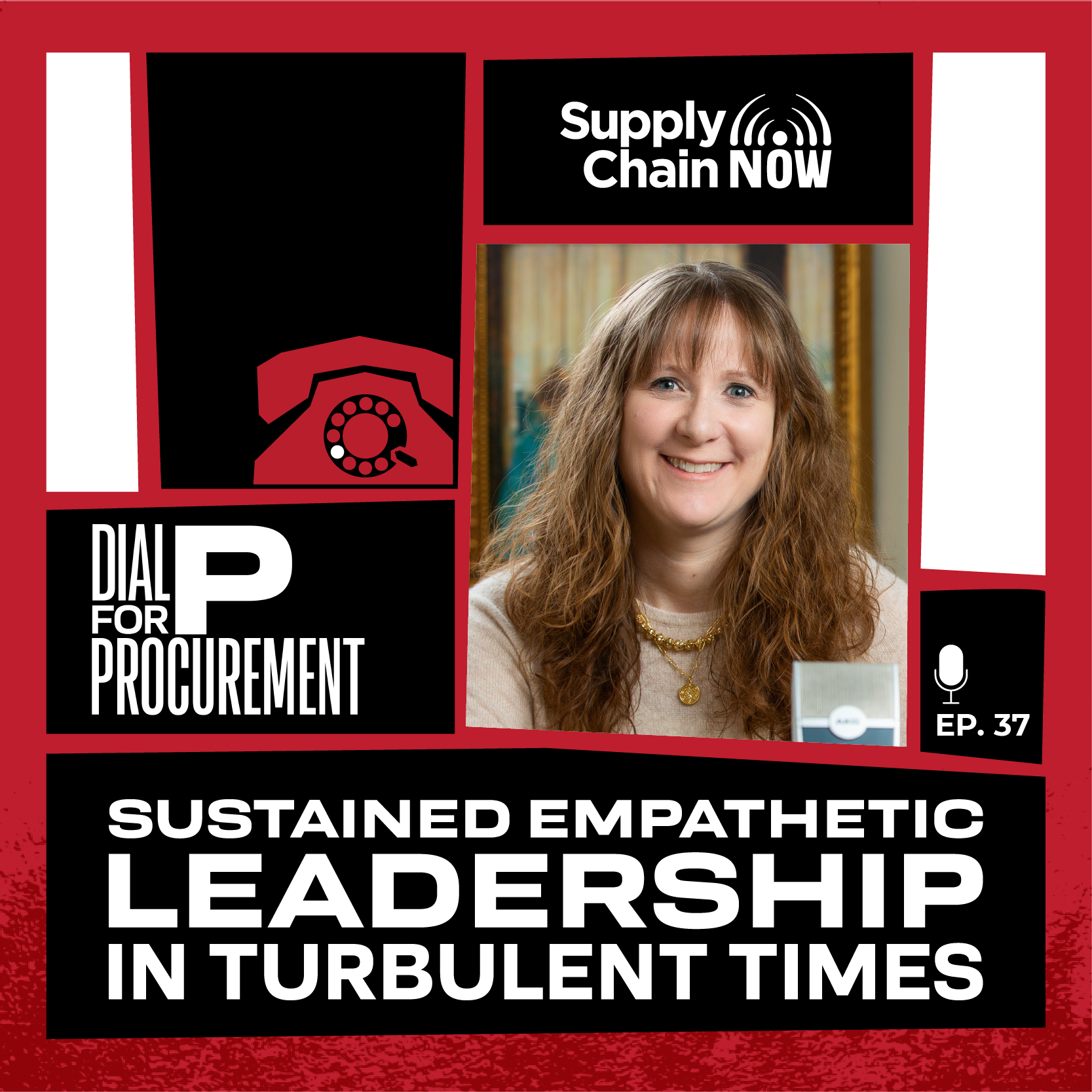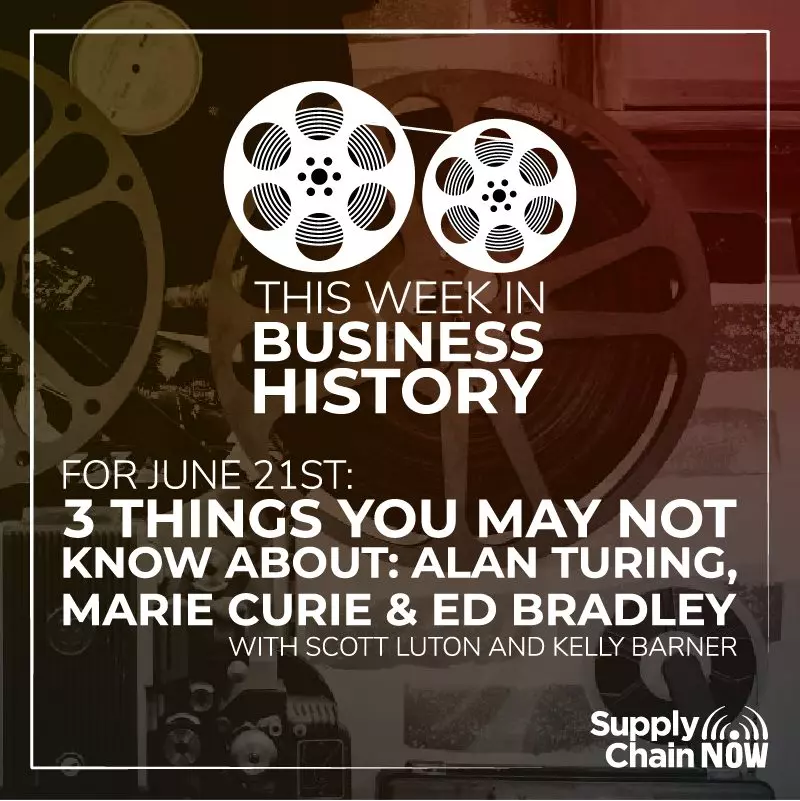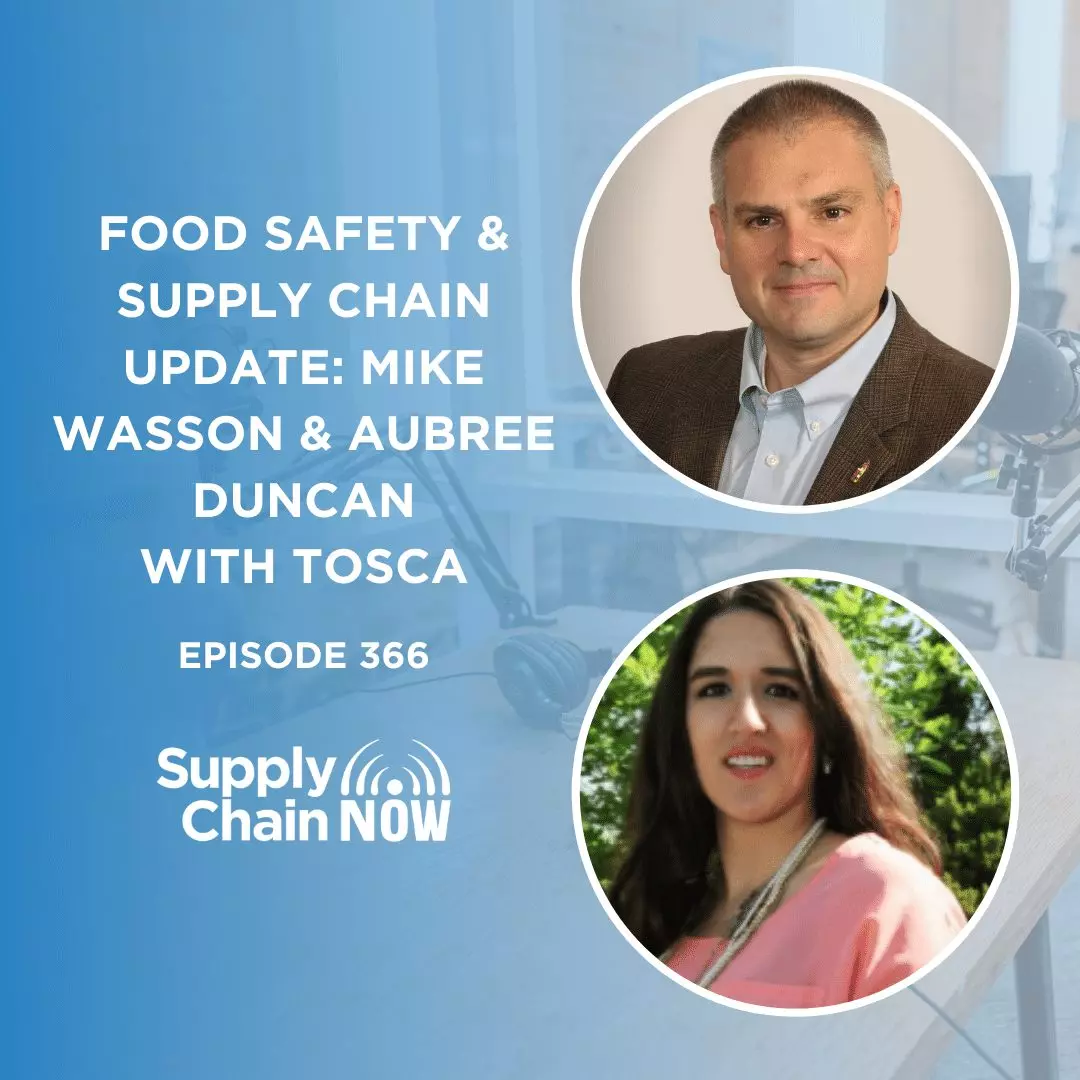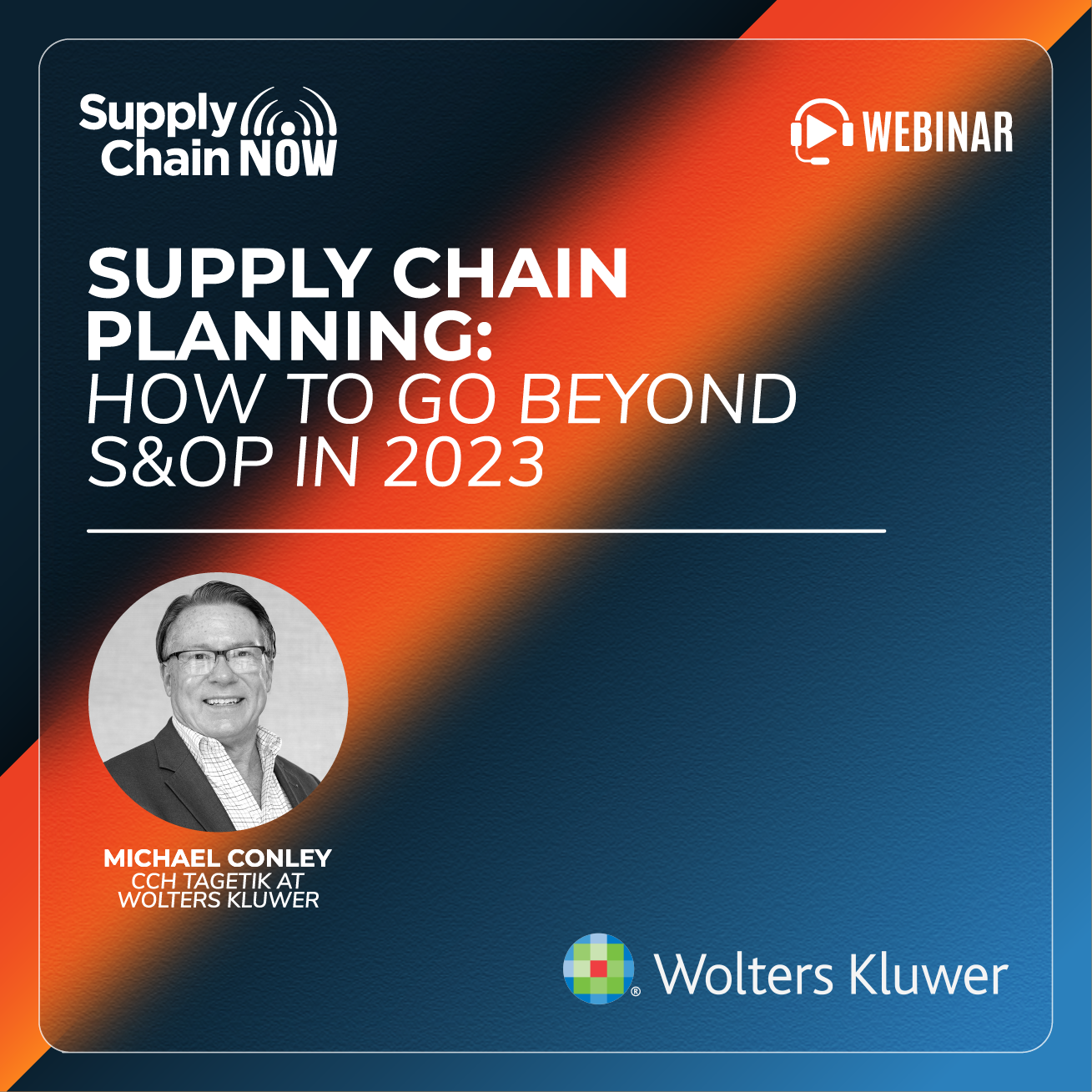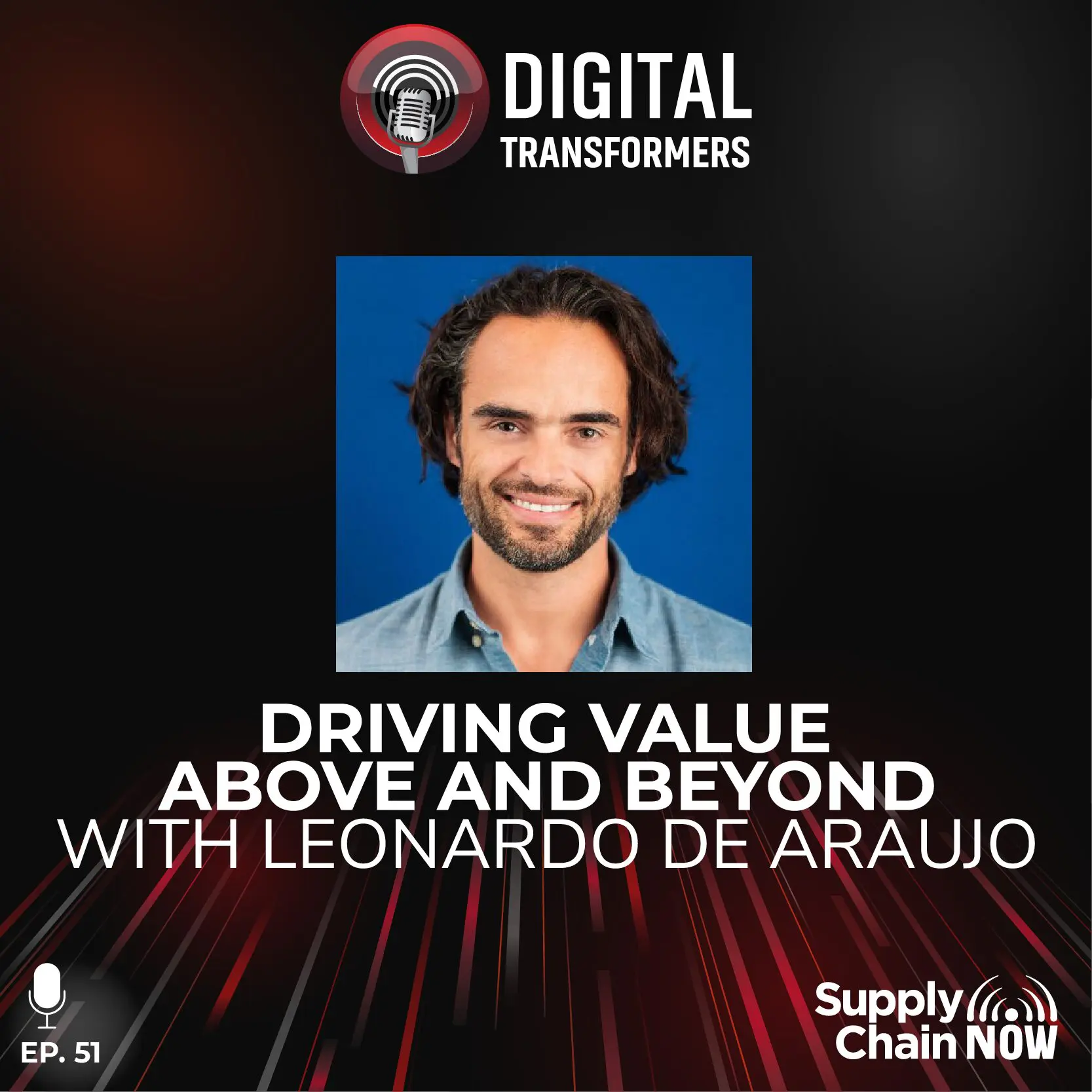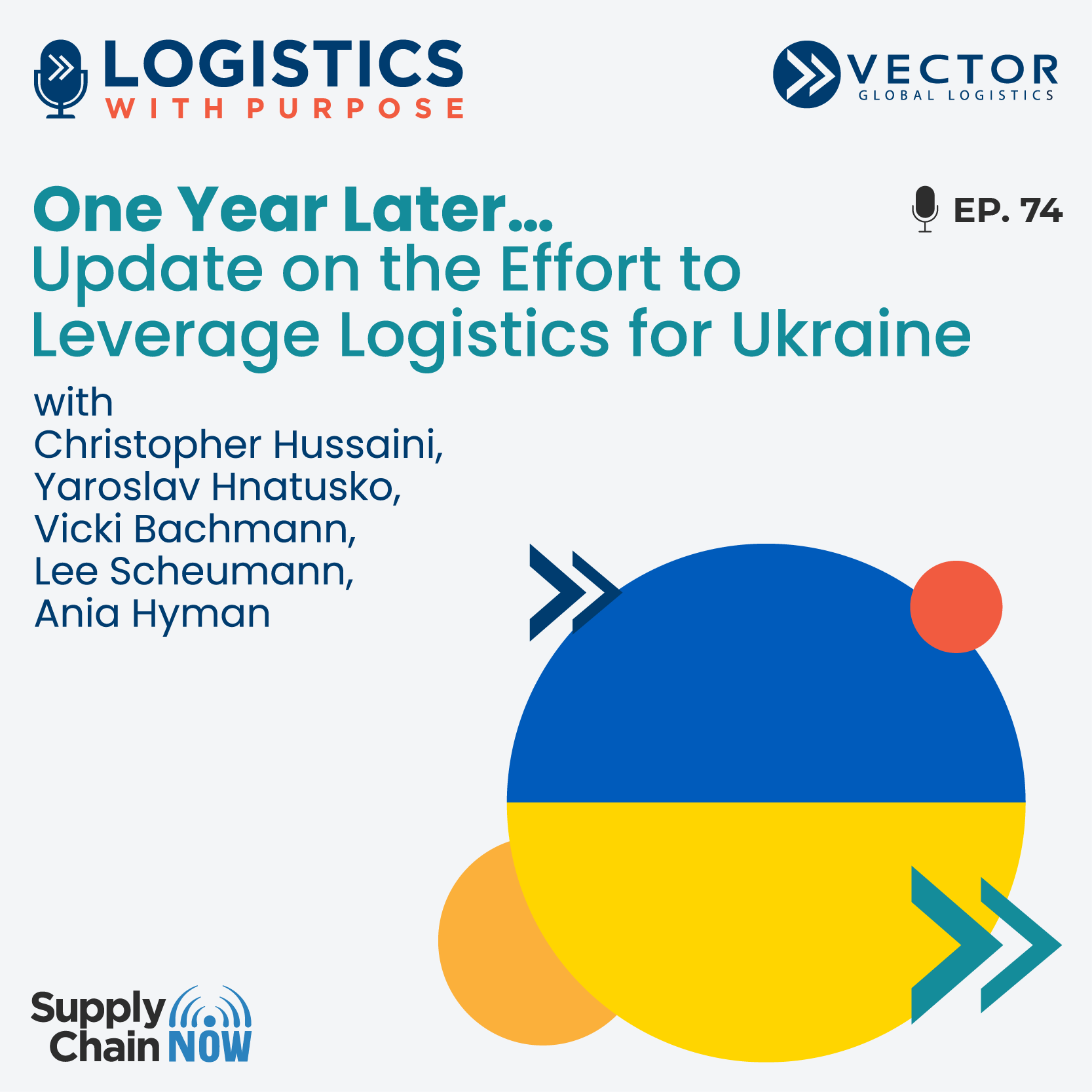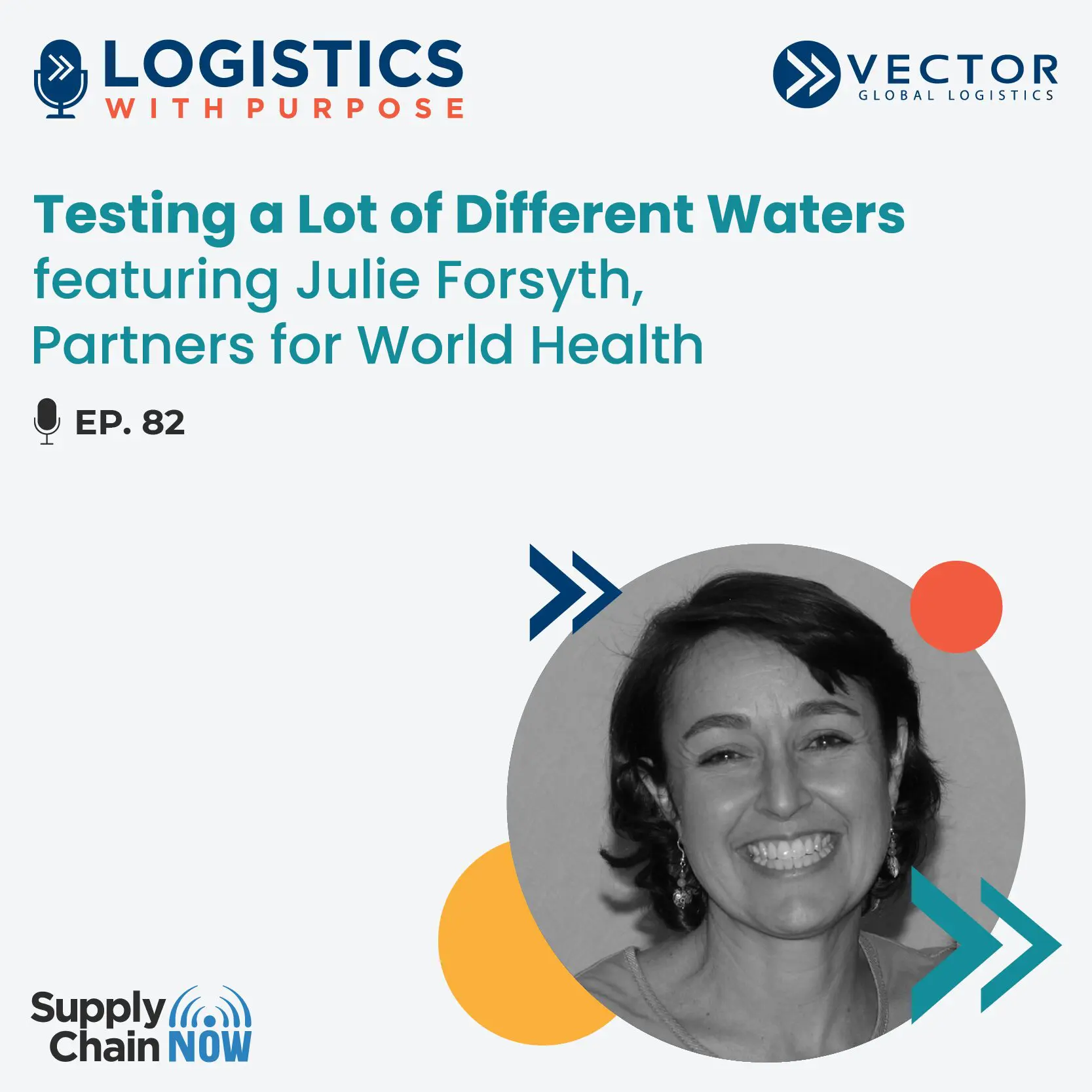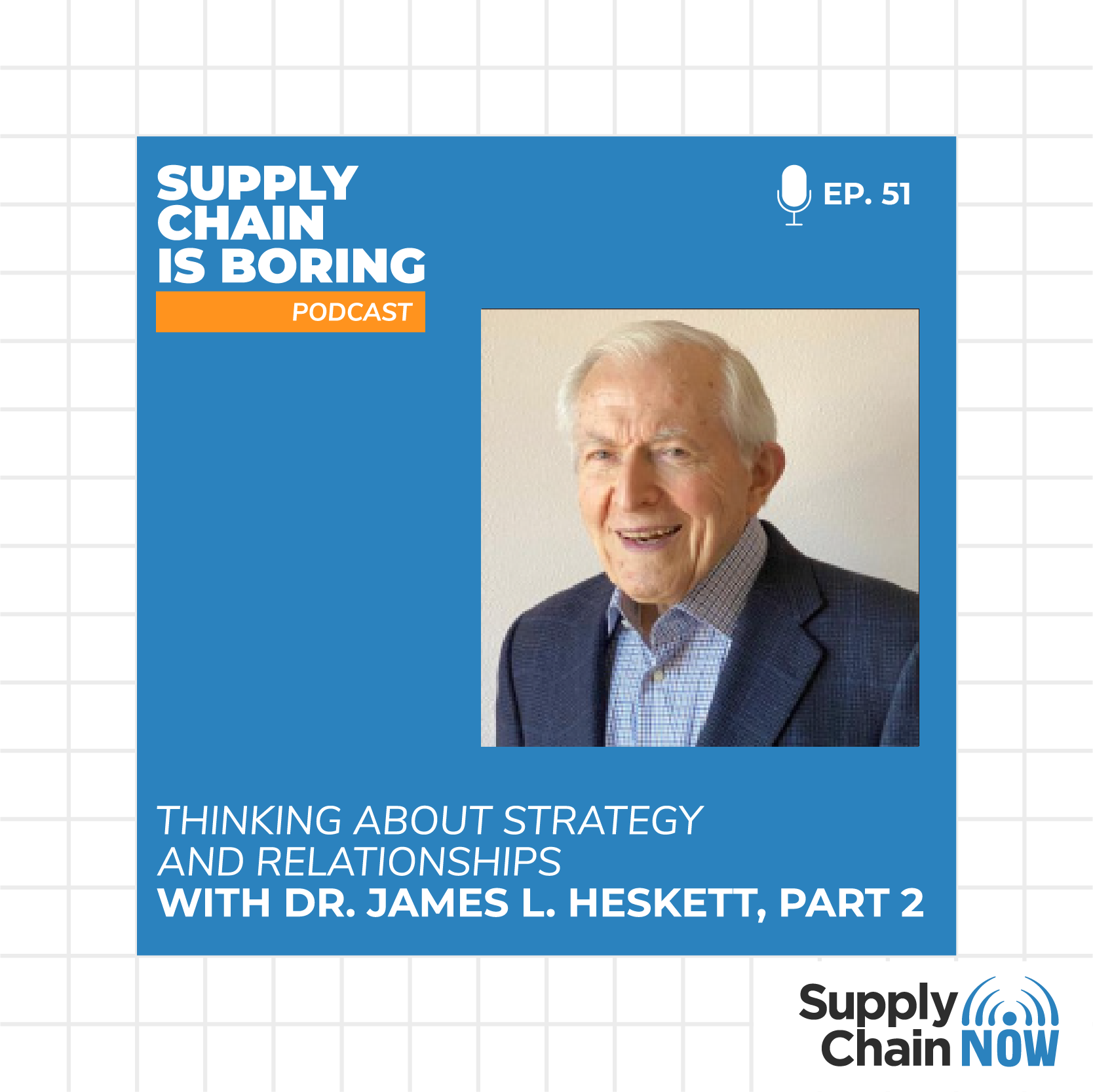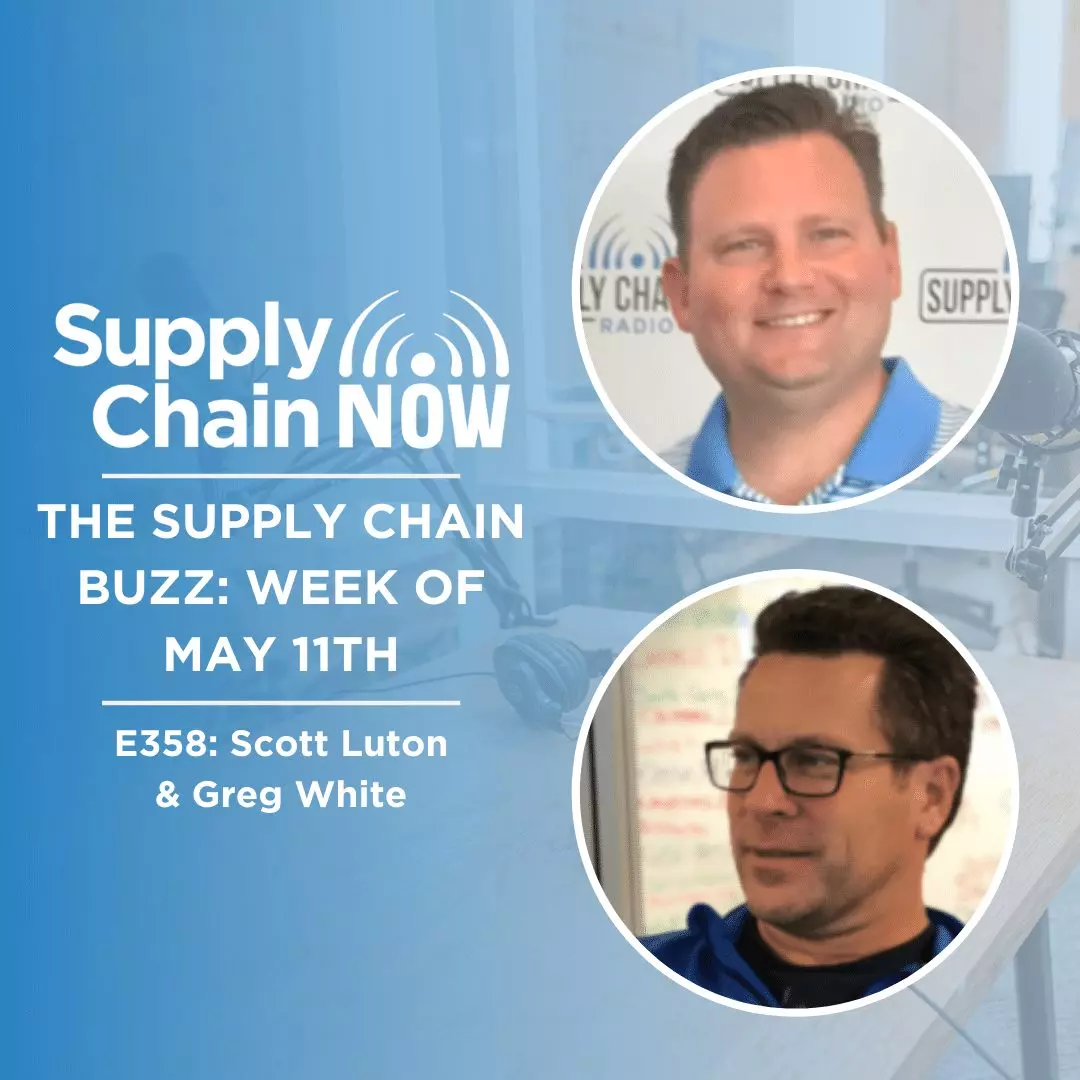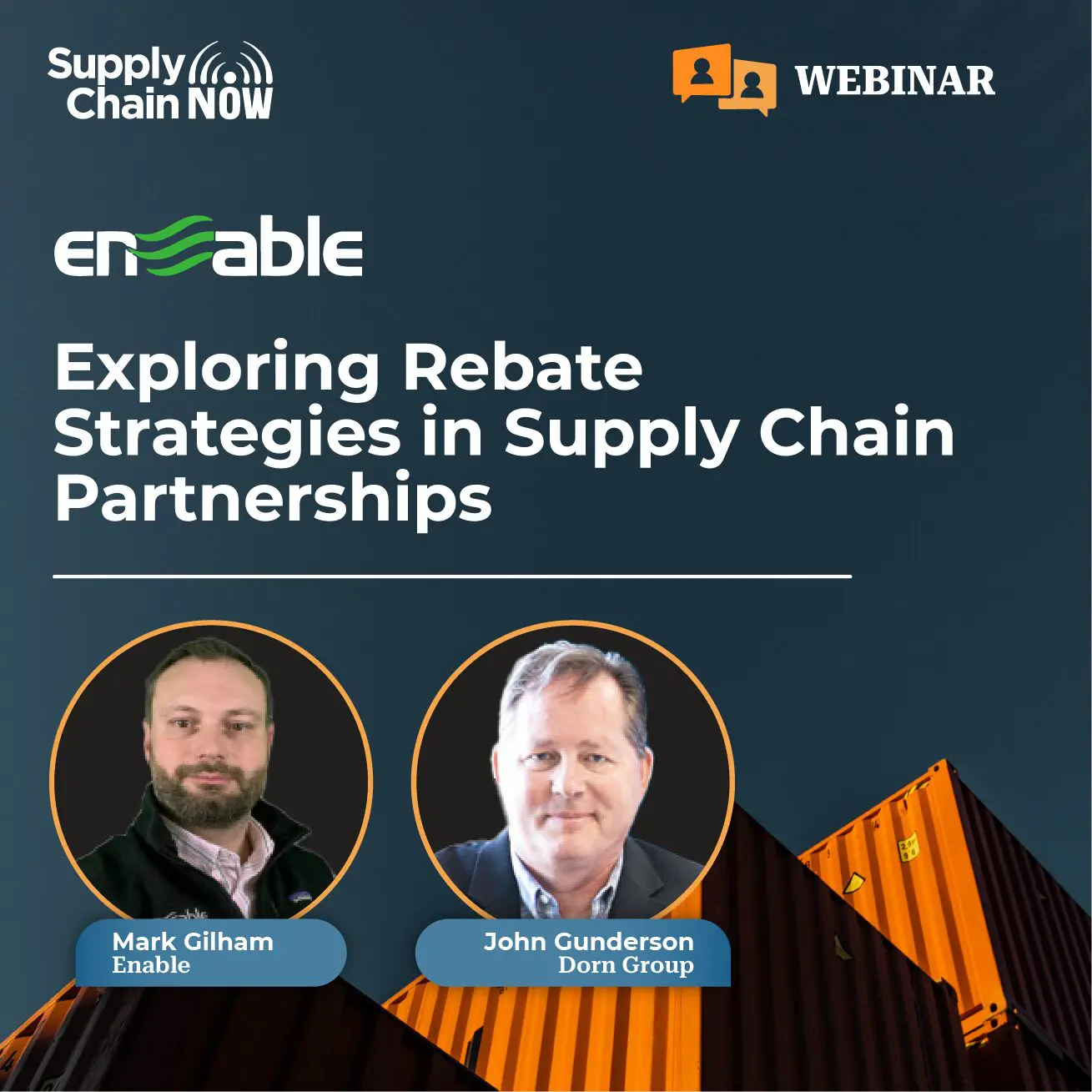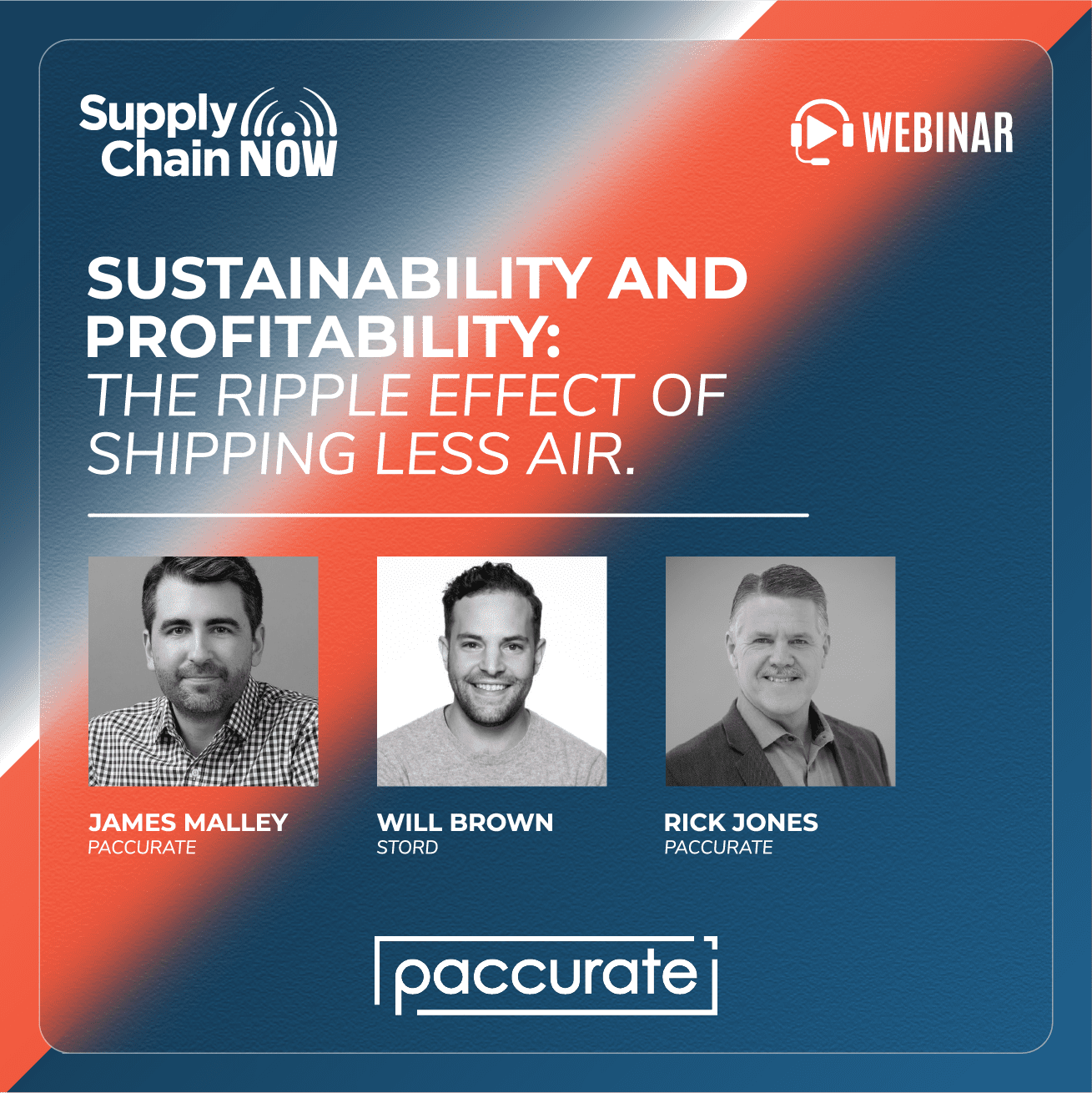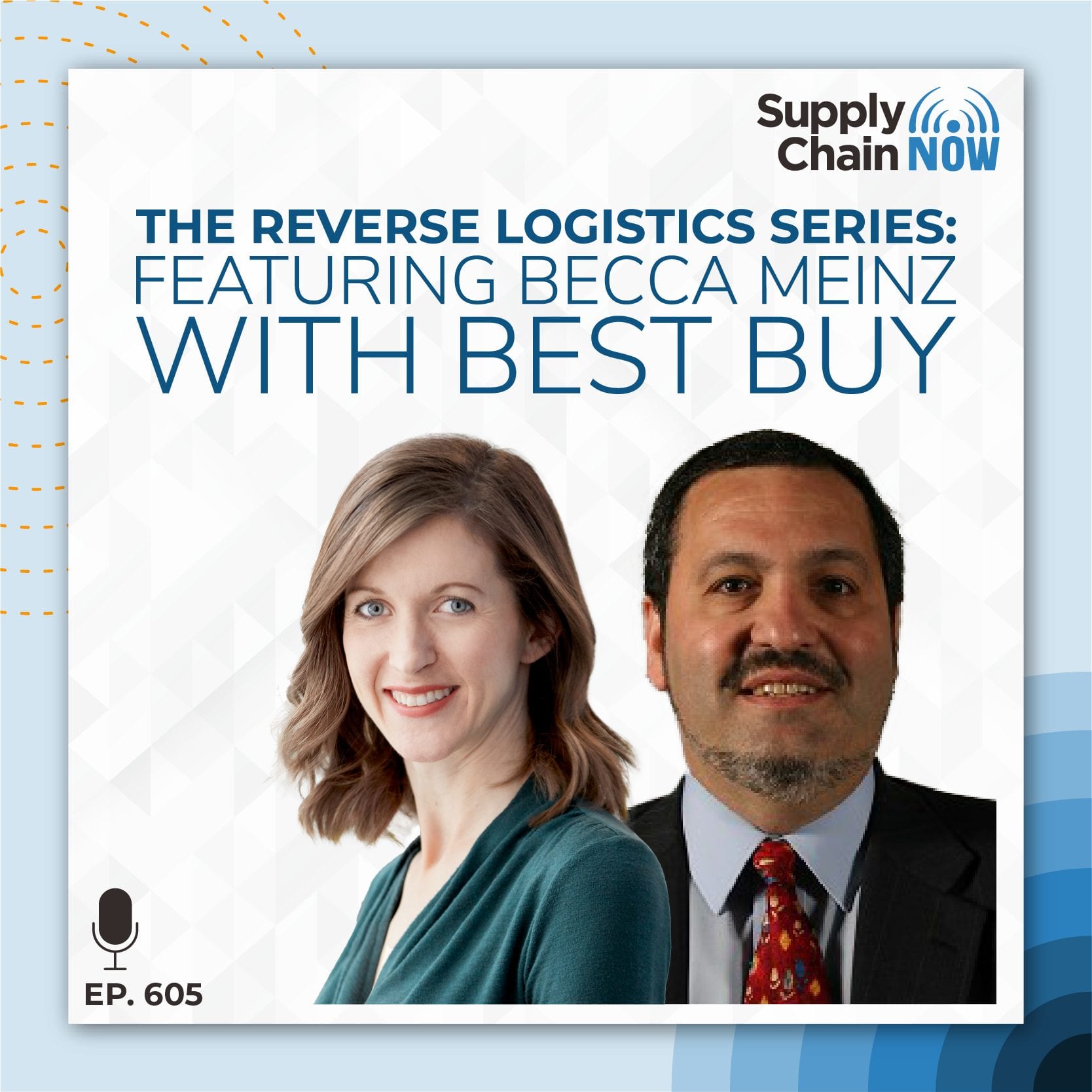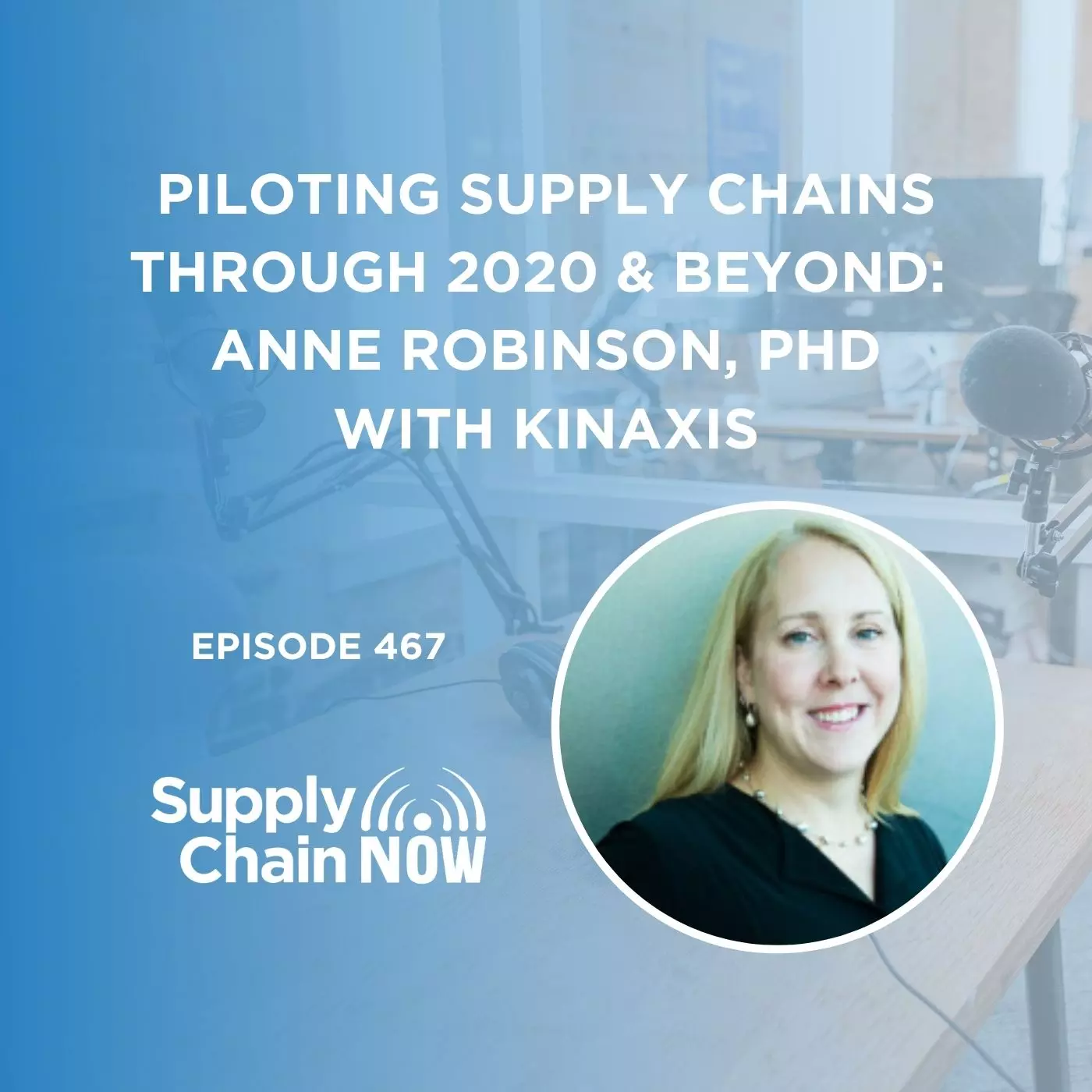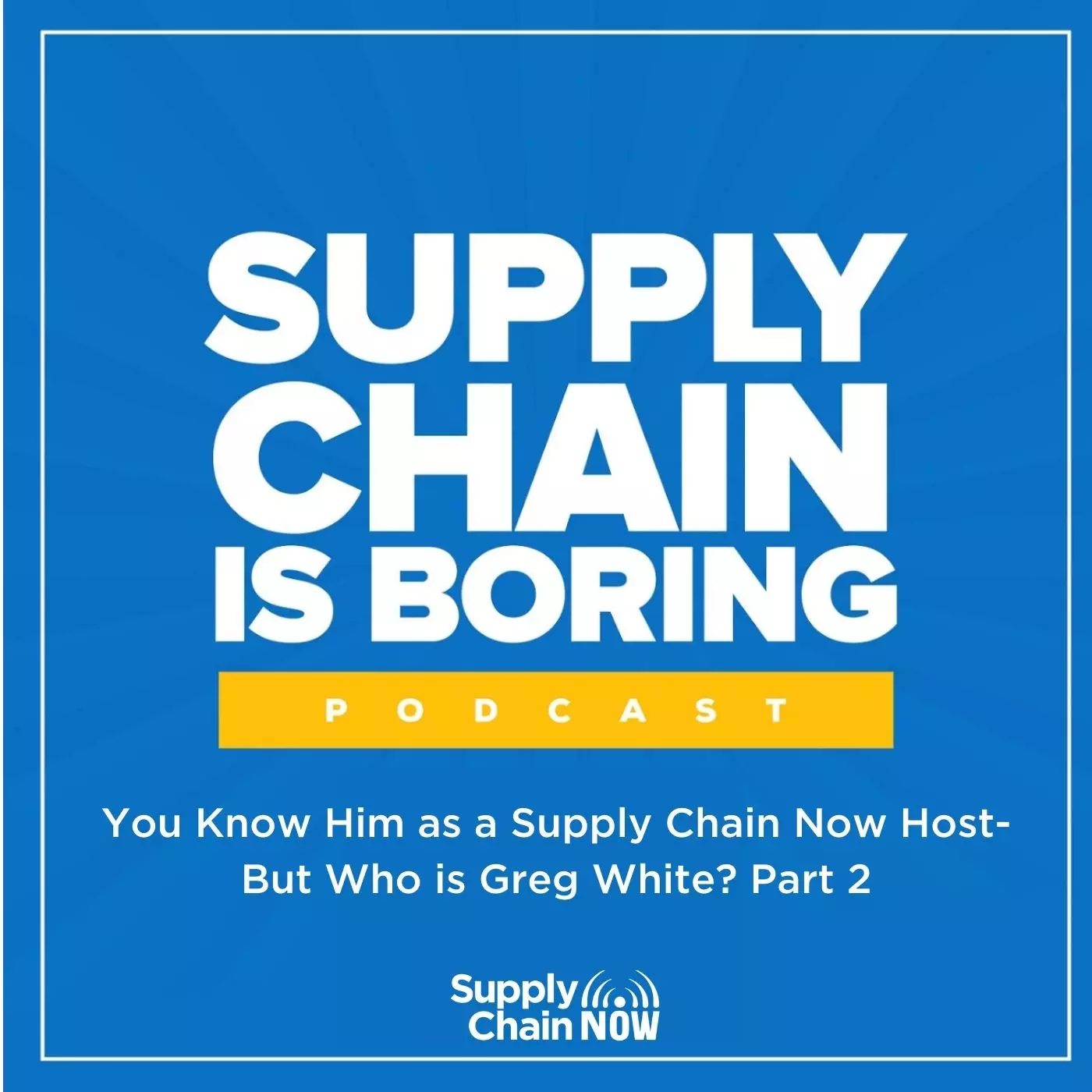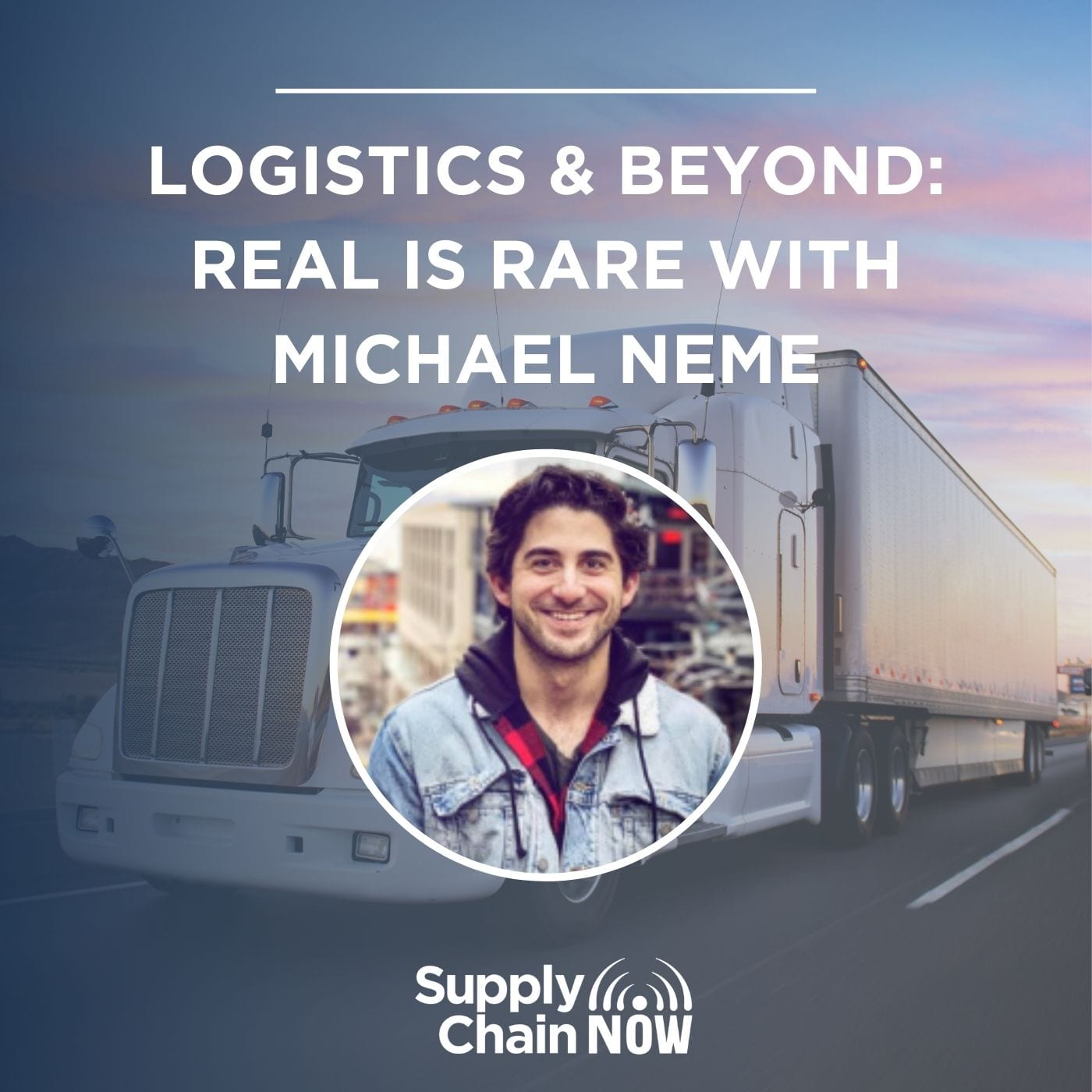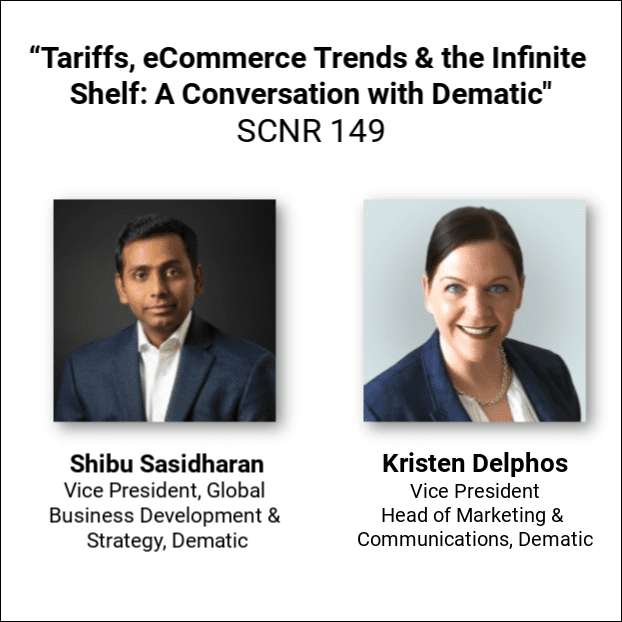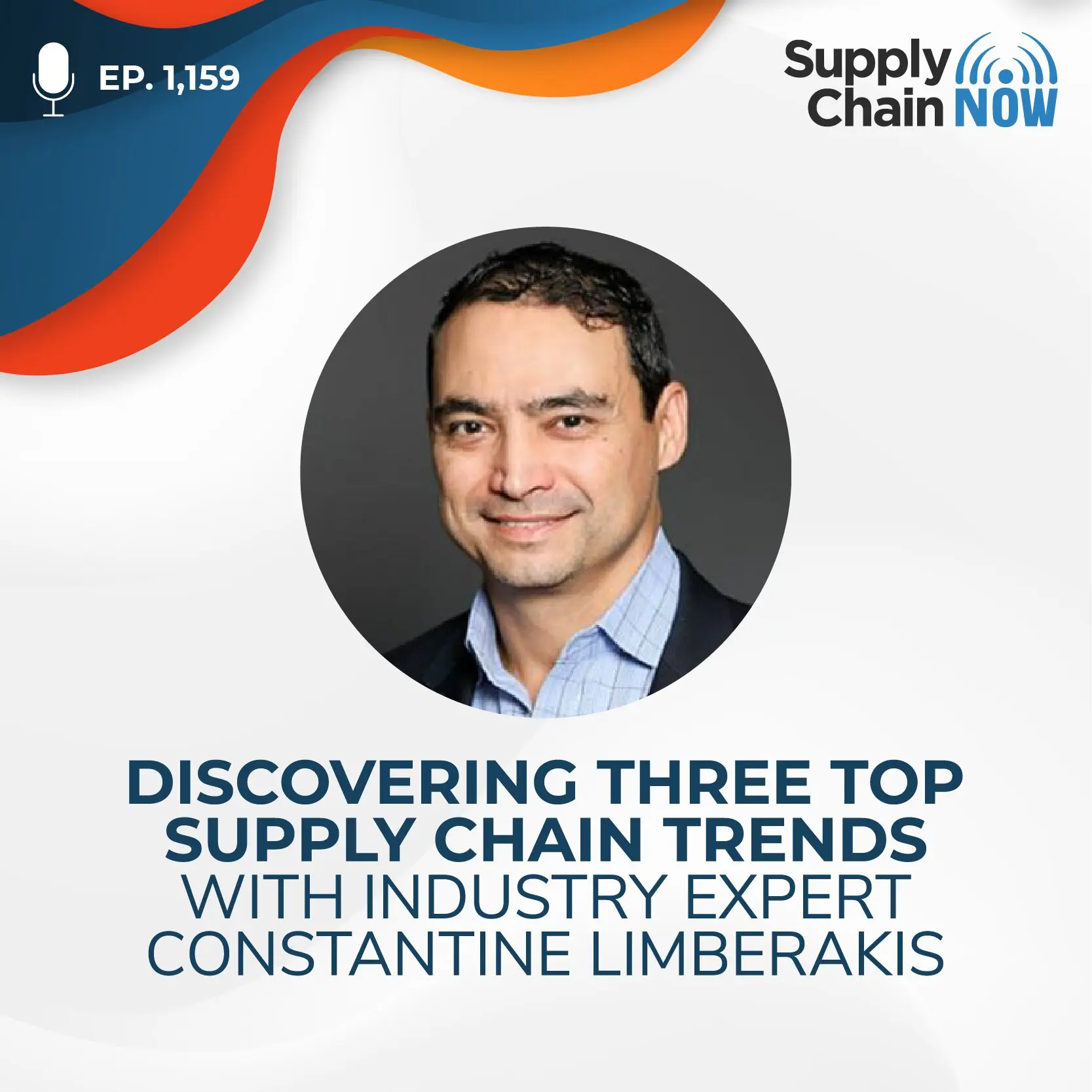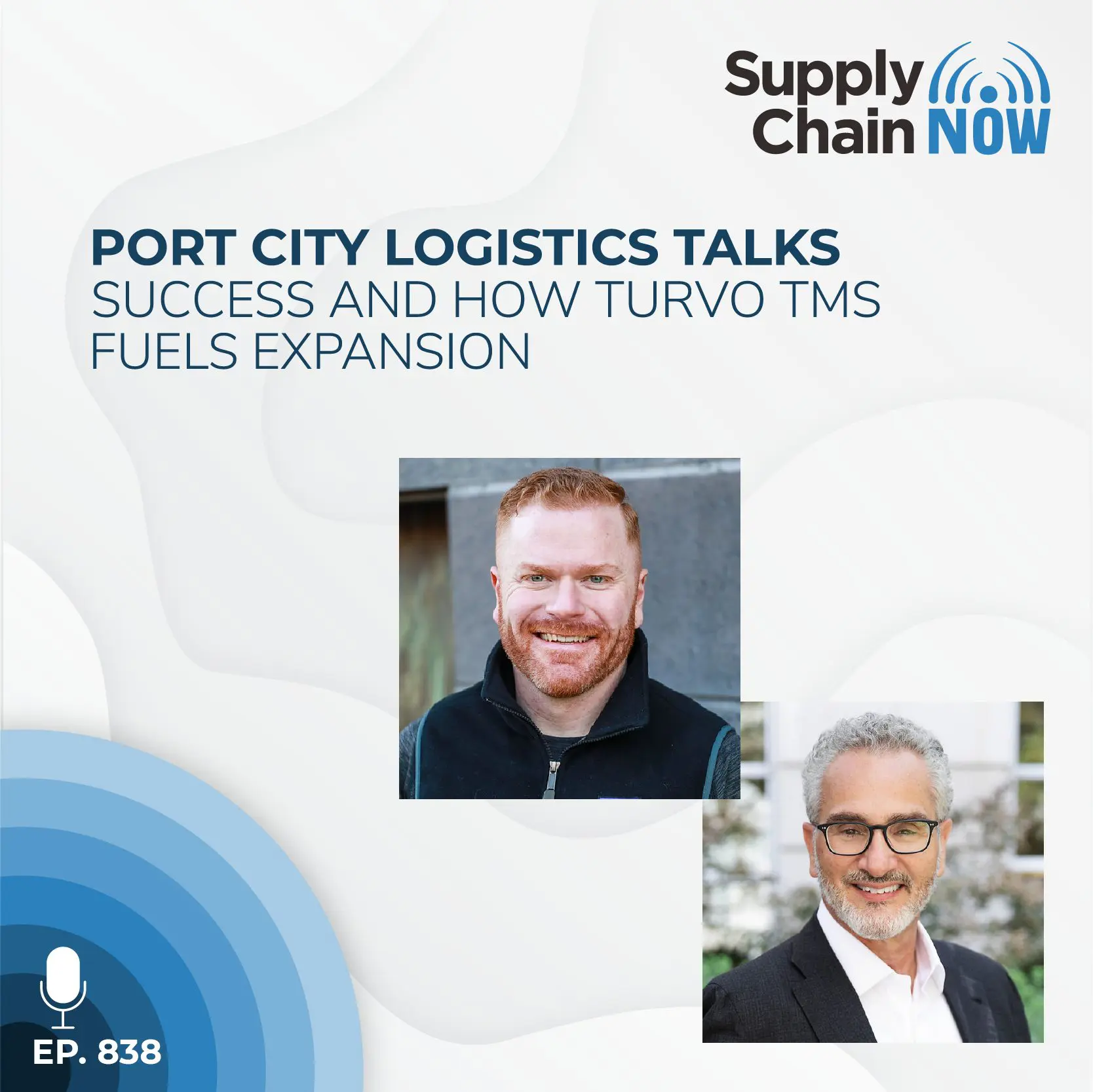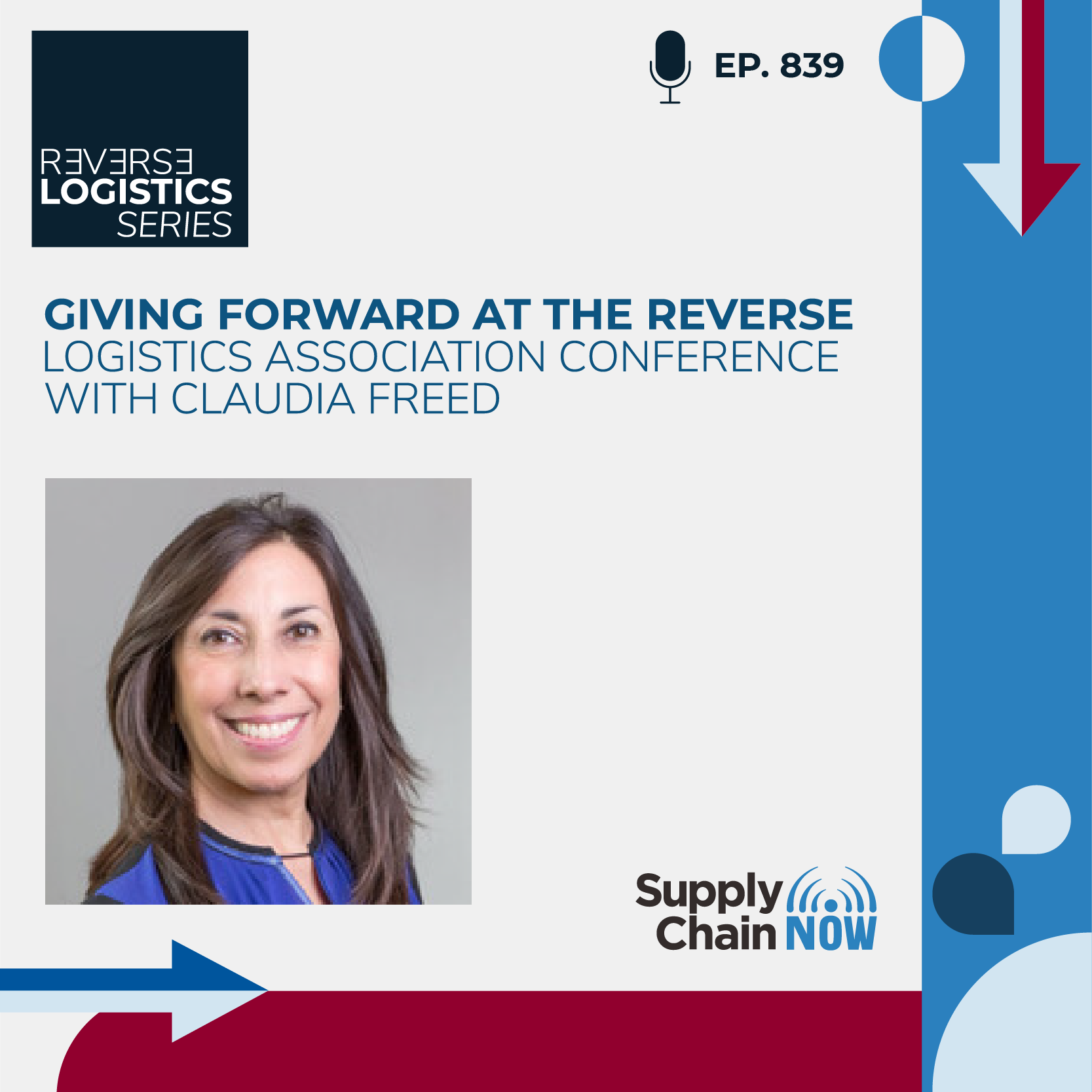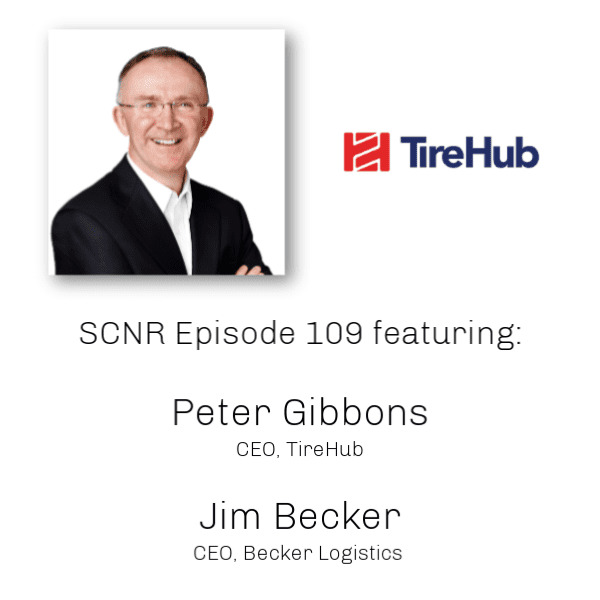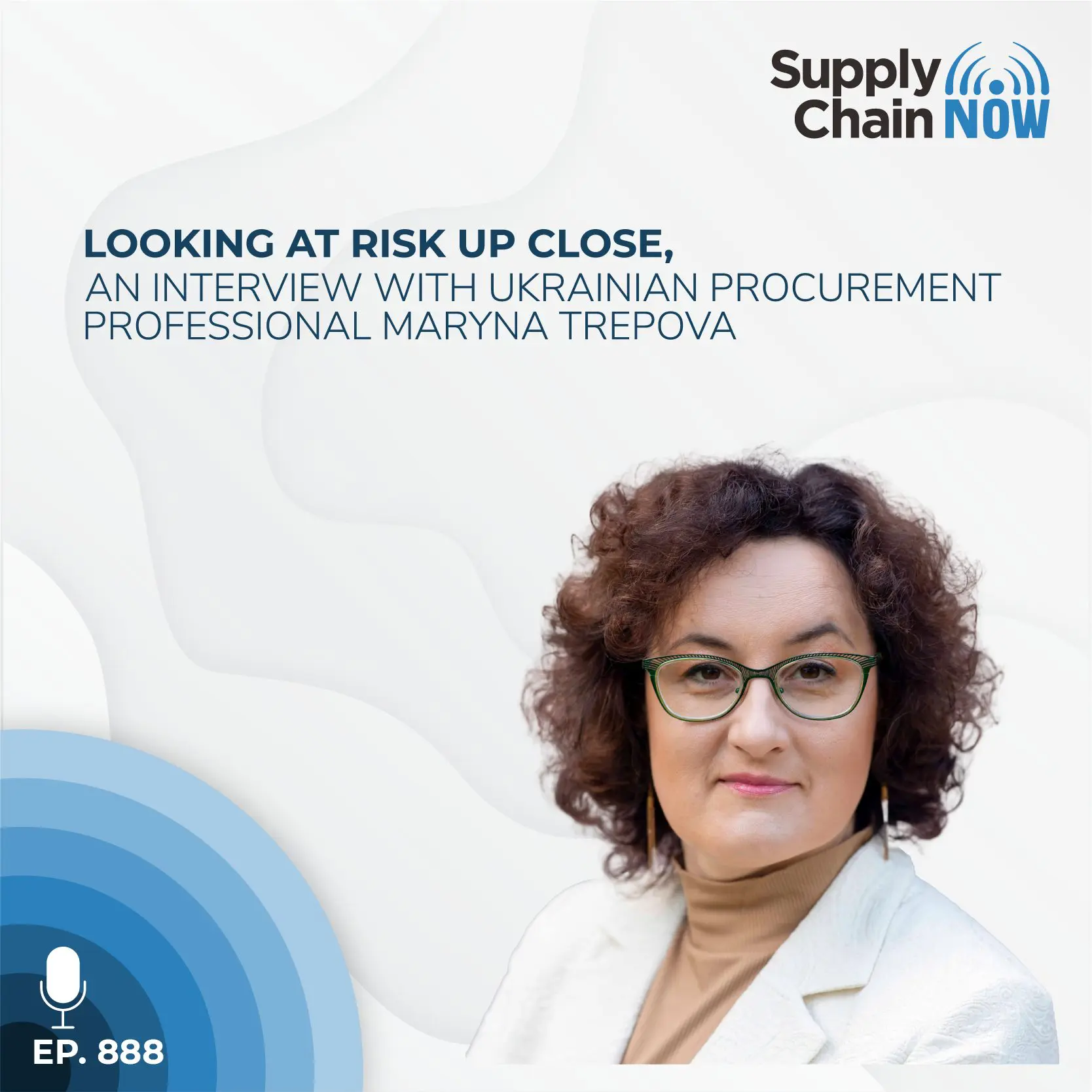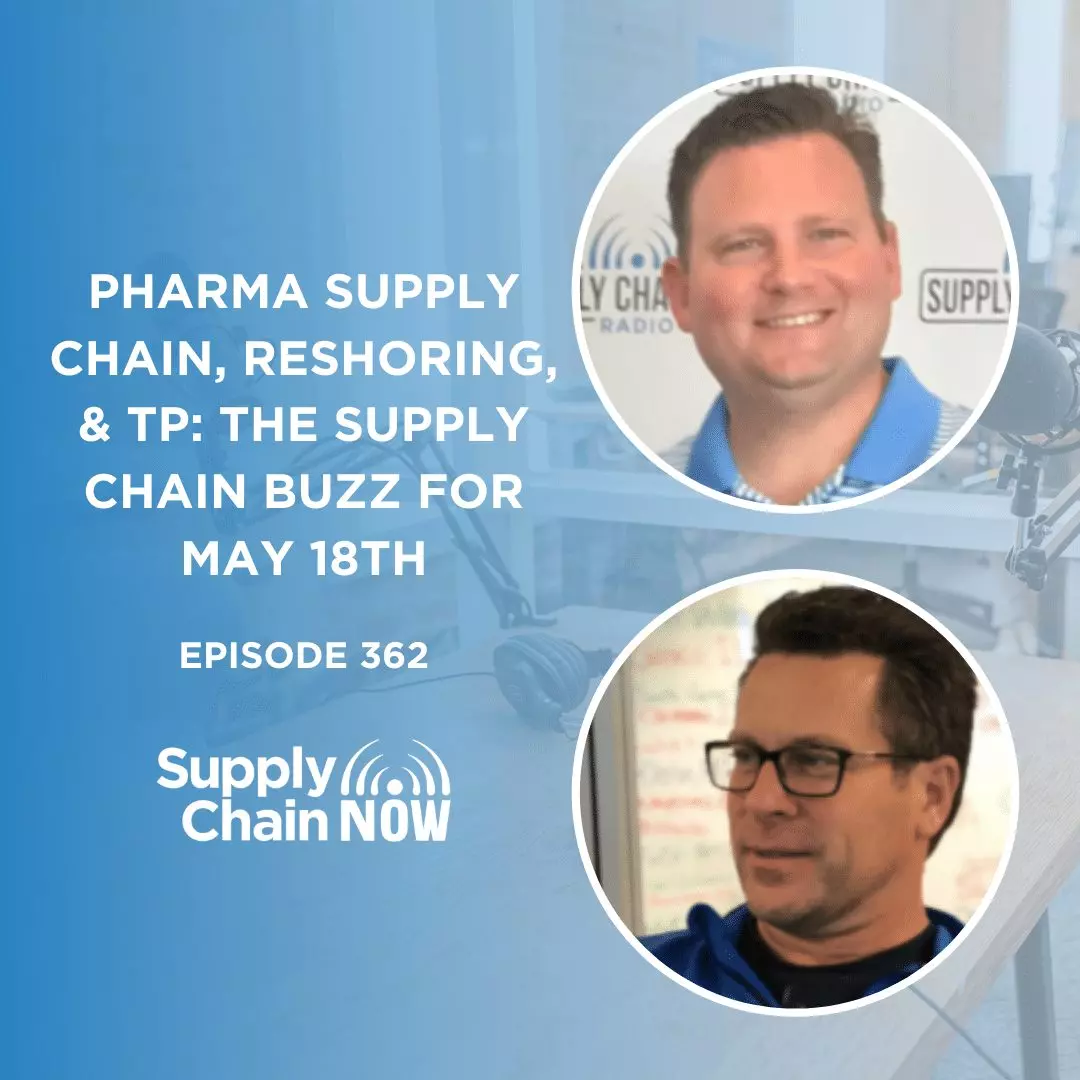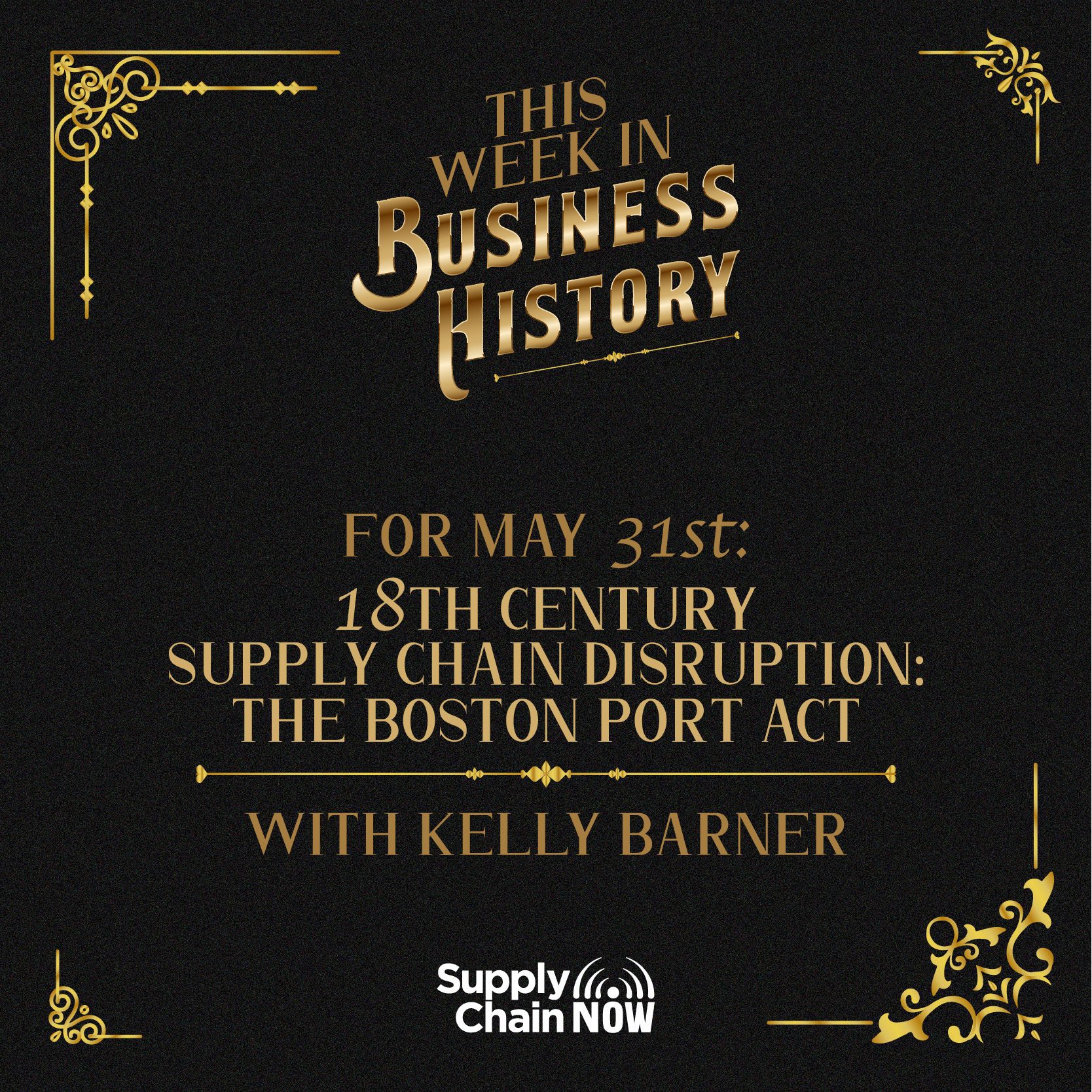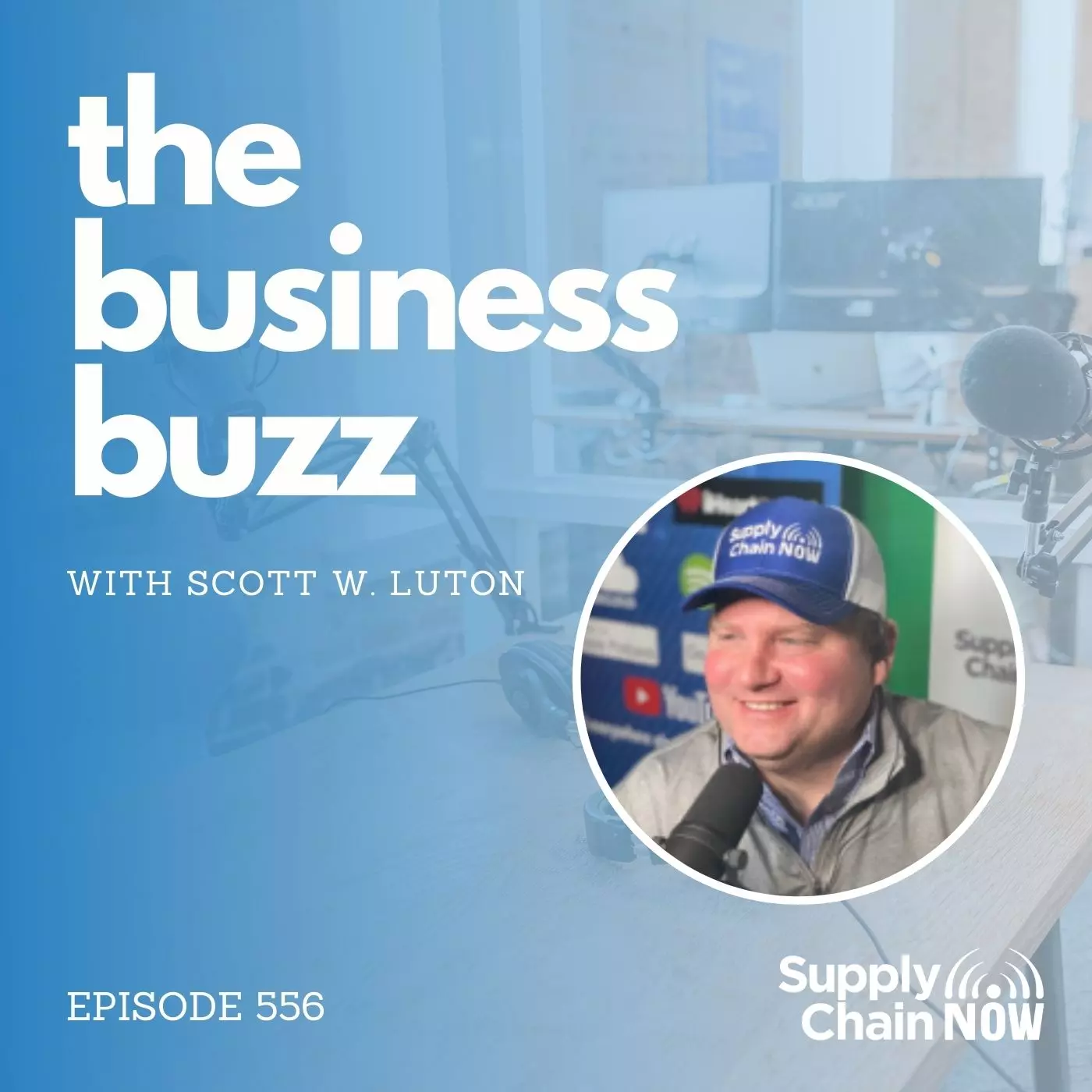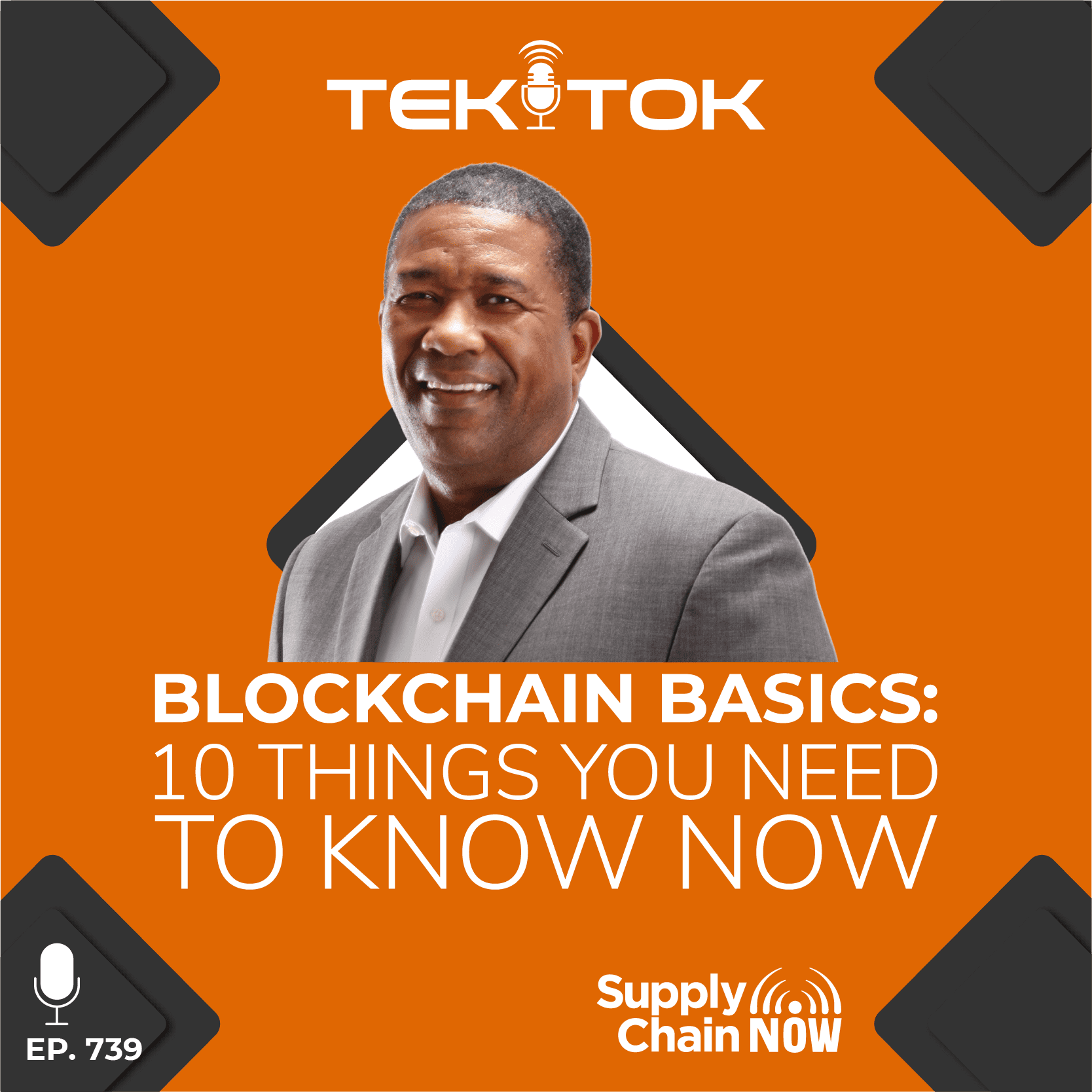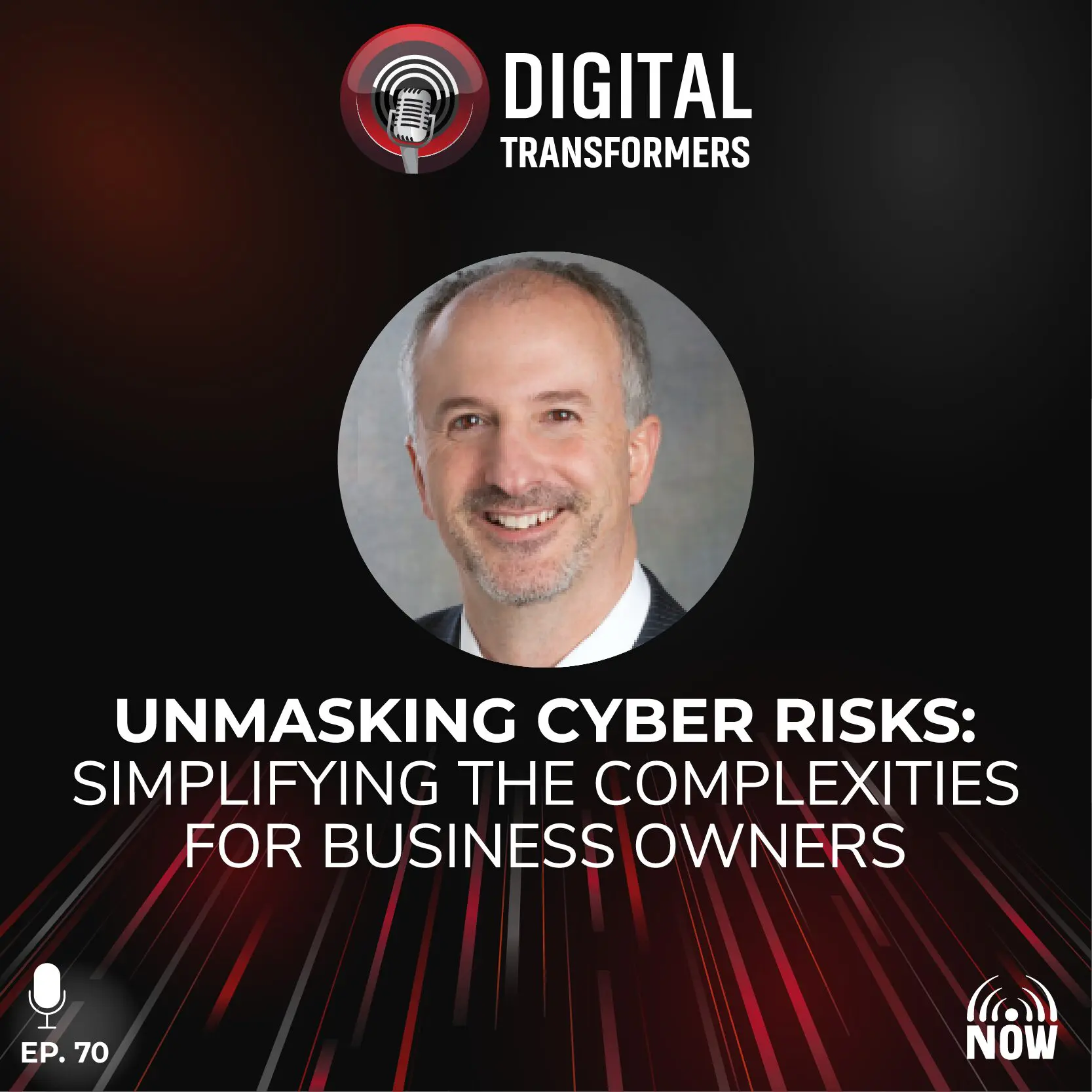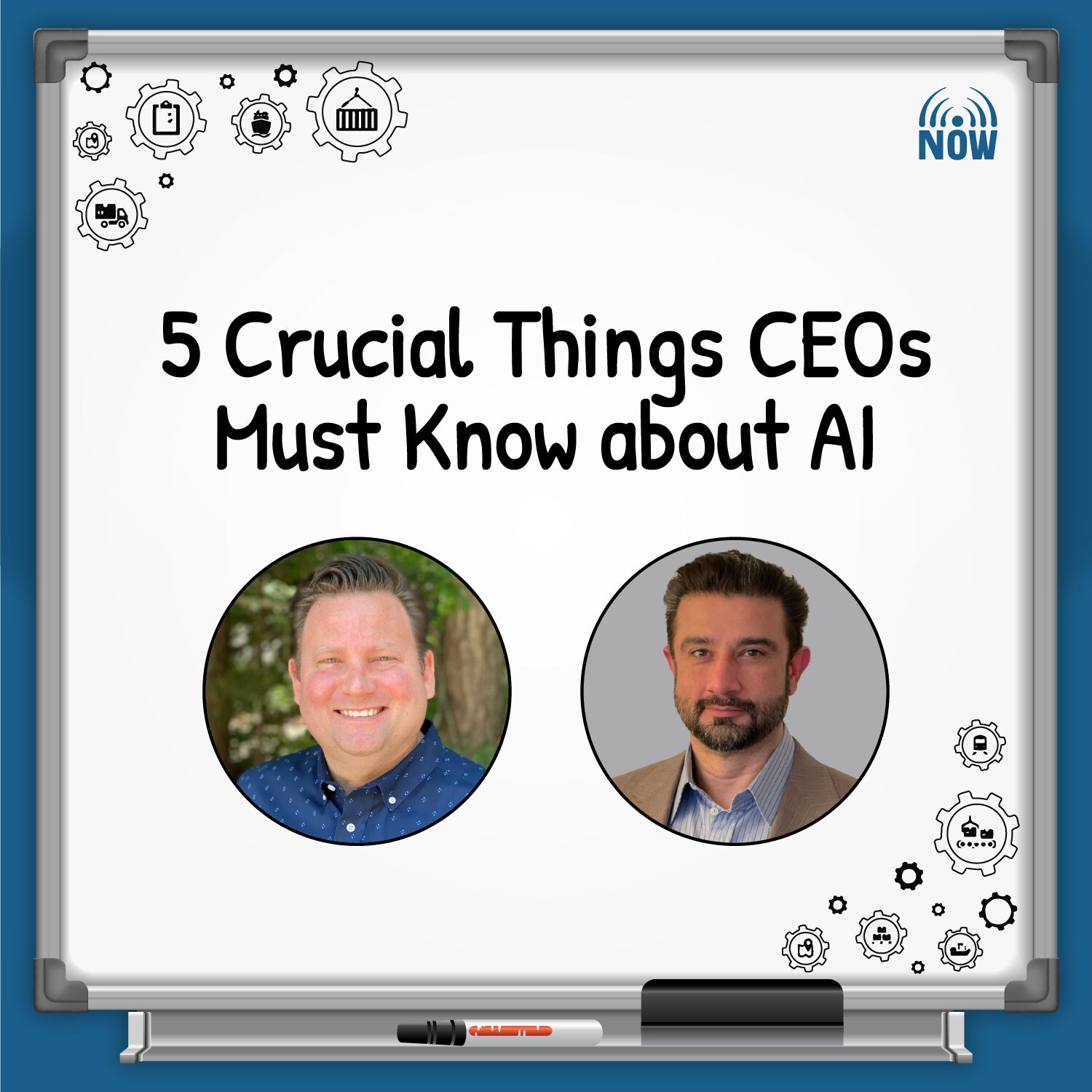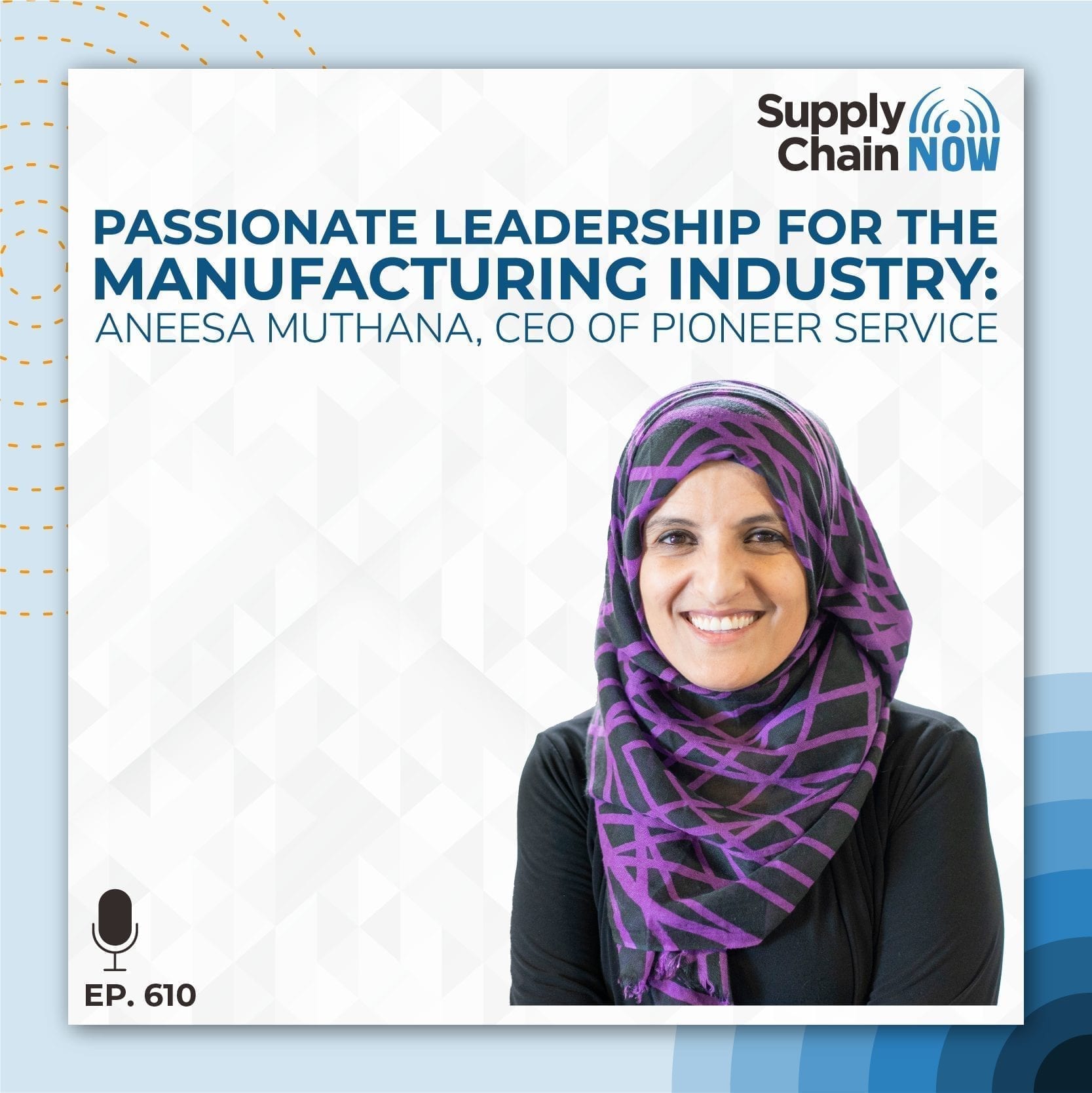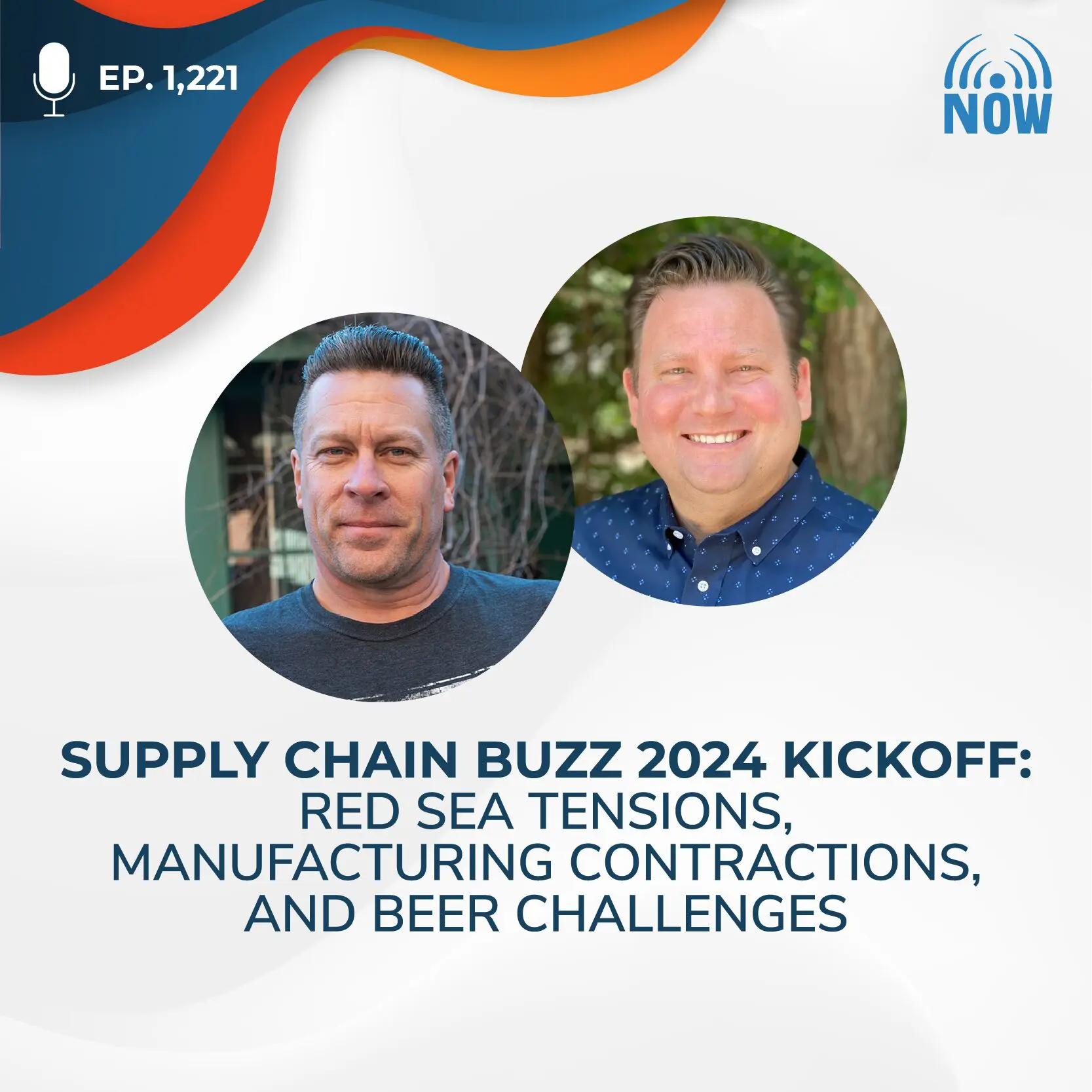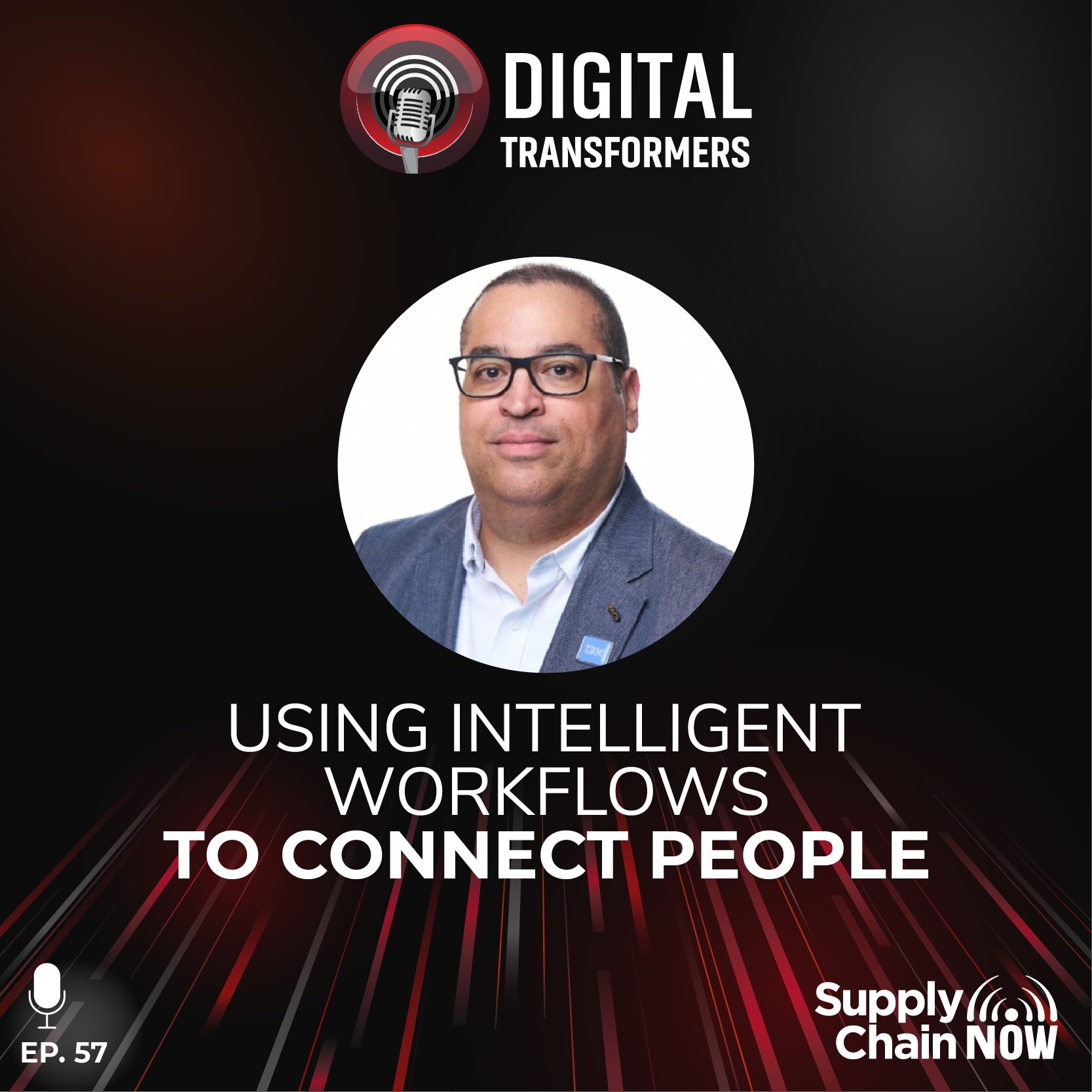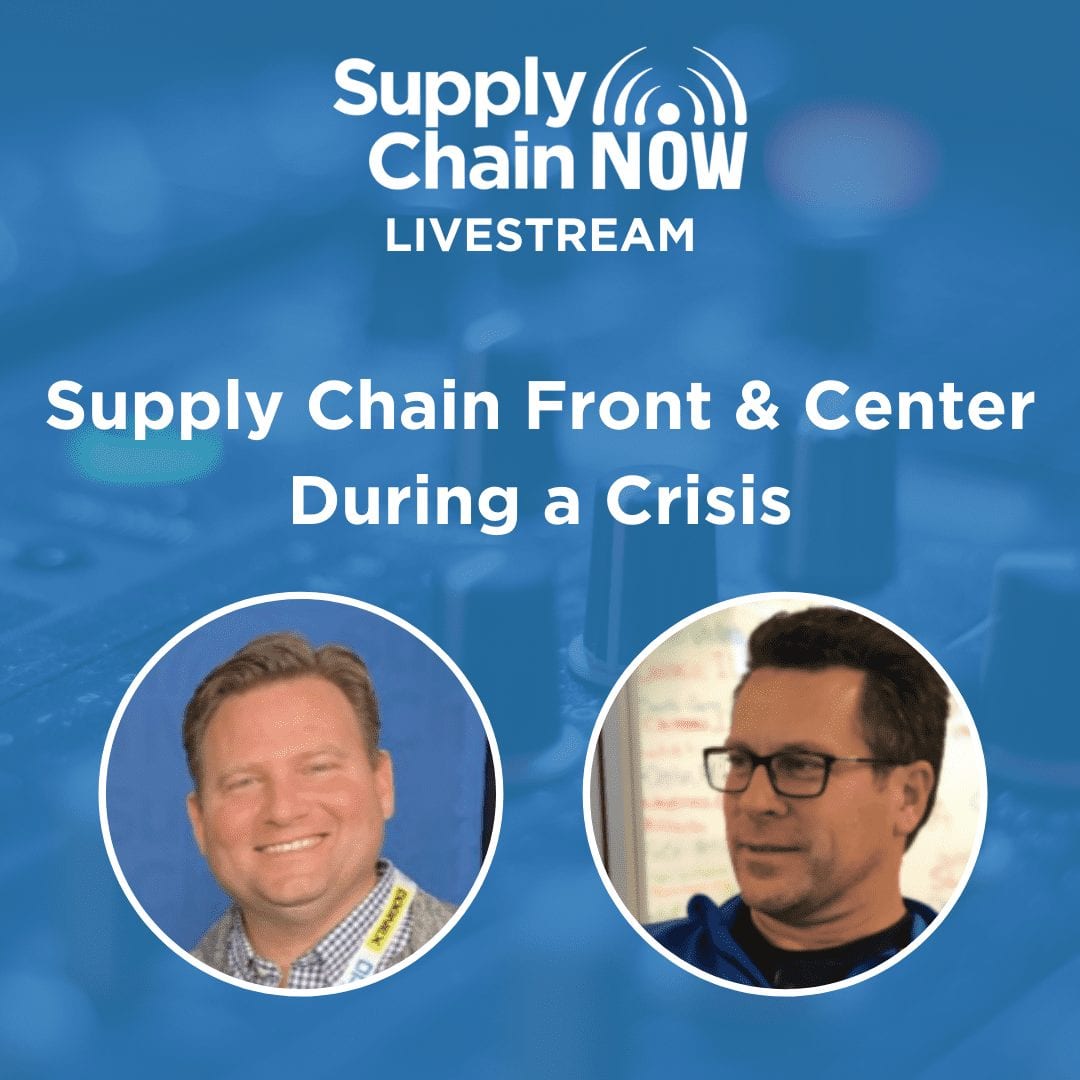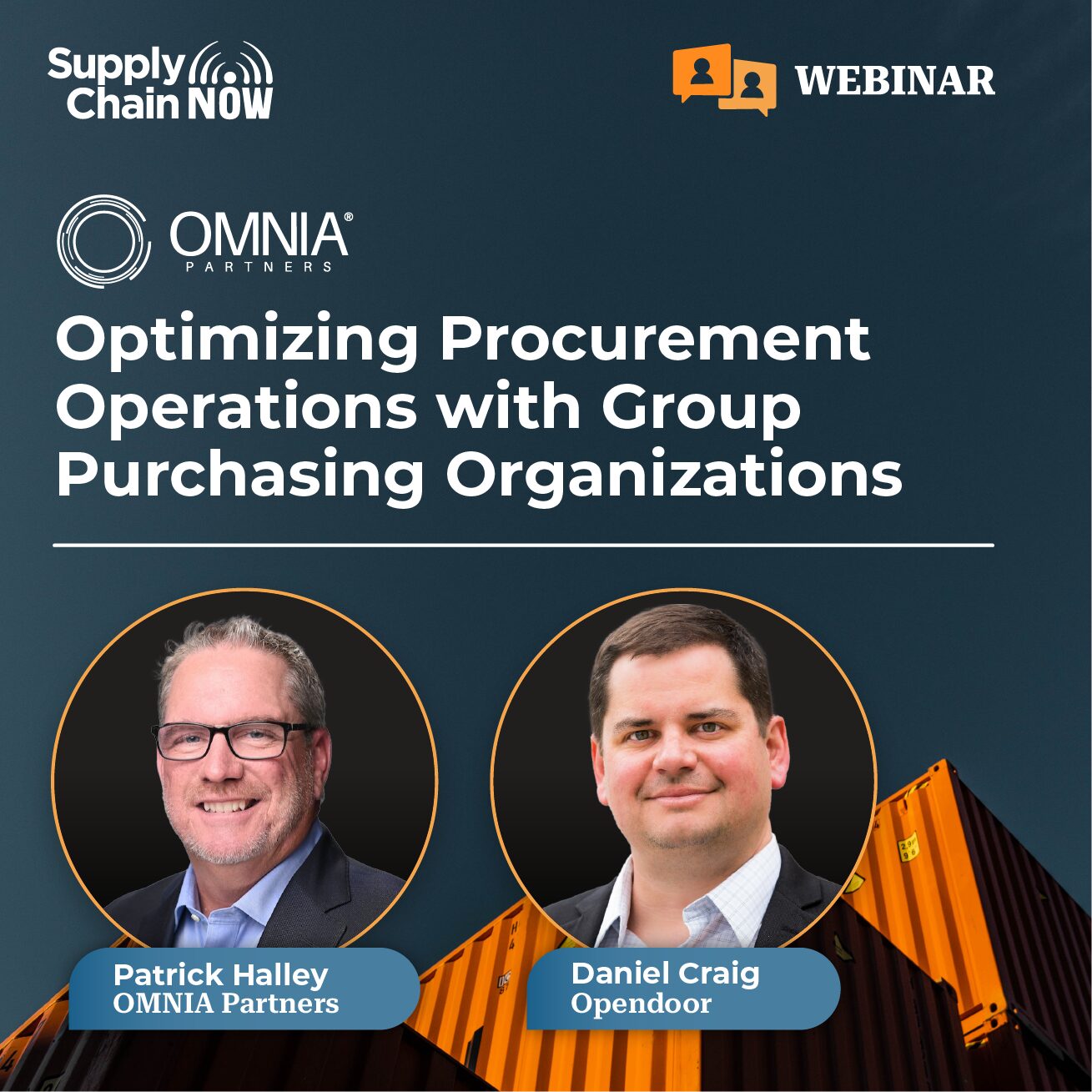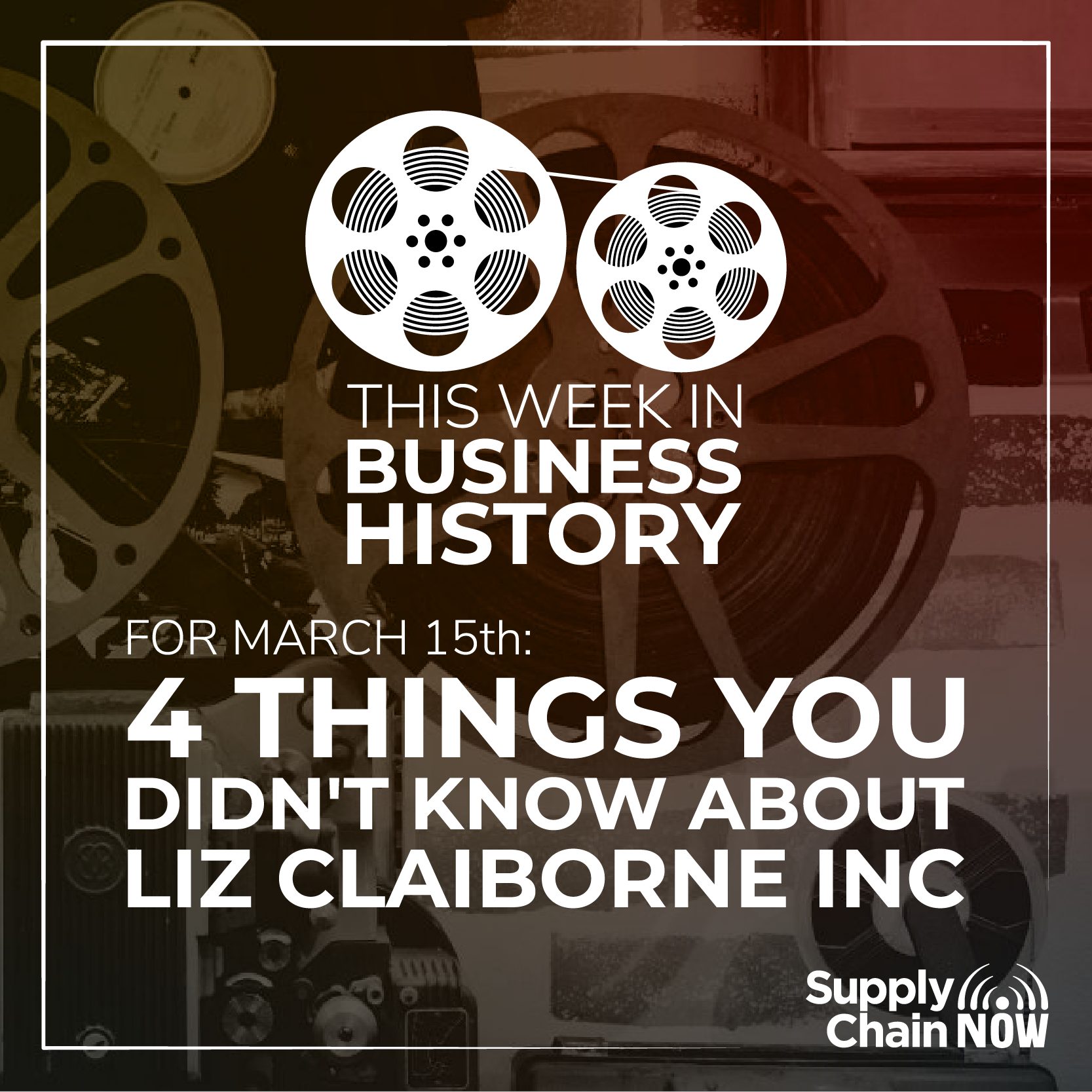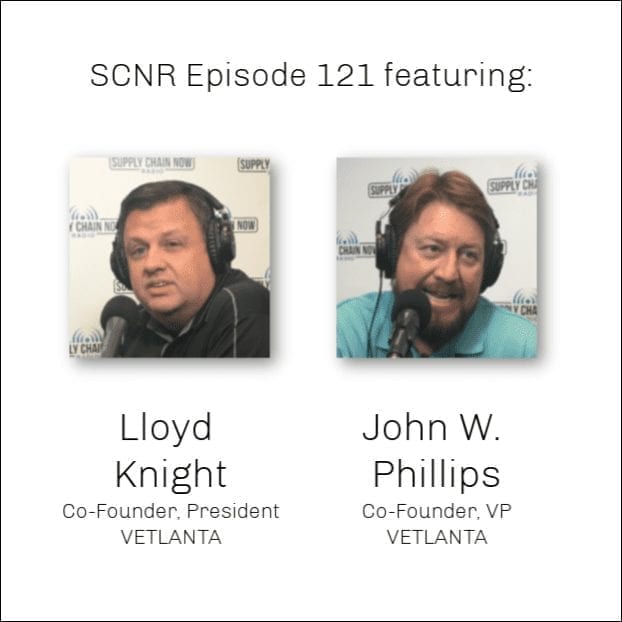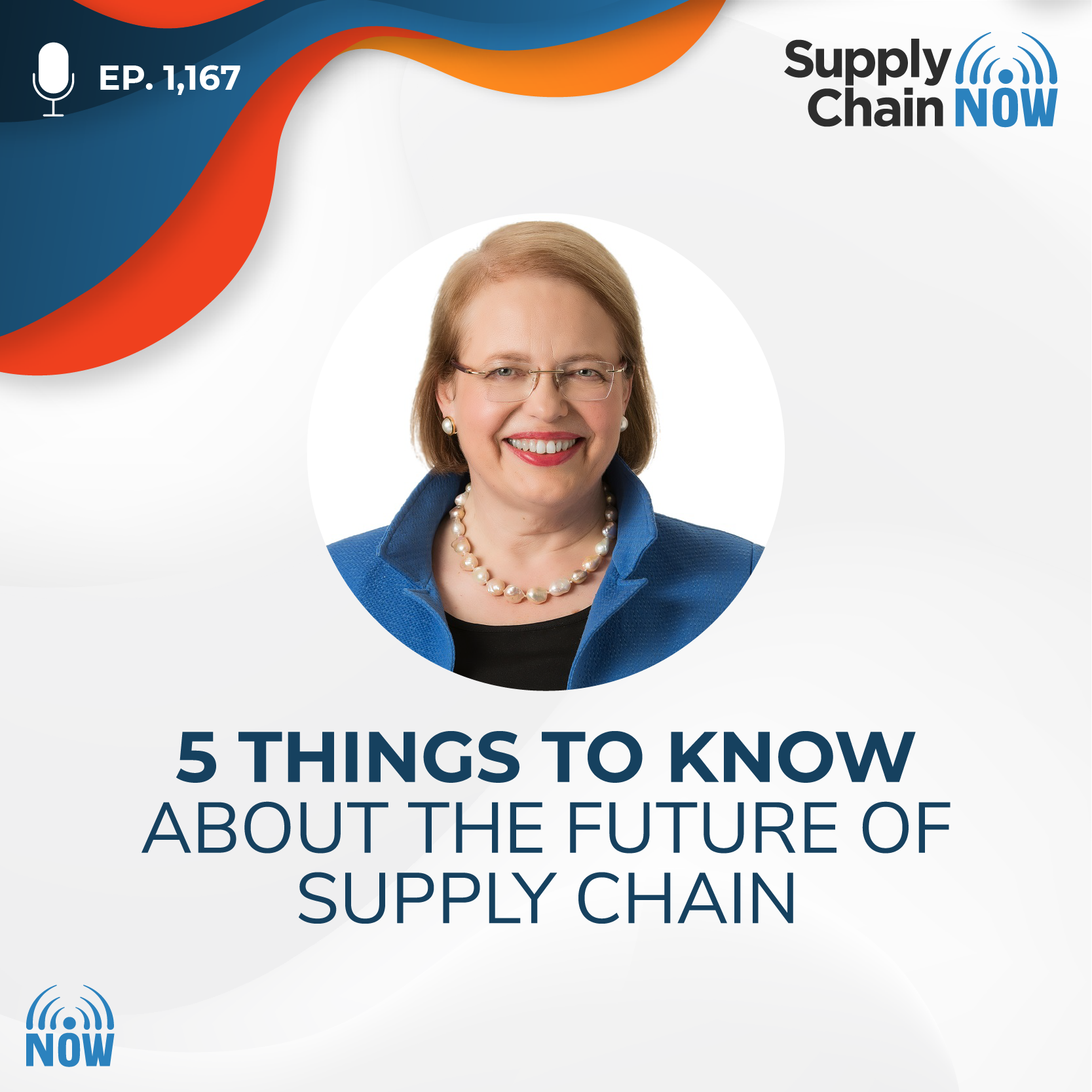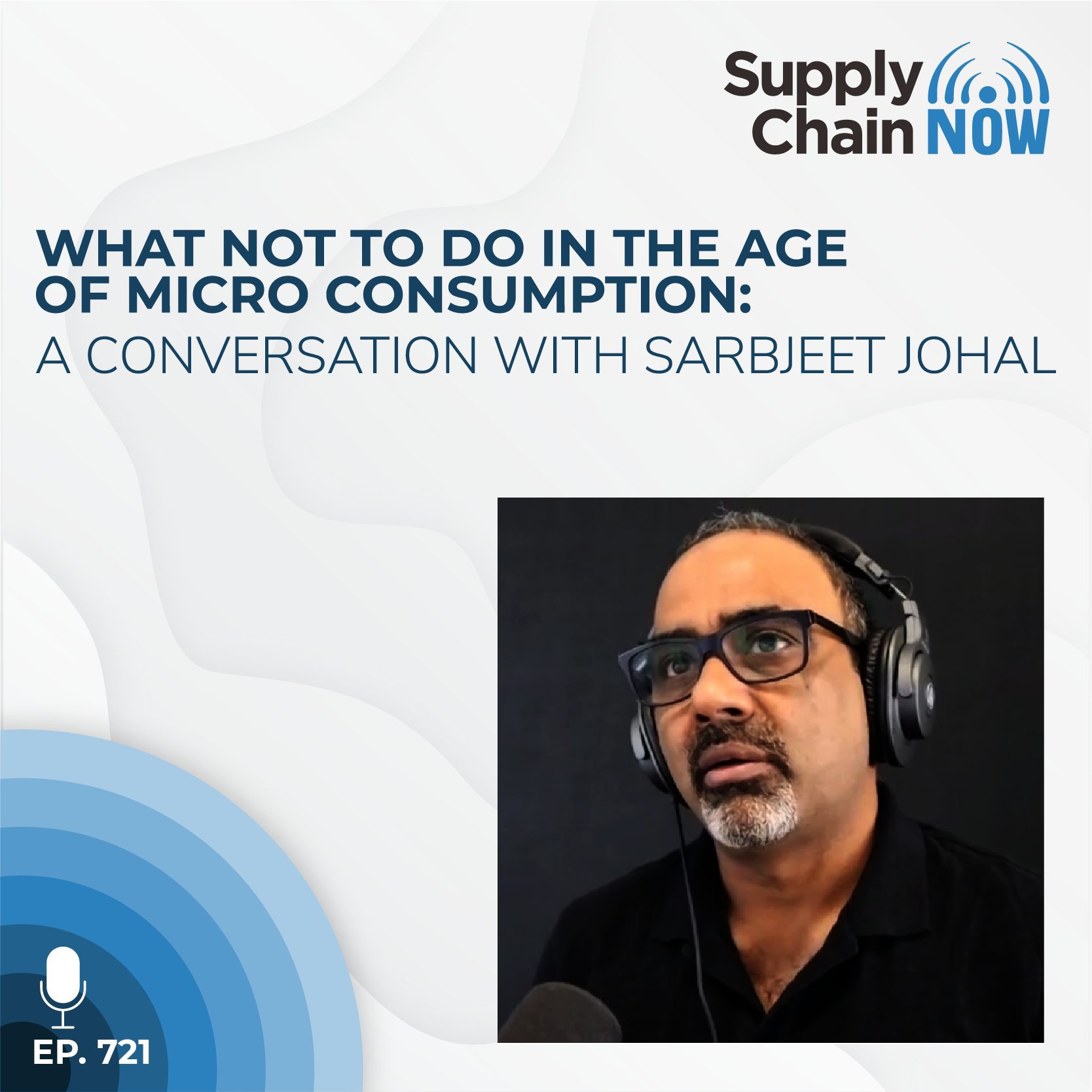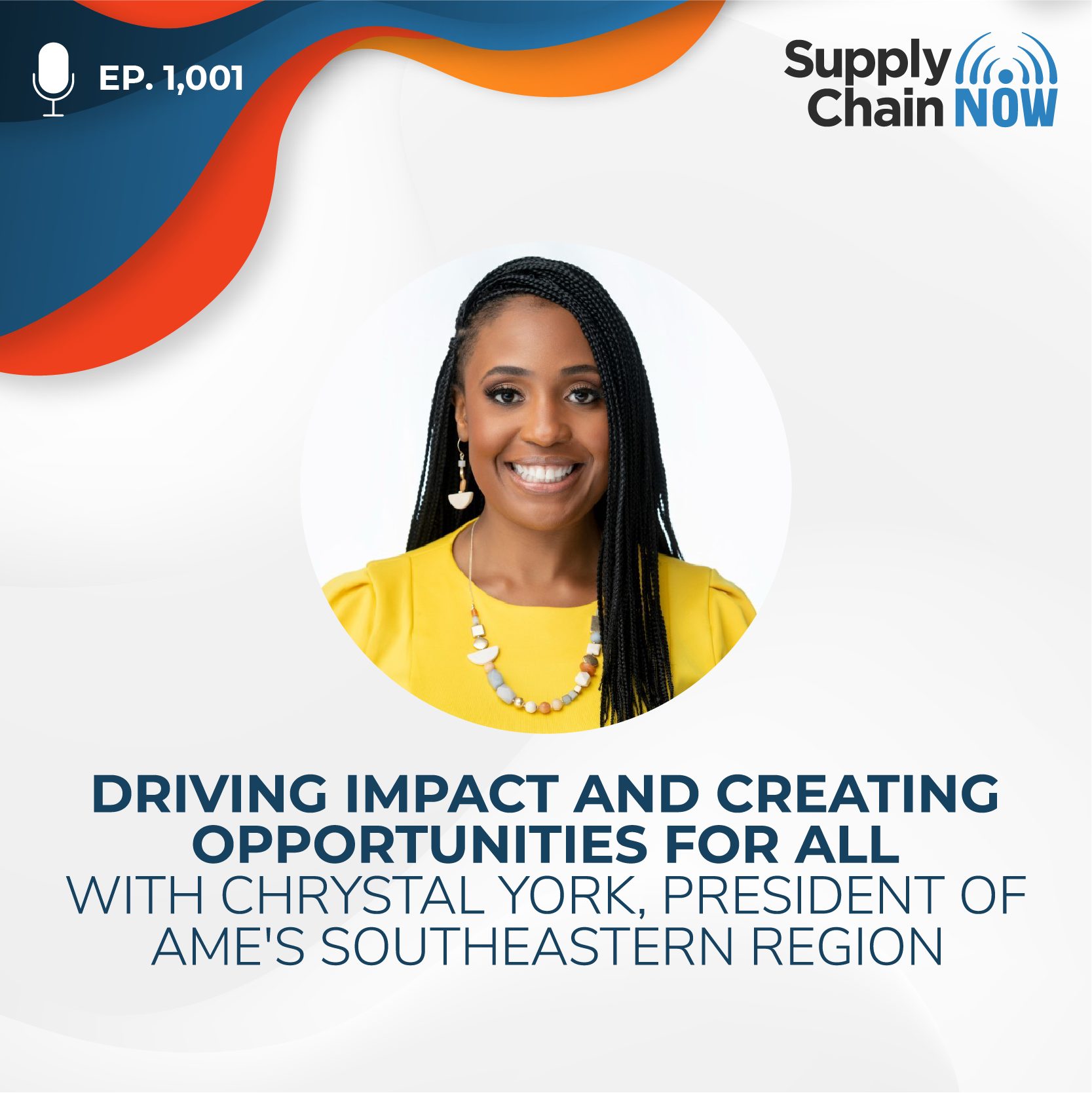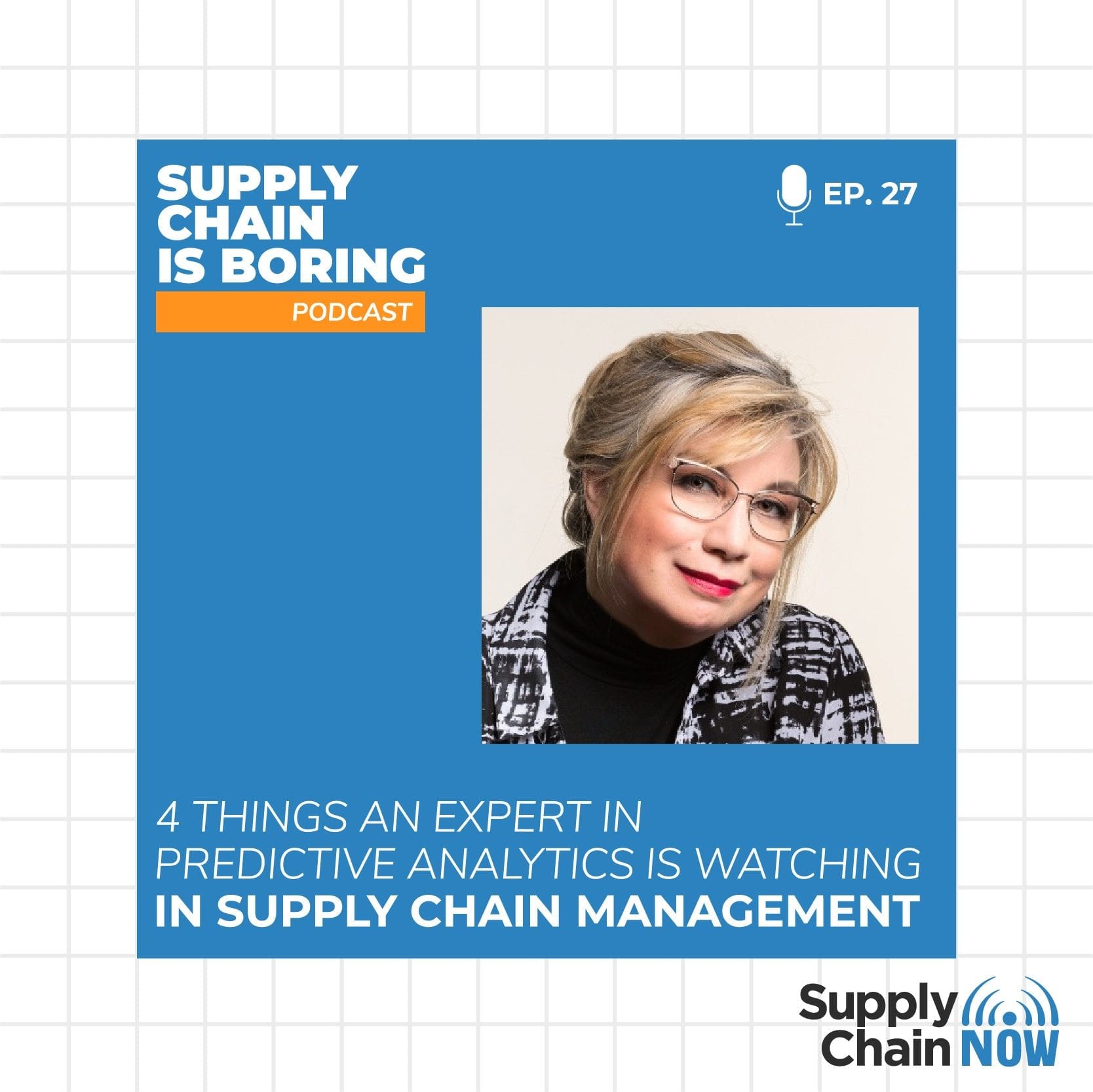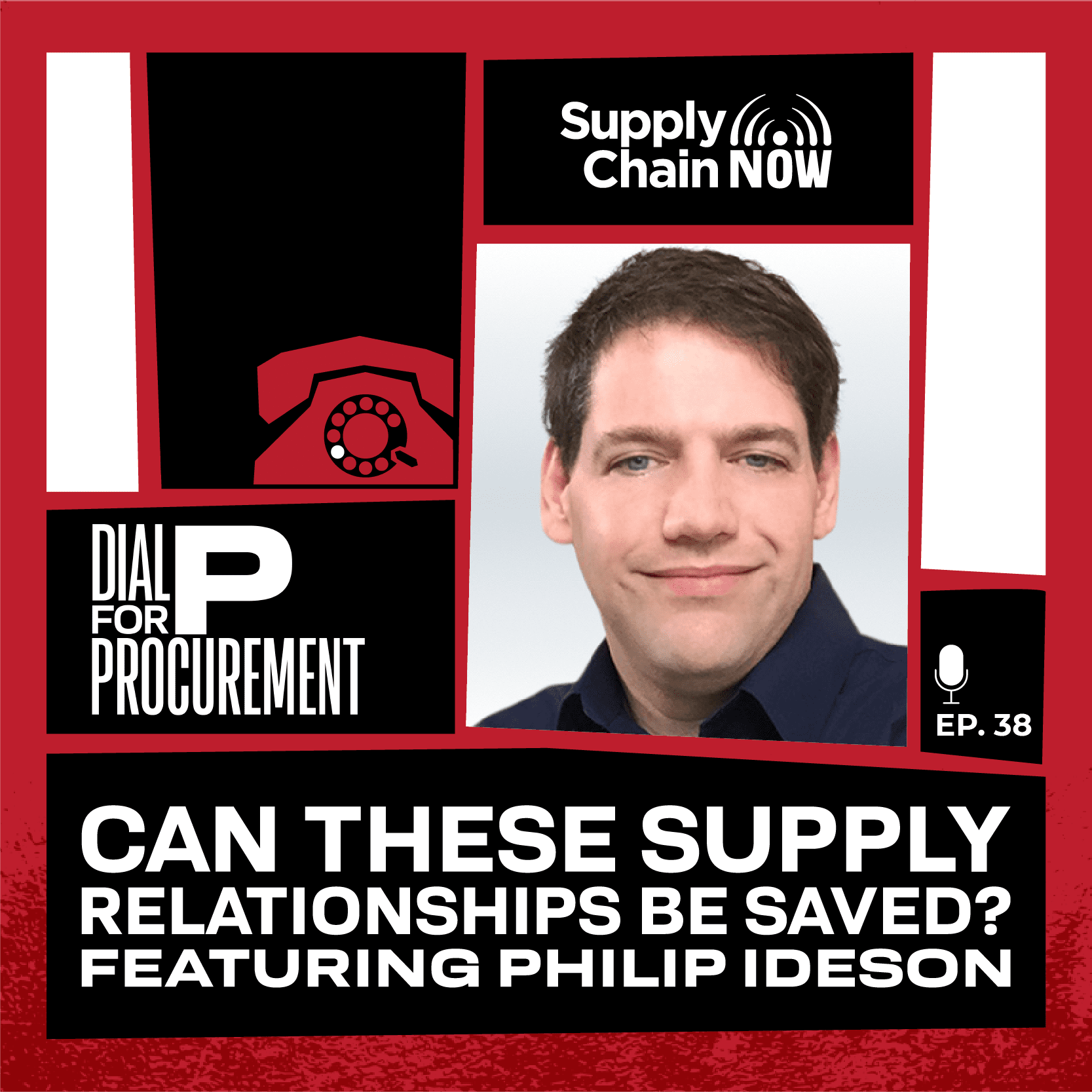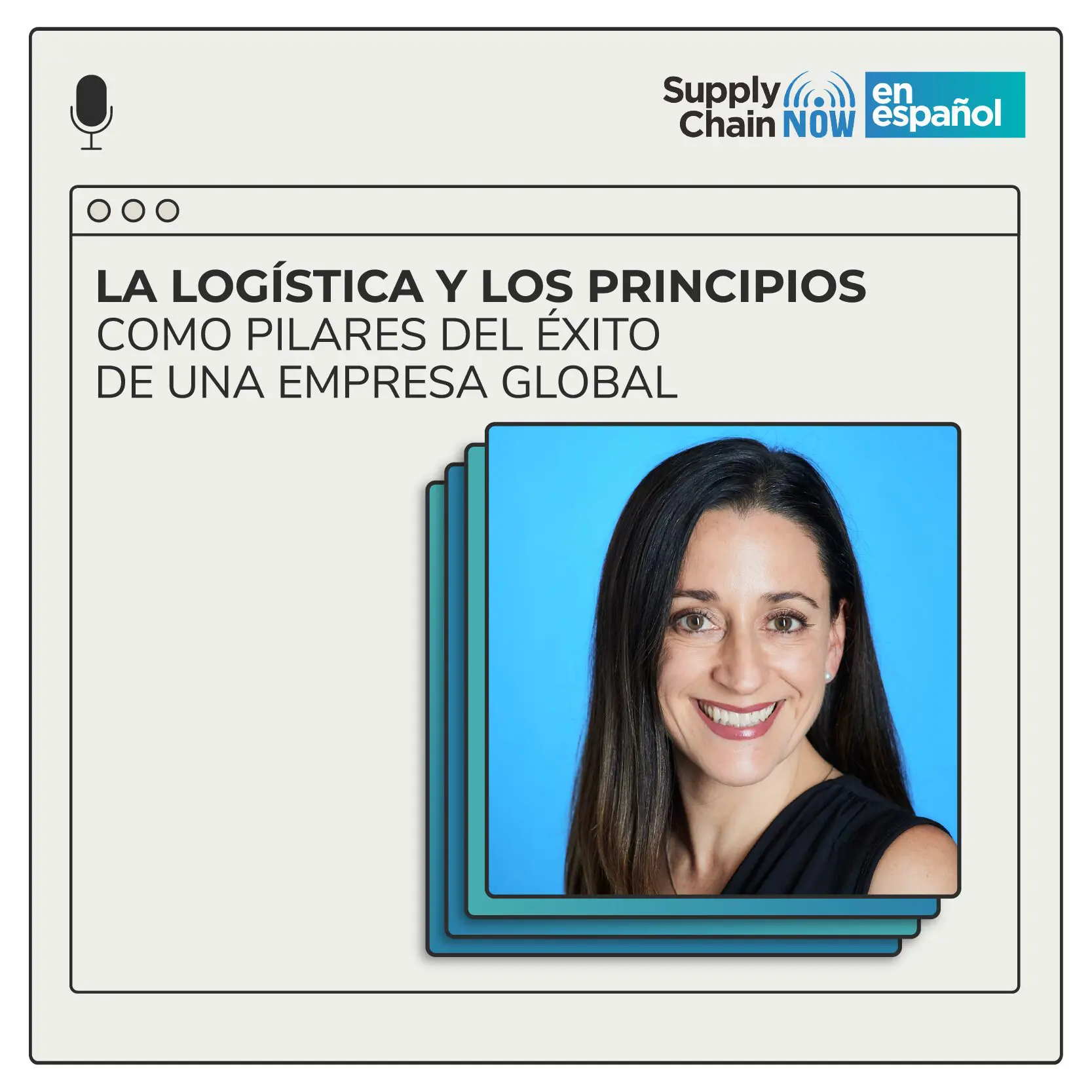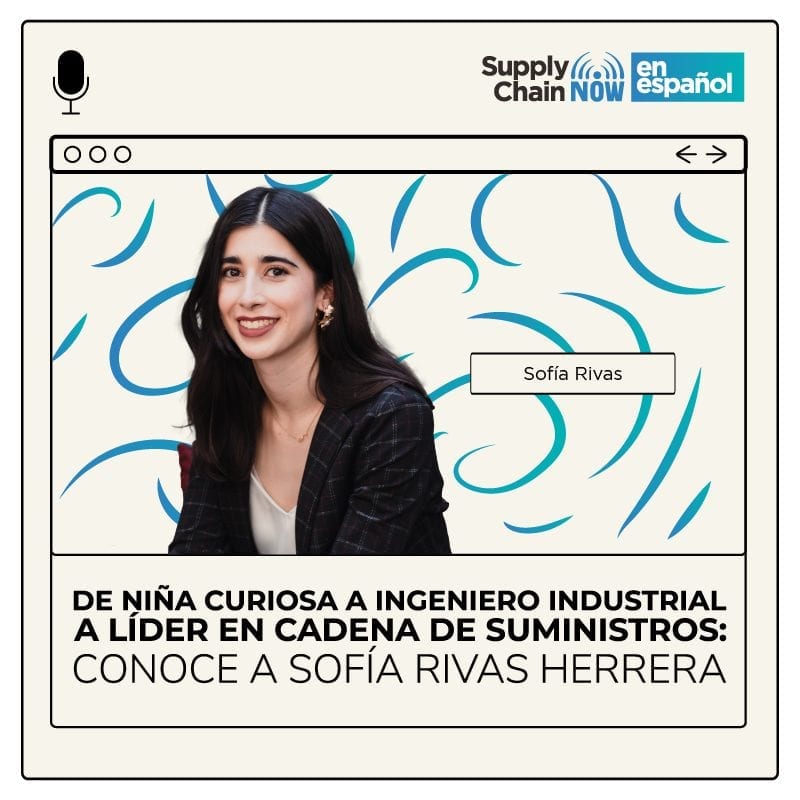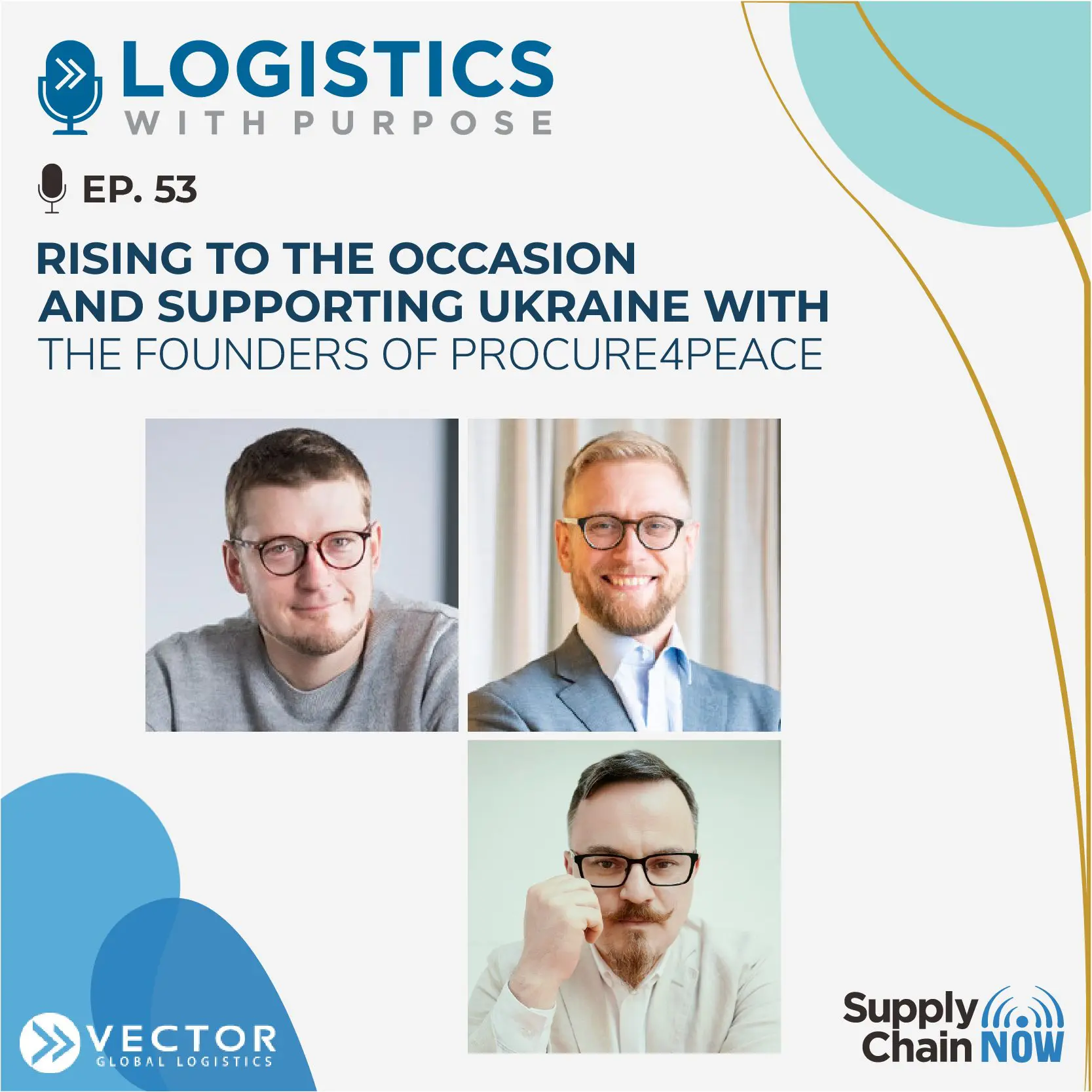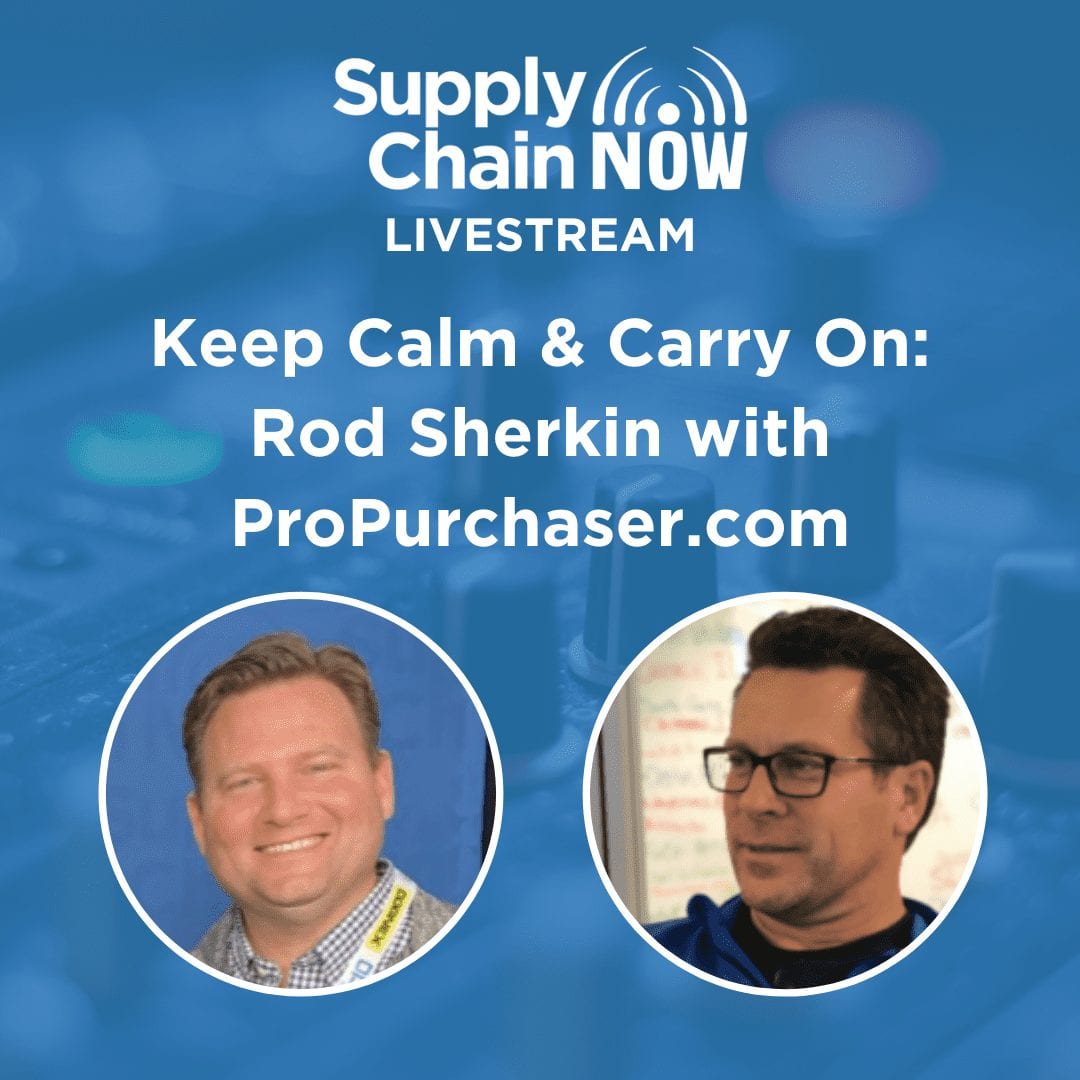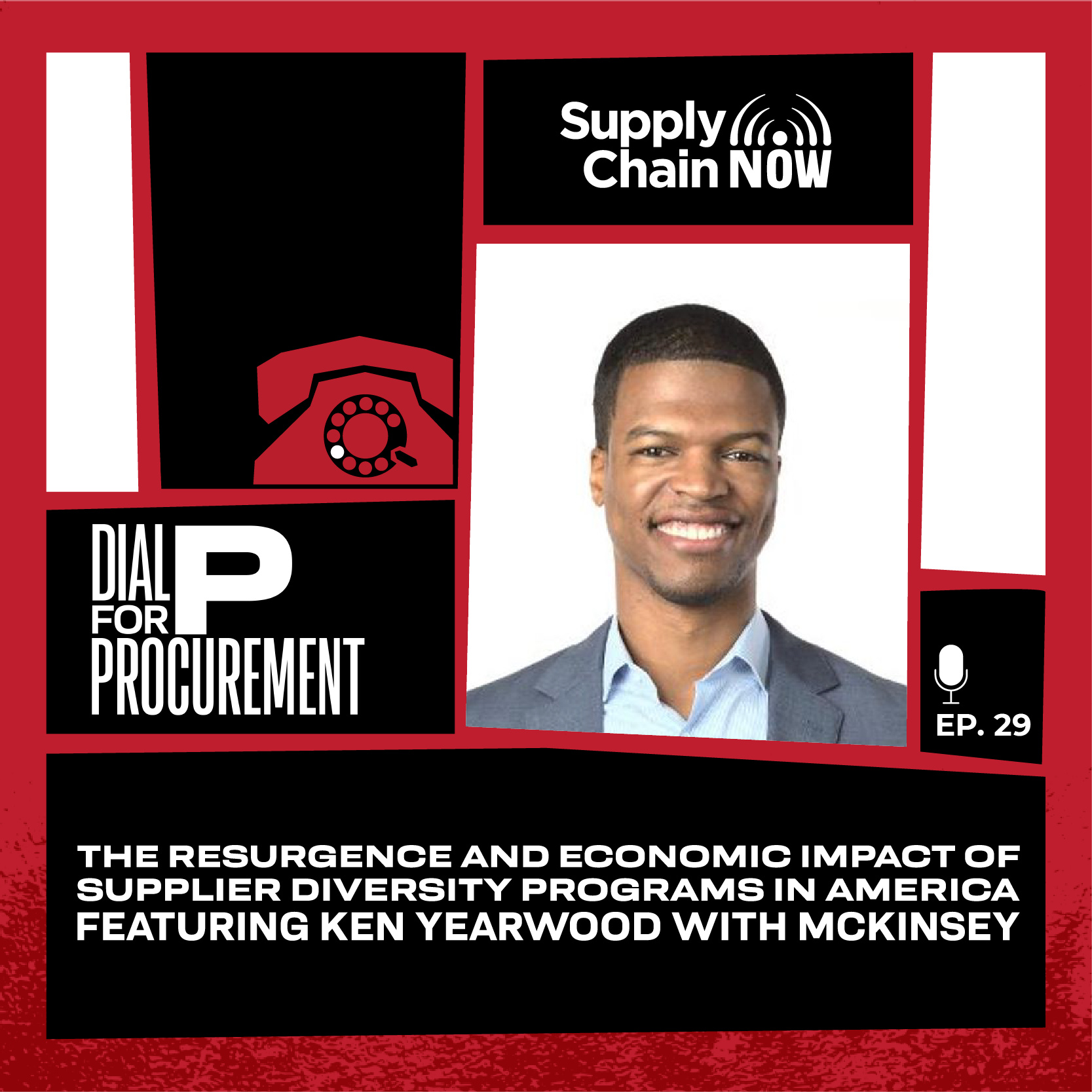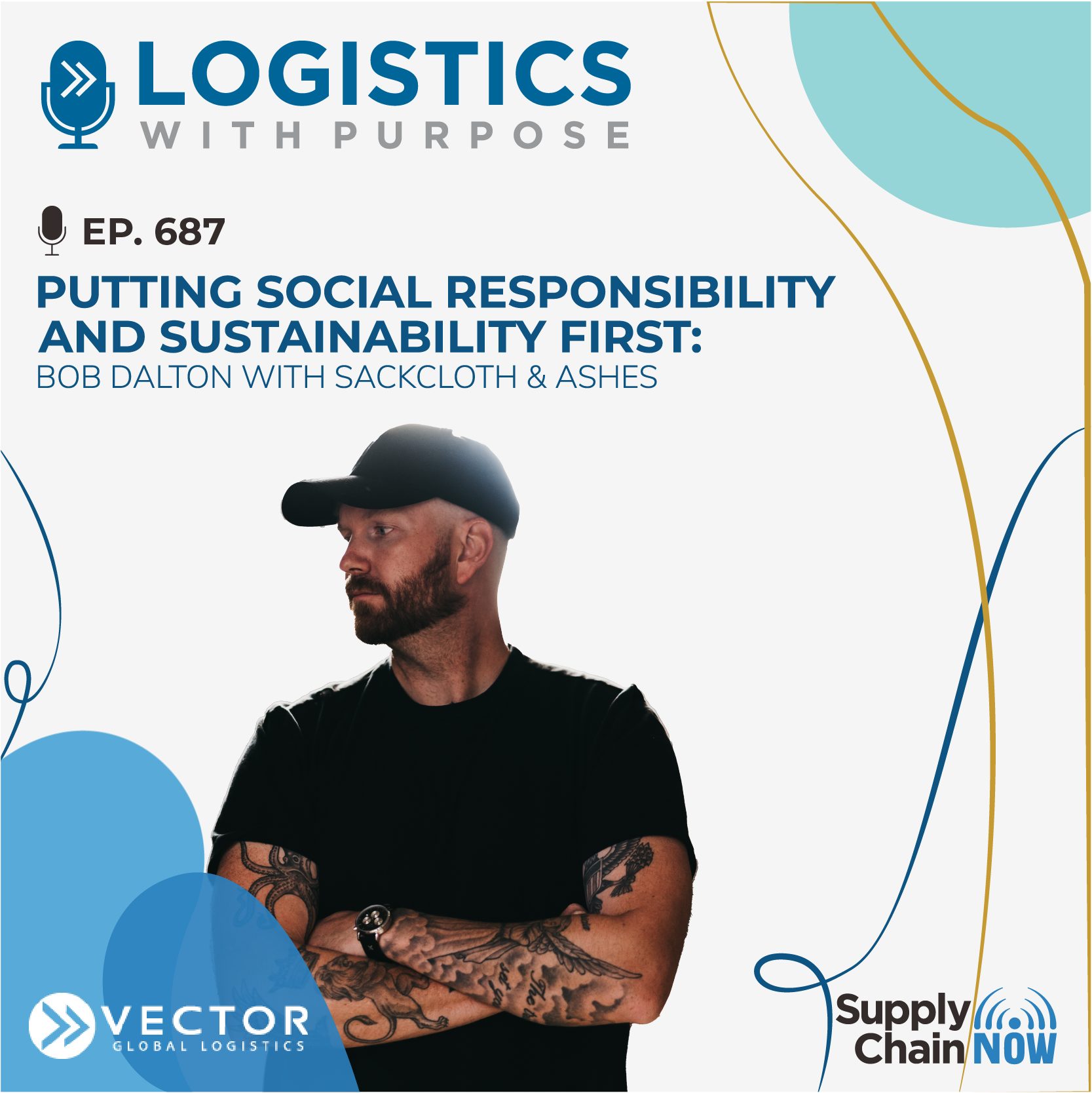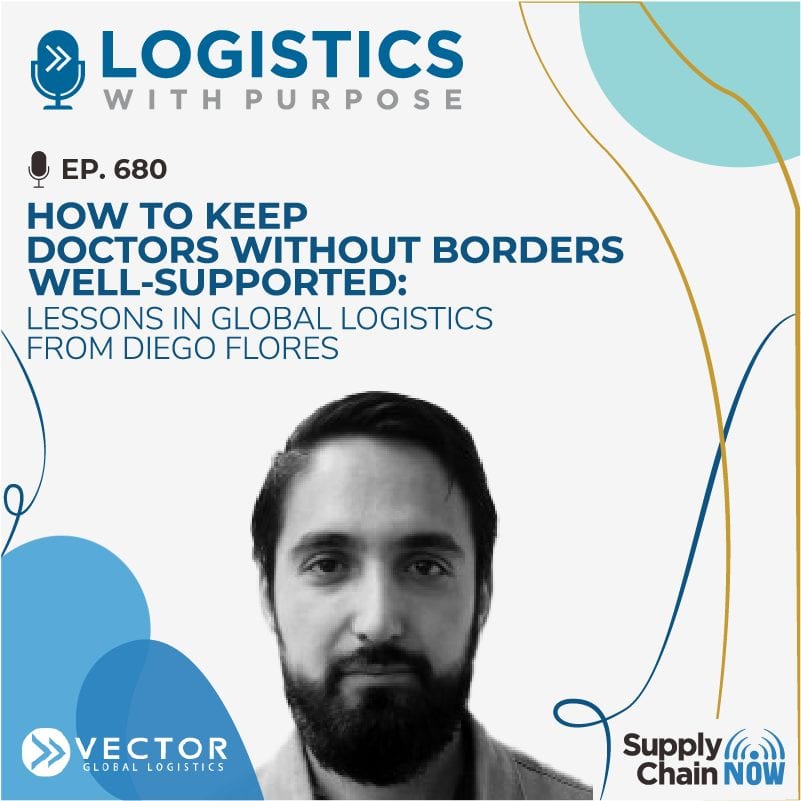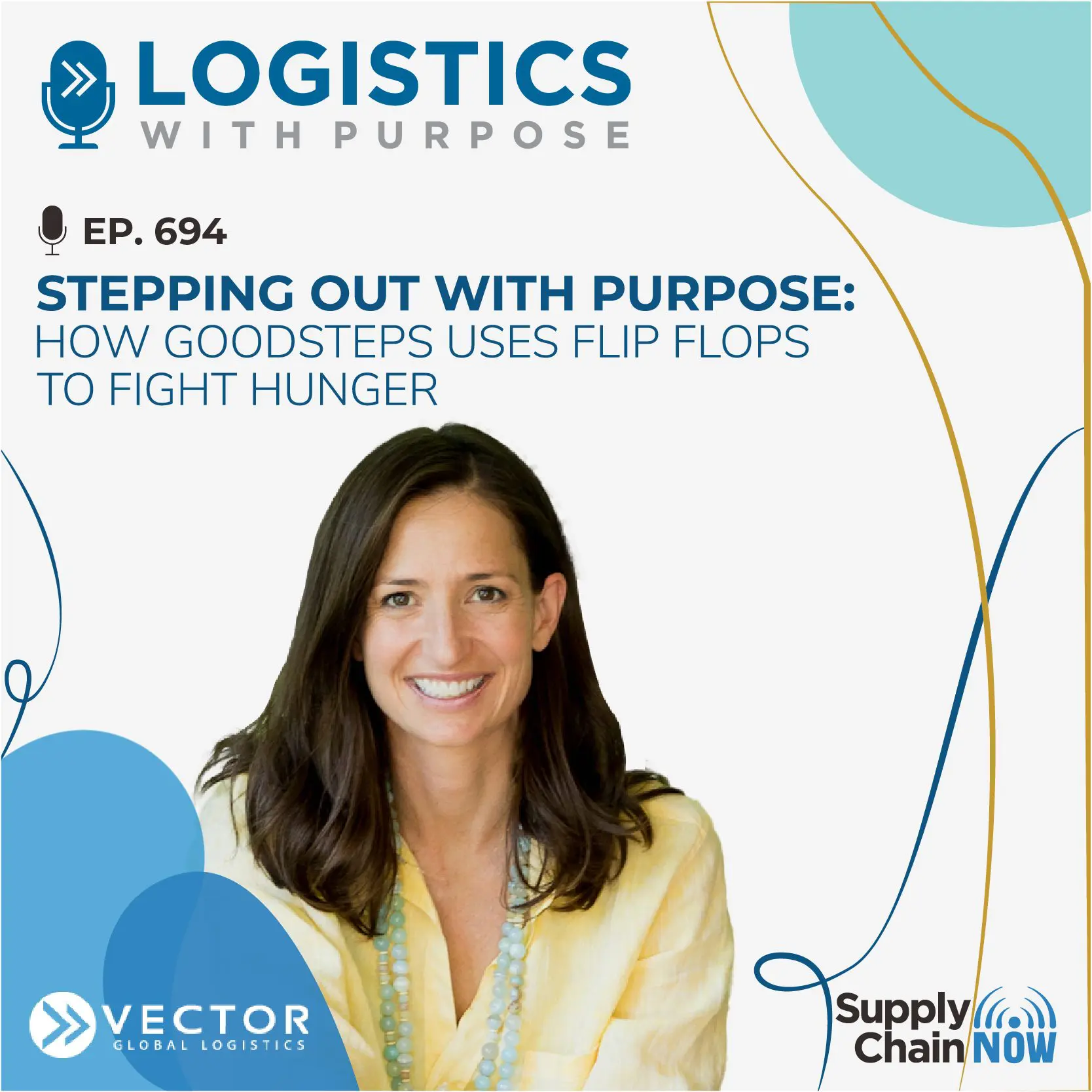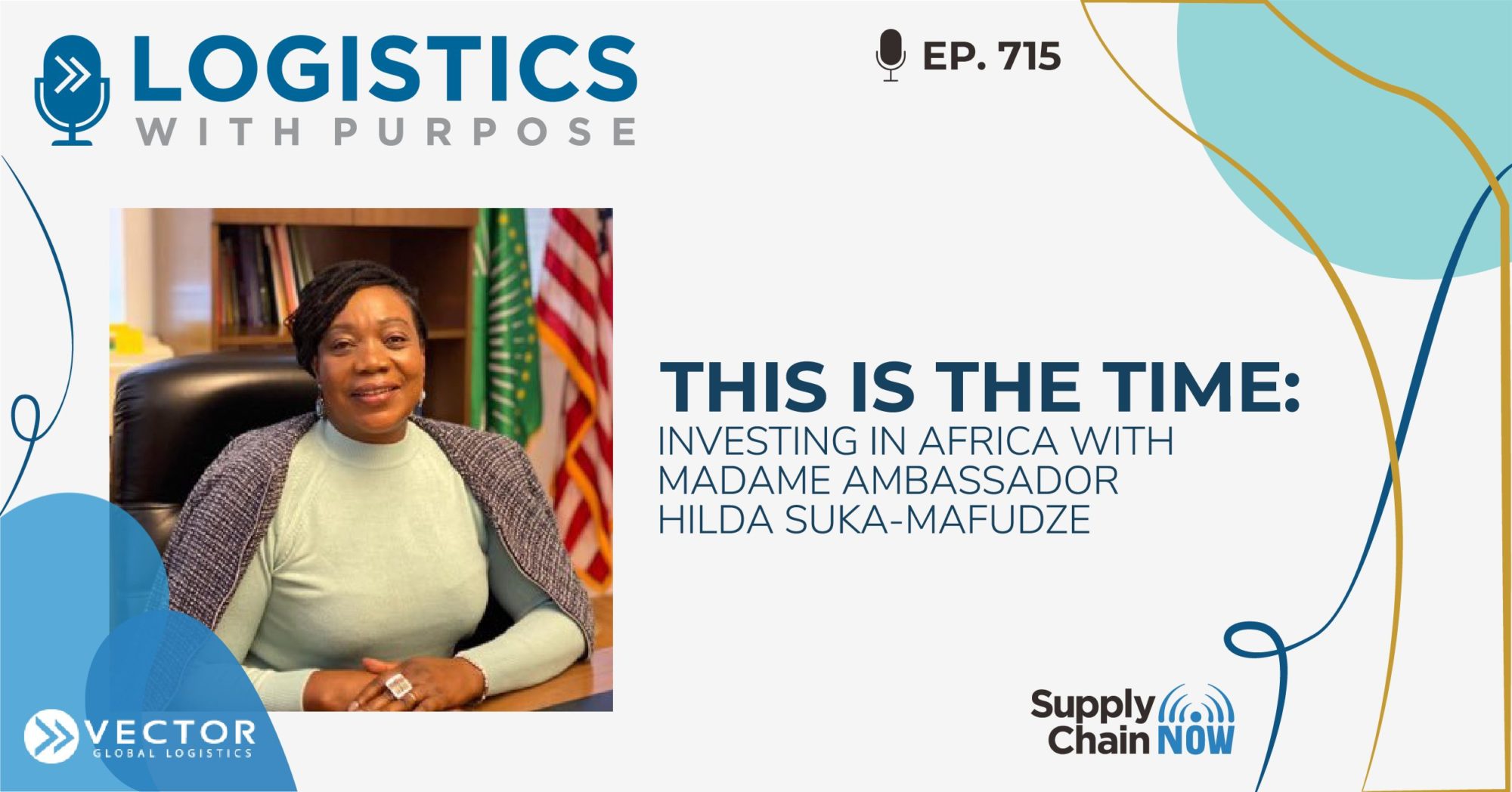
"For American companies that want to invest in Africa, this is the time. This is the time. Africa is open for business, and the tools have been put in place to make it easier for those companies to come in."
-Madame Ambassador Hilda Suka Mafudze
Episode Summary
In a world full of congested ports and supply chain disruptions, what about the continent with 1.3 billion people, 55 countries and endless industrial possibilities? From timeless leadership advice to the timeliness of investing in Africa, Madame Ambassador Hilda Suka Mafudze, the African Union (AU) ambassador to the United States, walks us through the many opportunities and strategic efforts opening across the African Union. In this episode, learn more about the goals of the AU’s continental free trade area, the effort to turn raw goods into finished products in-continent, infrastructure investment opportunities – and the powerful economic role women will continue to play moving forward.
Episode Transcript
Intro/Outro (00:00:03):
Welcome to supply chain. Now the voice of global supply chain supply chain now focuses on the best in the business for our worldwide audience, the people, the technologies, the best practices, and today’s critical issues. The challenges and opportunities stay tuned to hear from those making global business happen right here on supply chain now,
Enrique Alvarez (00:00:33):
Good afternoon, and welcome to another episode of logistics with purpose. I’m your host and Enrique Alvarez. And I have the pleasure of being here with, uh, an excellent guest and of course, a person that you guys probably already know from previous episodes, Patrick with books for Africa today is going to be very exciting. We’re going to be talking a lot about Africa. We’re going to be talking about education. We’re definitely going to be talking about books and the relationship that books for Africa has with the continent. And again, we have a great host today and we have a really great guest as well. So I’ll let me introduce to everyone here, Patrick, how are you doing today? I’m
Pat Plonski (00:01:11):
Great. I’m great. It’s good to see you again. Yeah, my pleasure. Great to be here in the vector headquarters.
Pat Plonski (00:01:18):
We’re excited to
Enrique Alvarez (00:01:19):
Have you here. What brings you down to Atlanta?
Pat Plonski (00:01:21):
Well, we’re happy that our grand opening of our new books for Africa warehouse is occurring tomorrow. And so that’s why we’re here. And we’re so pleased to have our, her excellency of the African union ambassador ambassador Hilda. Sukham a food Z. If I pronounced that correctly and she’s going to be the keynote speaker for our warehouse open house tomorrow, we sent millions of millions of books to Africa and they, the vast majority of them go through this warehouse here, we just reach the 50 million mark a couple of months. Well, now we’re at 51.
Enrique Alvarez (00:01:55):
Yeah. We’re looking forward to the next 50 and celebrating a hundred, but we have ambassador here with us and we’re incredibly happy. It’s an honor to have you. And this is a very special episode for us, as I was telling you before, during our launch. And before we started this recording, we’d gone from a year of coronavirus and being locked inside. And so when we were setting this up, like this is our first official quote, unquote, like a in-person interview of, uh, of someone. And, and it’s funny because it’s, uh, it’s incredible how hard it has been to actually come back when it comes to the, having the set together and the microphones ready and everything. But, but this is great and it’s amazing to kick it off with someone like yourself. No,
Madame Ambassador Hilda Suka Mafudze (00:02:38):
Thank you. Thank you very much, auntie. This is good. The interest in having the Fest in person, you will be surprised it will be embedded in your mind for a long time, and you will not forget
Madame Ambassador Hilda Suka Mafudze (00:02:51):
This meeting. Thank you. Thank
Madame Ambassador Hilda Suka Mafudze (00:02:53):
You for welcoming me to the HQ for Victor. Thank
Enrique Alvarez (00:02:58):
You for being here and, uh, Matilda, uh, always a pleasure to have you as well. Well,
Matilda Arhin (00:03:02):
Thank you. Thank you so much. I’m glad to be here. And I’m looking forward to this conversation because it’s very personal to me and it’s personal to vector global logistics too, because you also have been in the forefront of shipping the books to Ghana and, and other places also. And I thank you, Patrick, for the hard work you do. And Madame, it’s a pleasure. It’s an honor. I do know that Africa is going to do well because of you.
Madame Ambassador Hilda Suka Mafudze (00:03:25):
I look forward to talking to you. Thank you. My sister had,
Enrique Alvarez (00:03:29):
Oh, without, so let us go right into it, right. Uh, why don’t you tell us a little bit more about yourself? Where are you from? Where did you grow? Some kind of fun stories of your upbringing.
Enrique Alvarez (00:03:38):
And we just want to get to know you better because I am a little bit nervous. We’ve never had an ambassador
Enrique Alvarez (00:03:44):
Here before and just, we don’t even know what that means. So what do you do so
Madame Ambassador Hilda Suka Mafudze (00:03:51):
Born in Zimbabwe, in the Western province of Zimbabwe, they call it the mash west in my country, in the, in the constituency. Mondo is where I come from and they got educated at [inaudible] primary school. That’s where I hail from. That’s where I was born.
Enrique Alvarez (00:04:13):
So my salary, um, elementary school is that this was the primary
Madame Ambassador Hilda Suka Mafudze (00:04:17):
School, primary school in Malawi, which is the second city of Zimbabwe. That’s where I was born, closer to the Victoria falls, the one of the wonders of the world,
Enrique Alvarez (00:04:31):
Which everyone has to go and visit at some point. Right? It should be on
Pat Plonski (00:04:34):
Everyone’s bucket list. Yeah, yes. Yeah.
Madame Ambassador Hilda Suka Mafudze (00:04:36):
Put that on their bucket list and you will love it and you will not forget it. I’m
Enrique Alvarez (00:04:41):
Sure. And we will all love to go. And so tell us a little bit more about your upbringing. I think you’ve come from a family of, uh, siblings.
Madame Ambassador Hilda Suka Mafudze (00:04:50):
I have many siblings, my mother not queen, let me call it. She had nine, she gets back to nine children, five girls and four boys. And I am the seventh bond in the family in the last Gale child born in the fingers. Yes. Yes. So, so you were spoiled [inaudible] After me two boys. And they were not very like socially
Madame Ambassador Hilda Suka Mafudze (00:05:30):
Because that was the last born in the family. So I was daddy’s my daddy’s a beautiful gal.
Enrique Alvarez (00:05:40):
Yes. Yes. What do you remember the most about those just leaving in a, in your family and
Madame Ambassador Hilda Suka Mafudze (00:05:47):
Remember that she, you know, being, I was in the second set of the siblings, the other set, which is from the first and down to the darkest Grace Roberts, then, then those four, I think, grew up on their own. And to, with just that set, that was very close from Morris, Betty Hilda, javelin and Kennan was the last born with a set on their own. So we grew up knowing that those who are older than us would look up to them, respects them. Like whenever they tend to give you an advice, you would take it like it’s your father or your mother is giving that advice. But this sense of the five of us below, we will fight. Yeah.
Madame Ambassador Hilda Suka Mafudze (00:06:49):
You’re telling me that kind of, so no, we, we, you really
Madame Ambassador Hilda Suka Mafudze (00:06:54):
Grew up many of us, but you really knew in the process of growing and the process of sharing food in the household, knowing that if it is a loaf of bread, I know Soren, Soren, Soren, so it’s not eating. So it is, if I’m cutting, I’m living for 1, 2, 3, because I think in soy has been here. So they have already taken their two pieces. I’m the third one who has come in, the loaf is somewhere here. So
Madame Ambassador Hilda Suka Mafudze (00:07:21):
It means this there’s the other three, the other two have
Madame Ambassador Hilda Suka Mafudze (00:07:25):
Not eaten. So I would make sure I shared that way. And I take my share in there so that others would get, it was really good.
Enrique Alvarez (00:07:36):
Yeah. Very early on. You’re somewhat right. Of course. To share and make sure you were aware that you’re not the only one
Madame Ambassador Hilda Suka Mafudze (00:07:44):
And the one despoiling at Kymeta latest, right. To where my dad would say, I know something bad happened to my, to my, to my, uh, dialing. I think something happened. She’s not happy. What is happening, you know, and everyone else has said, oh no, she kept it for the whole week before you came, because we were staying in the row area in what it meant was every weekend, my father would come a home. That is a weekend in the it’s a holy day though, when holidaying in the, we was, we were studying in town, but in the rural areas, right. Or compelled to go to the rural areas, every holiday. So that, to correct our mindset, not to be those guys who stay in town in FIV and do all those things, but to be good girl, to be good boys. So to go back home. So my father, every weekend, he would come back home. So whatever you have happened to me on a Monday, when he left early in the morning, going to work in a robbery in the city, in our, to keep that issue until at the end. And my father would tell that something happened to her and she’s not very happy. So that’s how spoiled I was definitely
Matilda Arhin (00:09:01):
Those girl. And he still kept all of you grounded also. Yes.
Madame Ambassador Hilda Suka Mafudze (00:09:06):
Grounded in to, I even didn’t know very well, my rural constituents let’s let’s put it that way. I just didn’t geographically know my way around until I was a bigger girl.
Enrique Alvarez (00:09:22):
Well, so what did your dad do? You said that he went out like every Monday came back on Friday. Yeah.
Madame Ambassador Hilda Suka Mafudze (00:09:27):
Monday, Monday morning, early morning. And the Friday evening is because yes, the infer Monday, it goes in the, you know, that’s how, that’s, how it was working. And also where I come from, it’s closer to Harare, which is the Capitol. So that’s where he was working
Enrique Alvarez (00:09:47):
As you continue to grow. And now you’re here and we’ll talk a little more about your career. Patrick’s going to go with you through that, but any kind of particular Eureka moment or any like special circumstance back then, uh, that maybe your siblings or your dad or your mom, someone that you saw that kind of shape you and do what you are now, because you’d come from, from Simba, from that school, from that rural district to becoming a, an ambassador to the U S which is such an amazing journey, there must have been, were you always expecting to become like an ambassador? Were you dreaming about
Madame Ambassador Hilda Suka Mafudze (00:10:22):
This? I would want to say at the beginning, when you actually just don’t know how the world is shaped, you are still young and you have those siblings
Enrique Alvarez (00:10:42):
[inaudible] and she
Madame Ambassador Hilda Suka Mafudze (00:10:44):
It’s. It’s like you there, those frictions within yourself. So we were two of us as girls. My sister was the sixth bond in the family. And to me being the seventh, born in the family, the eighth was a guy. The ninth was a guy in the, before my big sister was the number five. So don’t be frictions. The boys are saying something, the girls are saying something and do we want to do sports together or playing juggling or playing whatever together. And there are some frictions. My sister really loved to really give it back. So my, yeah, but I do want that. Yeah. I was like, you know, I want it all just very small.
Madame Ambassador Hilda Suka Mafudze (00:11:35):
Let’s move on and you know, work together to get,
Madame Ambassador Hilda Suka Mafudze (00:11:39):
But these fights would come in. The, those fights would sometimes I get a punch and I’m
Madame Ambassador Hilda Suka Mafudze (00:11:46):
Like, but I don’t like these. I didn’t like that.
Madame Ambassador Hilda Suka Mafudze (00:11:50):
It all. So that’s why only Mandarin comes one. We only ma only Friday when daddy comes, is seeing that. I’m not really happy. I wouldn’t go along with it. You know? So it ended me trips to our area sometimes. Was it this one doesn’t like this kind of, she wants to be reading her books
Madame Ambassador Hilda Suka Mafudze (00:12:11):
Thing. She doesn’t want
Madame Ambassador Hilda Suka Mafudze (00:12:14):
This boy kind of fighting. No, that’s how we do
Madame Ambassador Hilda Suka Mafudze (00:12:18):
It. So you were always a diplomat. It sounds like [inaudible] someone, your suicide, see someone is bleeding, bleeding, and whatever. Just didn’t want to see that I want to go in or something like that. That’s how I grew up.
Enrique Alvarez (00:12:39):
Is there something in particular that you remember your mom or your dad telling you like some kind of whatever, like some teaching or some?
Madame Ambassador Hilda Suka Mafudze (00:12:47):
My, my mother in particular was very like, you know, no one will take away your education. No one will take away your education go to school. Education is the most important. And you’ll always find your way to rise in the world. You’ll get some way in the, having those siblings. It became becoming that. Is it liberal girl, beautiful little girl. I became this box person of the family. Even if others want some, like he know where I went for this music program. We don’t have new a new shoes or something like that. And everyone else, or to be scared to go in and tell that man, and then men would say, no, talk to your mother. I don’t have money or something like that. But I would say, no, no, no. We are your children. I’ll tell my father or your children. You’ve got to do something goes, we’re going for this. But I was young and everyone else would wait for me to swear to you. If she, she talks to this man, he’s, he will listen to us. He will listen. So I would go in negotiate. And even my mother would say, they say, I just live it to Hilda
Madame Ambassador Hilda Suka Mafudze (00:14:10):
[inaudible]
Madame Ambassador Hilda Suka Mafudze (00:14:10):
And I would negotiate in the end. My father, when it’s the day you received the seller, you would ask me in particular tech transport to get to town, to his workplace. And I received the money. I go and buy for everybody. Wow.
Madame Ambassador Hilda Suka Mafudze (00:14:33):
[inaudible] I buy?
Madame Ambassador Hilda Suka Mafudze (00:14:34):
I go back home. I give everyone a different one is a hippie and whatever. And then they will just say, thank you. Thank you. So you get your, thank you. No Hilda about all this.
Madame Ambassador Hilda Suka Mafudze (00:14:47):
That’s a very powerful
Enrique Alvarez (00:14:49):
Thing that you did bet your mom is telling you. I do occasion, which is perfect. Segue. Do do, Patrick’s kind of a next step, right? Education critical. Very important. Yes. And
Madame Ambassador Hilda Suka Mafudze (00:15:02):
To meet the well to the, what is the world looking like? And how will you be? If you don’t have the English language, it means then you won’t prosper. You won’t go anywhere. So I was a very close friend to mills and boon, eh, yeah. Books.
Madame Ambassador Hilda Suka Mafudze (00:15:20):
Those are the books I used to read.
Madame Ambassador Hilda Suka Mafudze (00:15:23):
And that’s where I would get the gist of the language, the whole language and the, to try to use it, to try to write your comprehensions at school and they shape your comprehension in a good way. It was the books I was reading. It just doesn’t come. Some of these things, we were born. Some of us not speaking the language of English when we were growing up, but we had to teach yourself. And you had to, when you’re going to school, they were going to teach you in English, into your language. And what it meant was you had to have it in you. If they’re talking of language, they’re talking of education. Yes. We can learn with metrics, geography, history, all that, the English language was very important.
Pat Plonski (00:16:08):
So we go from growing up in a rural area in Zimbabwe. And I grew up on a farm too. So with a large family. So I know much of what you speak, although they didn’t give me the money to [inaudible]
Madame Ambassador Hilda Suka Mafudze (00:16:22):
What number, what number? I was the youngest for many years. And they all thought I was spoiled, but I wasn’t [inaudible]
Pat Plonski (00:16:33):
There was, uh, seven, seven, the youngest
Madame Ambassador Hilda Suka Mafudze (00:16:36):
Of seven, the youngest, I wasn’t
Pat Plonski (00:16:38):
Number six of them. And then my youngest, uh, little sister was born. Um, but you have that give and take with a large rural family. It’s fun, but sometimes not when you’re in the middle of it, but you go from there to being an ambassador, not just of a single country in Africa, but the entire African union. So the question is, how does one get to be ambassador of the African union? What does it take? If, if, if, uh, someone wanted to be ambassador of the African union, like you w what’s the, what’s the secret?
Madame Ambassador Hilda Suka Mafudze (00:17:15):
Uh, I don’t know if it is the best to talk of it as a secret, but it’s you ship your career. You, you have something in your mind, something that keeps on telling you, you can do better. It’s it faced? I became a member of parliament for my hoorah home and only an opposition ticket. Yes. And they, this was a province where the president of the country was coming from. So my constituents, it became like a black.in the, his province, the province of Peyton constituencies. And there’s the one from the opposition. When the ruling party in new or for not opportunity can win in a rural constituents. And I won in a rural constituency. Wow. And she surprised even my president at that given time, but he wasn’t even the president of my party didn’t think the constituent would be one in that area, but they had to embrace him.
Madame Ambassador Hilda Suka Mafudze (00:18:19):
Cause it was a party that was yearning to be bigger, but they didn’t think that they would win in a rural constituency, but they constituents. I won in that constituency, but I worked so hard, so hard that we were nine candidates vying for one post from the, from my party. That is the opposition. Before we even meet up with the ruling party candidates for the last elections, for the primary elections, all nine of them were men. And that was the one. The lady is going to be a question and wherever I would go in the campaign in the constituency, they would make sure they go into destroy. And I would have to go again to say, don’t listen to what is being said. This is the situation we’re moving on. The elections even done. Let’s work together. I’m your candidate. I will be your, I’ll be your messenger for all the challenges that you’re talking about. I’ll be able to tip them into parliament and let you know what we should do in how to move together. How to develop is the constituents. I’m your daughter here comes from here. Then I can do, I can do the best for you. And I won the primary elections. Wow. Before I went to the main
Madame Ambassador Hilda Suka Mafudze (00:19:41):
Election, what I’m talking about? Are you ready? Yes, then. Yeah. It’s brutal.
Madame Ambassador Hilda Suka Mafudze (00:19:48):
Then I just said to go into competition with the ruling party candidate. And she’d been in that constituency for many times, winning in order. And the day I was at one, the constituents and she, it didn’t go along with her very well. And being an opposition, you know what I’m talking about in the row, constituents in Africa, there’s an emitter around us. But at the end of the day, you’ll find that people come to their senses and know that what it means is the people in the area have chosen a person that they think would be able to represent them. I did my best in parliament to represent them, ensuring they get all the books that are developed in parliament, for them to know what’s happening in parliament and out the buying newspapers, the print media, get it to my rural constituents to ensure people are informed.
Madame Ambassador Hilda Suka Mafudze (00:20:45):
And I would say my constituents, the, oh, I would say it was the most knowledgeable for what does it mean? What does the government mean? What does the ruling pertinent? What does an opposition mean? There were so educated to know that the ruling party, even the opposition can win an election and become a ruling party. So when you say government, the government is for us, oh, we have the advantages that call for us to benefit from what the government is doing, because it’s the ruling at the given time. So from being a member of parliament, I realized the gap in my constituents, the gap of lack of information. Yes. The, the, the, the gap that people are not really into, into participating only issues in the, helping themselves to ship themselves by addressing the issues that, eh, give them problems that are challenges to them. They have to be involved. I saw a gap and I decided to come up with an organization, community development and the participation,
Enrique Alvarez (00:21:58):
I, some part of the plan, or once you finished,
Madame Ambassador Hilda Suka Mafudze (00:22:01):
That was out of, that was my initiative. And then I founded that organization, community development and participation. Those, I knew there was a need, there was a need on the ground. There was need to rally people for them to know that the hip to participate the hip, if that demanding, even to the government, whatever area that they are demanding of the hip, to be there to say exactly what not to just like, oh, the government is not doing this for us. It’s not making sure we have water here. And so I incorporated that into the young people, into the women mostly, and also know the men as well. But some women were rallying so much when I was running that organization without even a funding, it faced, I was running around, making sure that what I want that dream of mine, I wanted to be real.
Madame Ambassador Hilda Suka Mafudze (00:23:01):
And from there, I, uh, I saved it to my party. I was out of parliament because my constituents was gerrymandered made into small pieces. And I was told where the ruling party, whichever corner you choose, you’re not gonna win that election. And they’re okay. And I didn’t win, but I had concerns because my fingers in the fingers of the other person was announced as the winner, mine were more because than he is. But anyway, I D I didn’t know where to go in, complain that, and then I have to go along with that. But I went on to build this organization after this organization, I just ask it to party it. Can I volunteer to run the elections? But it was, it was in me to say, this should be something to be done, to run the elections, the elections for the whole country, from my party, my party was fielding a candidate in each and every constituency, just like 130 something constituencies. And to, I ran those, I volunteered, we did those elections. Of course they were controversial. And, uh, I kept on with my party in my party presidency, you have this commitment. Tell me, what would you want to do is just say whatever you can want to me to save the party on, I can, I’m prepared.
Madame Ambassador Hilda Suka Mafudze (00:24:48):
Then he’ll reference my name to the ruling party. Precedent that time we had a coalition that was an OPF in the MTC movement for democratic change. And the reference men name to the president. And the prison was very happy with my, uh, my name being there. Interesting. Yes, it was a hippie because when I won the election in the constituency, he called, he asked me to come in to meet him. And I went to see the presidency of power. My power is, I wonder, in the prison was, how did it, you do
Madame Ambassador Hilda Suka Mafudze (00:25:29):
It, Kim, like Kate, I want you to join,
Enrique Alvarez (00:25:36):
Put three things. What was your, what’s the key ingredient? It was the commitment
Madame Ambassador Hilda Suka Mafudze (00:25:42):
You’re working hard, fairly hard. Maybe it’s a woman working more than you would think of maybe three times more in an area that you or would just pass one once or three times or once or twice. But I would work very hard to when I leave a meeting at live in area community. I have it in my mind that I need to come back here and to give them this answer in the assure them, I will be standing for them in parliament. And that would go back again. That mentor resources. Yeah. That’s another one.
Madame Ambassador Hilda Suka Mafudze (00:26:27):
[inaudible] doesn’t have resources. They have resources. Doesn’t have resources working really, really hard. What else do you think you
Madame Ambassador Hilda Suka Mafudze (00:26:35):
Will have to have committed? This is what you want. You work hard. You stay committed and stay focused. Oh, wow. These is mine. Yes. Do you know? You don’t think of that to weight loss is, is non-existent in you when you had gripped into your really saying to yourself, I am going for this and it doesn’t exist. I’m losing. I will lose. I may lose if it was going to happen. Okay. I don’t know. But to me, I told myself never I will win. And this is mine. Wow. Yes. This is mine. Even the, the newspaper. One of the newspapers in the country called me on the very day of the elections and said, what do you think about your chances? I said, no, it says, where are you going? I said, I’m driving into the concessions right now. And they say, what for when it’s election day? I said, just to, to just convince those sitting on the, on the fence, otherwise I’ve won. That’s what I say. That’s it. I’m just going to convince those few sitting on the fence and I’ve won. You will hear tomorrow day after tomorrow. This is my switch was conviction as well. Yes, it was conviction. Yeah. I think I’ve mentioned then three. Isn’t
Madame Ambassador Hilda Suka Mafudze (00:27:58):
It? [inaudible]
Matilda Arhin (00:28:01):
What I think too is not to interrupt. Is that African elections? What leaders, what you did that I see, I don’t see other leaders do is when you commit that, switch out the rural areas, they want to know that you will come. Yes. Not just stand somewhere and call or talk to them. So that probably was a very endearing tourism. It’s two
Madame Ambassador Hilda Suka Mafudze (00:28:22):
Way, both ways. My sister, because the rural people are truthful people. Yes. Let me put it that way. When they see they’re rallying behind you, they’re surely rallying the, you don’t have to disappoint this, right? Yeah. Yes. Work with them. Show them you are there for them. And they are not there to just pass by, like most politicians too. But you are there to stay in the work. They’re are still calling on me today because you know,
Madame Ambassador Hilda Suka Mafudze (00:28:53):
Some of them won’t know what level you are now. You’re an ambassador they still want, but the elections coming up.
Madame Ambassador Hilda Suka Mafudze (00:29:02):
Yeah, exactly. Don’t tell you about it. Yeah. So after the, these elections, which were really controlled in my country, 2008, 2018, yes. After these elections, then I was referenced by my president out of the coalition that came into being to be one of the buses were fight for fast. One went to Germany, another one went to Australia, another one in Nigeria, they went to Nigeria. I went to Sudan and the fifth one went to synagogue. Wow. Yes. You went to Sudan at this point.
Matilda Arhin (00:29:43):
So what I’m very impressed with it. So that means in bad way. We’ll still work with the opposition when the I power the coalition. Yeah. Because in other countries like Ghana is just contract is contrary. Their position is so sidelined completely. Literally. Yes.
Madame Ambassador Hilda Suka Mafudze (00:30:01):
Tabone, Bheki a presided over the talks. Oh wow. The truth being told, yes, the party opposition had won this election, but there was always a way, you know, but then the noise that kept on coming from the oppositions, made the regional board start to come together and say, let’s make this up and make it so that she to avoid noises in the, in the place. So that’s what happened into it. Became a coalition. And I became an ambassador in Sudan. I stayed in Sudan. Sudan was still one South Sudan. I was covering north South Sudan. Even when it became independent, I still covered South Sudan before my, my, uh, country opened the constituents day in South Sudan. But I received my president, which is usually not unusual without ambassadors I received. My president was from the rolling pattern from Doberson. I received him in, in South Sudan where the independence of South Sudan, that is Robert Mugabe, my prison in the, I don’t know. You see, it says, you’re one of my professional ambassadors. Keep it up. I’m very happy because they are waking basically for your country. You are not running politics. Yes, yes. Into that was it. And when I was in, he came to Sudan in 2015, that was 2011. When he say that 2015, he saw me. I said, oh, I am a lady. By
Madame Ambassador Hilda Suka Mafudze (00:31:43):
The way at [inaudible] makes
Madame Ambassador Hilda Suka Mafudze (00:31:49):
Me so happy. If in your reference for us to open an embassy in South Sudan, it’s made me very happy that there are people working for our country. Yeah. So I would say I stayed 10 years. And your disposition came into being the prison who is there now. And that president was there right now was the speaker of parliament when I was [inaudible]
Madame Ambassador Hilda Suka Mafudze (00:32:15):
Position in the organization. So when he
Madame Ambassador Hilda Suka Mafudze (00:32:19):
Got in me, I was just already, also just picking my bigs in care. So you throw me out or something like that. And I managed to meet him. And you just say, no, no, no, no. President really was saying good things about you. And I know you are hardworking. And the whole country knows you’re hardworking. Well, if you still want to stay in Sudan, I said, no, I want to change. And I was moved to another country in Malawi. That’s how I found myself in Malawi. So it’s a, it’s it’s the work you put into these issues, the commitment, the truthfulness. I remember someone telling me, you will never be a successful politician. Wow. You would never be a successful
Madame Ambassador Hilda Suka Mafudze (00:33:09):
Politician because you speak the truth. Yeah. And do you tell them the truth and you can tell them,
Madame Ambassador Hilda Suka Mafudze (00:33:19):
But you know, God, then just tell people what they want to hear. Yeah.
Madame Ambassador Hilda Suka Mafudze (00:33:25):
You don’t do that.
Pat Plonski (00:33:28):
The calf fall a dish and speaks the truth. Yeah.
Madame Ambassador Hilda Suka Mafudze (00:33:35):
So when that became a diplomat, that was to him. Yes. Sorry. It was a bit on the quiet side. Yeah. So it’s, it’s a whole lot of things that get into place, but hard work is the biggest of it in the web. People see the truth of humanness that is coming from you. What you’re putting across. It’s very truthful. If it’s not going to work, people are told this is not going to work because of one, two or three, and this is the way we should go with it. So I think people in my country, they, you know,
Matilda Arhin (00:34:14):
So you always growing, so yes,
Pat Plonski (00:34:17):
What’s an average day in the life of the African union ambassador. What do you say? What’s a typical day look like? Uh,
Madame Ambassador Hilda Suka Mafudze (00:34:25):
The good thing is the Africa today is like just, I don’t know whether to call it your hot keg or something like that. I am busy from the beginning of the day or sometimes very early in the day, doing meetings of people who actually just want to know how to partner with the African union. How can we partner with the African union? We’re hearing a lot it’s happening in Africa. Africa is the thing today. And to everyone, for those who are in the north course, they really want to, it is the next frontier. Then we put it in ancient African frontier. We have the youngest population, which by maybe 2050 and the talk is 2050 by 2050, we’ll live double dollar population and see will be a certain percentage of the world’s population. And they all would want to make decision without the thought of this Africa.
Madame Ambassador Hilda Suka Mafudze (00:35:36):
When the, is that high, you can’t leave out Africa. The tissue will have to involve Africa because Africa is the shipping itself today to be in, oh, let me put it. The African union organization has made the continent be known there, advertise the continent with so many programs that we, we came up with. I don’t know if they’re going to that right now, or it will come later. The agenda 2063, where we have put the 50 years in front of us from 2018, up to 2063. And they have come up with flex ships. One of the flex ships that I can proudly talk about, which one veiled out of Dota agenda is the Africa continental free trade area,
Enrique Alvarez (00:36:29):
Which we will, uh, talk a lot about it with, uh, w when Matilda’s going to ask a couple of questions about that. But before, and for some of our listeners that are out there, viewers, what is the African union? What does it constitute? How is it formed as your position something appointed or voted? How, what is, tell us a little bit more, just for people that are listening to us and want to understand more what the African union is all about.
Madame Ambassador Hilda Suka Mafudze (00:36:54):
Yes. Uh, African union. This is a union of 55 member states, 55 countries. This is a continent composites of 55 countries in 55 countries. We have no matter what size they are, but as we combine the whole continent, we have 1.3 billion people. So with the regions where we are yearning to integrate, actually the whole idea of African union is to one day to become borderless, become one. I mean, in terms of when it comes to trade, what makes a continent tick? It’s the economies. And the integration is going to begin with the regions. Once we have even the infrastructure development integrated in each and every way we’ll be able to trade within ourselves. We have realized that trading within ourselves is 1.3 billion people will make us one big market, free trade, one big market, and having Africa being borderless. We see our economies
Enrique Alvarez (00:38:23):
Growing here. That’s um, that’s very impressive. And again, let me just break for a second here for anyone that’s just joining us, or that’s enjoying this conversation. We’re here with Madam ambassador to the African union in the U S Patrick from books for Africa, Matilda, and myself. We will be right back. It will be just a quick commercial. We’ll edit this and then we’ll put a books for Africa video, like the, would it before I didn’t mention it before, but it just, uh, I just remember, I think it will be a good thing. So we break in the middle until this will be edited out. How are you feeling so far? Is it going well, do you want us to change anything? Very okay.
Matilda Arhin (00:39:06):
Yeah. I’m excited. Yeah.
Pat Plonski (00:39:09):
I’m excited. So
Madame Ambassador Hilda Suka Mafudze (00:39:12):
I’m like, [inaudible]
Enrique Alvarez (00:39:21):
Welcome back. We’re again with the ambassador, uh, Madam ambassador to the African union, you heard it already Africa and the continent is 1.3 billion people, 55 countries, and an incredible potential for anyone out there. That’s really not paying attention to Africa when they’re doing, I must be probably living under a rock because she said it very clearly. It’s the next and last frontier, I think, uh, very, very, uh, strategically that Africa is for sure. The future of the world in many, many different ways. Yes. Yes. So thank you once again, for, for being here, both of you, Patrick and Madame ambassador. Go ahead. And until that,
Matilda Arhin (00:40:03):
Yeah, no, I’m really excited. And I’m also in the learning mood, so I’m always humbled to have not to put a female connotation, but yes, because the continent is, is a rough patch. You know, when a female wants to strive and make out a steak segue into doing all these things, being in politics and everything else, getting into the African union and being the ambassador to the U S that is probably the most powerful position that a lot of people do not understand because that would ship, could ship the U S Africa relationship, which us is fighting so hard to make sure that you’re positioned to be well with Africa and to do it right. You know? So my question is there’s so much going on with a continental free trade area agreement. What does that continental free trade area and what do you see happening with that?
Madame Ambassador Hilda Suka Mafudze (00:41:04):
Yeah, we may spend the whole [inaudible]
Madame Ambassador Hilda Suka Mafudze (00:41:15):
Africa countries or fraternity area is, uh, it’s one of the flagships of the agenda, 2063. And, uh, the whole idea of this Africa, uh, continental free trade area, his bean is there to ship the Africa that we want growing our economies in shortened, in simple ways, growing our economies. I think I must’ve talked about it earlier when we were clients. We, I said, these need to employ to develop employment, develop these industries so that we’ll be able to employ our, our children grow our economies, make ourselves better with the gender agenda being put on the table in the women. As we know, they are the biggest traders informally in the constituencies is to industrialize Africa, to get Africa, to stage way whereby in the processes of our production, we’ll be able to employ our children from the processes of the production of the goods that we can sell at the end of the day as a finished product.
Madame Ambassador Hilda Suka Mafudze (00:42:51):
I’ll give you an example for, I just saw a video of our president of Ghana who was talking of Coco. We have to develop these, the raw material to become a finished product. Yeah. And in those stages of developing this cocoa beans, we’ll be able to find stages where we will be able to, to employ this young population that is ballooning, which is coming up, we’ll have develop an industry industries that will allow us to be able to, to employ our children that is implemented on its own, that will allow our economies to grow. That will allow us to make it easy for us to trade within each other. The infrastructure which we’re talking about is not only for roads, we want this infrastructure even to do with the digitalization of the there’s, this rash for digitalizing, um, the continent. And in that digitalizing, the, uh, the continent, that’s the only way that can allow us to be at the same level with other countries in
Matilda Arhin (00:44:08):
The world. Yes. So in this case, I mean, you hit something very important to me to treat that youth development, employment and everything else. It looks like COVID also open up all our eyes to see that business is everywhere. Business has become a global village, even though we are all in different countries. So your position in the U S what do you recommend that S the government and the business here do more to bring that relationship close out with them Africa?
Madame Ambassador Hilda Suka Mafudze (00:44:44):
Yeah, the I’m here. It’s one of my mandates. I’m here to grow that relationship. And they’re being here also for books with Africa. It’s also to quote this relationship. They’ve done tremendous work. They’ve done great work on the constituency in, see, we still asking for more, all I tell the us authorities, yes, you are doing business with Africa, but you could do
Matilda Arhin (00:45:16):
More. Yes, that’s fine.
Madame Ambassador Hilda Suka Mafudze (00:45:19):
They could develop more. They could, you know, set up these big corporations that’s which I said to him from the U S which are set up in other continents that could be in Africa as well. There is a gap. The gap is realized whereby Africa is so fast and anyone can come in and can find what to do in Africa, as long as we’re all working together. It, as long as the relationship is a mutually beneficial.
Matilda Arhin (00:45:56):
Exactly. Yes. That’s so important. And you said mutually, I think that is what most of the African leaders are now pushing for mutual benefit, you know, in everything that we do. So there are this one I always kind of, don’t like talking about the challenges, but the challenges could also be opportunities for us. There are a lot of logistical challenges in this continent of retweet area. Like for example, getting goods from one place to the other, or the power shortages or whatnot, what do you suggest needs to be done? Because you were standing in the place where businesses or foreign direct investment can come from right from here and work with Africa to improve in these spaces, to make it easier for the partnership to move forward. What do you suggest, or what do you think of those logistical challenges and how do we navigate that? That’s
Madame Ambassador Hilda Suka Mafudze (00:46:50):
Where the issue is a way by we know, and the very respectfully say the yours it’s money goes into social issues of ours. We are happy with that. It’s causing to the health, it’s caused into the education in other areas as well. But those are very distinct in. Everyone knows us is with us. They work with us and we are happy for that. Now, the challenge that we have in Africa
Enrique Alvarez (00:47:31):
Is the infrastructure. Yep. And Patrick can probably talk a little bit about this, uh, your ship books, all over the continent. You’ve been doing it for quite a while. Okay. What are some of these infrastructure challenges you see in some of the shipments that you deliver and how is it going on, maybe you to Kentucky a bit about before and now, and is it heading in the right the right way? Are we improving?
Pat Plonski (00:48:00):
Yeah. You know, um, any, any organization like ours dealing on a continental level and we’ve shipped books to every single country in Africa. Um, and it’s, how should I say this? It’s remarkably easy. I mean, that’s probably not what you expect, but it can, it’s not that hard to do because I think, you know, there’s a lot of infrastructure that has been established. So, uh, when we need to send books to any country in Africa, we call vector our freight forwarder. They line up the ships, they line up the trucks, they line up everything. And so from my perspective, as a, as a, as a distributor of books across the whole continent, it’s not as hard as you because we can draw on the strengths. Uh, now the challenges, uh, in Africa, such a huge country, probably the rail network, I would say the obvious area.
Pat Plonski (00:49:03):
That would be the sort of infrastructure that would, I think, bring dramatic, um, improvements to, to link east and west Africa, north and south. And I know that the air connections, uh, are, are improving a lot of times, the way you had to get to Africa, the easiest way to get to Africa was to go to Europe first and then to get to another part of Africa, you go back to Europe. So I know that there’s obvious infrastructure improvements that are being worked on with such a huge, huge geographic area. Um, but I, uh, you know, we’ve sent 51 million books and, um, it’s, uh, I would say to any, anyone interested in trading with Africa, uh, it’s not a nightmare. It’s actually easier than you think it would be. Once you figure out the tricks of the trade [inaudible]
Madame Ambassador Hilda Suka Mafudze (00:49:55):
In the freak out. Yeah. Into that. What is talking about the T the link between the regions, right? There would be a railway system. Yes. Yeah. Well, and
Enrique Alvarez (00:50:06):
In terms of, there’s also a problem of, uh, uh, awareness, right? And it sounds like, goes to your point, Patrick. And, uh, it feels like, uh, people think that it’s harder than what it probably is. And maybe that’s one of your biggest challenges being here in the U S trying to convince and bring, raise awareness. That Africa is a really good business partner for any company in the world. Then, particularly for American companies that want to invest in Africa, right?
Madame Ambassador Hilda Suka Mafudze (00:50:37):
For American companies that want to invest in Africa. This is the time. This is the time. This is the time Africa is open for business, and the tools have been put in place to make it easier fulfill for those companies to come in. I would want to say employ the, uh, the American business people to think of investing in also this infrastructure that we are talking about. They, they, they should come in to invest in such. I know some of the challenges that people talk about is the project is, I don’t know the wording of it, but where they say yes, generally people know we should set up your team there, but there are no works that have been done for us to be sure that this dim or coming to fruition and be able to save this and that, and also, and to give electricity and all that.
Madame Ambassador Hilda Suka Mafudze (00:51:41):
If the project is not to develop to such an extent that he’s awake for it, I’m just forgetting the word it’s, it’s not been developed to such a stage. They say the project is not sellable, but I’m saying that’s another area where even the Americans can come in and they make those projects be real. Right. And for those all come into to, to, to, to develop now the, the, the project, let it be, maybe even the government, let them come in to develop that project. It comes into fruition, it’s projection. What does it need to Morrow? What, how much will it be made on this project and all that in all that, let them do it, the government, and maybe have the private sector come in. Well, knowing there’s this kind of project, there’s a real to be built from, from Harare and from, from, from Cape to Cairo in the, it will be it to bring out a good business out of it. Let’s say the, the private sector come in. So for companies that, to the big companies or smaller companies that want to do things in Africa, this is the time a lot has been done in this development of this project is being done to ensure you come in and do your present. We would want the us to do more business with us.
Matilda Arhin (00:53:11):
So I got this thing where, so I think us with the intellectual partnership we do have with Africa, if we can handle project as a supply chain. Yeah. Public private. So you sit, you figure it out from a to Z, then find all the partners within there. Then find a way, I think maybe that’s a conversation that, um, or I’m setting that conversation you were looking at also to help move Africa in the right direction with really without relationship. I would say they are ours relationship to the U S because U S yes. As I’m seeing lately, it’s very interested. So when you going to be a guiding light for all of us to be able to do right with Africa and moving forward, and where are you starting, or where are you? Yeah. See,
Madame Ambassador Hilda Suka Mafudze (00:54:02):
There’s never been a good, uh, time for us to relate strongly. And the good thing, there’s this opening for us to say, truthfully, exactly what I’m seeing here, that we want a mutually benefiting, uh, relationship with the U S in the U S was also eager. I think you heard what president Biden said before the summit, two of our presidents that was in John [inaudible]. Yes. During that summit, before where he spoke to the president of Africa in there, he says maybe next year we’ll be with him in Africa, physically for him to see for himself to be able to meet with these presidents and all that hoping, eh, the spigot pandemic will be something which we’ll put behind us, but you showed that willingness to work with Africa. You showed the willingness to say, even not with the president, even the leadership that is in government today in this country, they are seized in working with Africa right in, this is the time in the Africa is impressing, embracing them and say, let’s work together in the, this is the time Africa, it’s got it set up its tools in a way that this work can be done in an easier way.
Enrique Alvarez (00:55:28):
We are, uh, we see this everyday, right in logistics and there’s, uh, Patrick who will send books for Africa to Africa. We coordinate shipments for our clients around the world. And I think that you’re right. I think it’s the right time. There’s a lot of emphasis in Asia and China. We can start shifting some of that to Africa and the content. I think that that would be incredibly beneficial for at least the supply chain industry. So I would, I would encourage everyone. That’s kind of like listening to this episode, do look into Africa. There’s really important opportunities in Africa. I think supply chains are going to start looking into Africa with different lights, with different eyes and, uh, in, with everything that’s going on with the lack of equipment and the price is going to the roof and so much congestion in our ports and, uh, China, Asia in particular, I think Africa opens up a, an opportunity for everyone, right.
Madame Ambassador Hilda Suka Mafudze (00:56:23):
And there’s a human resource talk of human resource. Yeah. You said the younger, the younger population, very education
Enrique Alvarez (00:56:33):
Educated, very educated.
Madame Ambassador Hilda Suka Mafudze (00:56:35):
Yes. Yeah. We can have other challenges. Of course, that can be found in each and every continent whereby some of, in some of the countries that could be having children that are not going to school already, but to never leave the human resource in Africa is just there. I was surprised passing through some restaurants and seeing we are hiring we’re hiring, and I’m coming from Africa. And I say that to myself, I want my continent to be like this tomorrow. Where does that kind of opening way by when these, the industry grows, when we have this industry, I think it will allow all those areas to be taking. And they talk off women, the informal traders, the cross-border, those women are doing great work. They have sustained economies. People can, may not have the figures to know what we meant they’ve done, but the good thing African union is working so hard to ensure these women are not sure to change as they cross these borders to go into this other countries, to do their trade. Women have done so well in Africa, and
Enrique Alvarez (00:57:54):
They have sustain the economies of a different country. So, yes, without, I just want to come back full circle through to you. And the relationship that you have with, uh, with Africa is an also you, a part of the African union has with books for Africa. What go ahead. What, what does it mean to you to have such great connection
Pat Plonski (00:58:16):
On behalf of books for Africa and all of our supporters all across the world, uh, including in Africa, the recipients of our books, that people raising money to send those books and donating books and coordinating. Um, I really appreciate the support of the ambassador and her office in helping, uh, to work with us, to, to help, uh, work together, to improve levels of education across the African continent. It’s I guess, uh, you know, it’s a continental, uh, vision, and we really welcome, uh, the ambassadors, uh, willingness to, to assist in this, to work with us, uh, to work in collaboration so that we can achieve more. And so I also really appreciate the ambassador coming here to Atlanta, to be the keynote speaker for our christening of our new warehouse. Uh, and so we’re having that big event tomorrow. We look forward to her formal remarks and we look forward to many of the informal remarks. So a lot of times the things that get are these old sideline conversations where an idea it’s percolating. And so I think, um, you know, some ideas, uh, have been discussed and hopefully more in the future about additional collaborations whereby we can work together, uh, to, to improve education. So we really look forward to that. Thank you, ambassador, uh, for coming. And, uh, we look forward to hearing your remarks tomorrow and continuing to work with you and your office.
Madame Ambassador Hilda Suka Mafudze (00:59:49):
No, thank you. Thank you for everything
Enrique Alvarez (00:59:51):
So much. This has been a very interesting, as you say, we can probably continue to talk for at least a couple of more hours on your only the free trade agreement, but also like the African union, but just like your incredible kind of a life story. And so we’re super humbled, uh, here at vector. Thank you, Patrick, for, for giving us this amazing opportunity. Thank you for taking the time to, to come with us today and share some of your experiences with us. And before we kind of wrap everything up and we kind of close this, uh, really interesting episode, just, uh, if you have like any challenge to our audience, if you could challenge our audience, uh, about something, what, what would that be? And with that, just wrap up this episode for us, if you don’t mind, but I’m an ambassador.
Madame Ambassador Hilda Suka Mafudze (01:00:36):
I would want to just say the way is Africa as we speak. And they’re having these collaborations with the books for Africa, where I’ve already mentioned that we have the, the resource, the human resource that is very strong in Africa and the doing business with Africa would be the thing at the moment. And they don’t be left out. Africa is on the move and say, a note is being developed in the, those who are doing business at the end of the day are ripping their [inaudible] fruits and they’re making their companies, their organizations strong. And I would say African union is ready to work with you. And to open these doors in any country that you may choose to go into, there are 55 countries in the 1.3 billion people. What a big market, one single market. It is the biggest, well, thank you there, you have
Enrique Alvarez (01:01:43):
It. And as you said, you don’t want to be left out. Other countries are already doing that. So at the end of the day, this is not only important and interesting for the us, but it’s also a race against other countries out there that are already looking into Africa as the next, as the next frontier, as you put it in once again, thank you very much for everyone listening, everyone watching this episode, if you like it and enjoy conversations like the one that we have today, don’t forget to subscribe. We’re part of the supply chain now network. And this has been another episode of logistics with purpose. Thank you very much, and I’ll see you next time. Thank you. Thank you. Thank you
Intro/Outro (01:02:21):
For being a part of our supply chain. Now, community check out all of our programming@supplychainnow.com and make sure you subscribe to supply chain. Now anywhere you listen to podcasts and follow us on Facebook, LinkedIn, Twitter, and Instagram. See you next time on supply chain. Now
Featured Guests
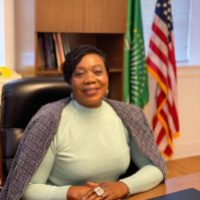
Madame Ambassador Hilda Suka Mafudze is the Ambassador of the African Union to the United States of America. She is an experienced Ambassador with a demonstrated history of working in the international affairs industry. She is skilled in Government, Humanitarian, International Relations, English, and Non-Governmental Organizations (NGOs). She is a strong community and social services professional with a Master of Arts focused in International Relations and the Word Order from University of Leicester. Connect with Madame Ambassador on LinkedIn.
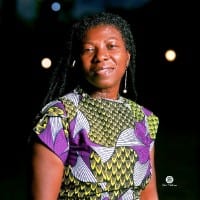
A negotiator for multilateral trade agreements, Matilda Arhin has consulted for SMEs and start-ups from a diverse range of industries in Switzerland, the United States, and Africa, including eCommerce, transportation, manufacturing and technology, energy, consumer goods, housing infrastructure, healthcare and agriculture. She has also consulted for the public sector and government organizations in Africa, Switzerland and the United States. She was the prime influence behind a series of initiatives to enhance trade, investment, and economic cooperation with African countries and is recognized as one of the foremost experts on African trade, investment and education. She recently joined Vector Global Logistics as a business developer.
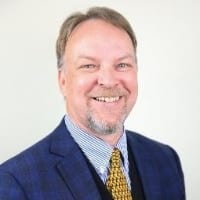
Patrick Plonski, Ph.D. has served as the Executive Director of Books for Africa since 2003. He holds a Ph.D. in International Education (2009) and previously served as Executive Director of the Minnesota Agricultural Education Leadership Council at the University of Minnesota (1998-2003), and Committee Administrator for the Minnesota House of Representatives Committee on Agriculture (1987-1998). Learn more about Books for Africa here: https://www.booksforafrica.org/
Hosts
Additional Links & Resources
WEBINAR- State of the Supply Chain Report – Priorities for Building Resiliency in Your Supply Network
